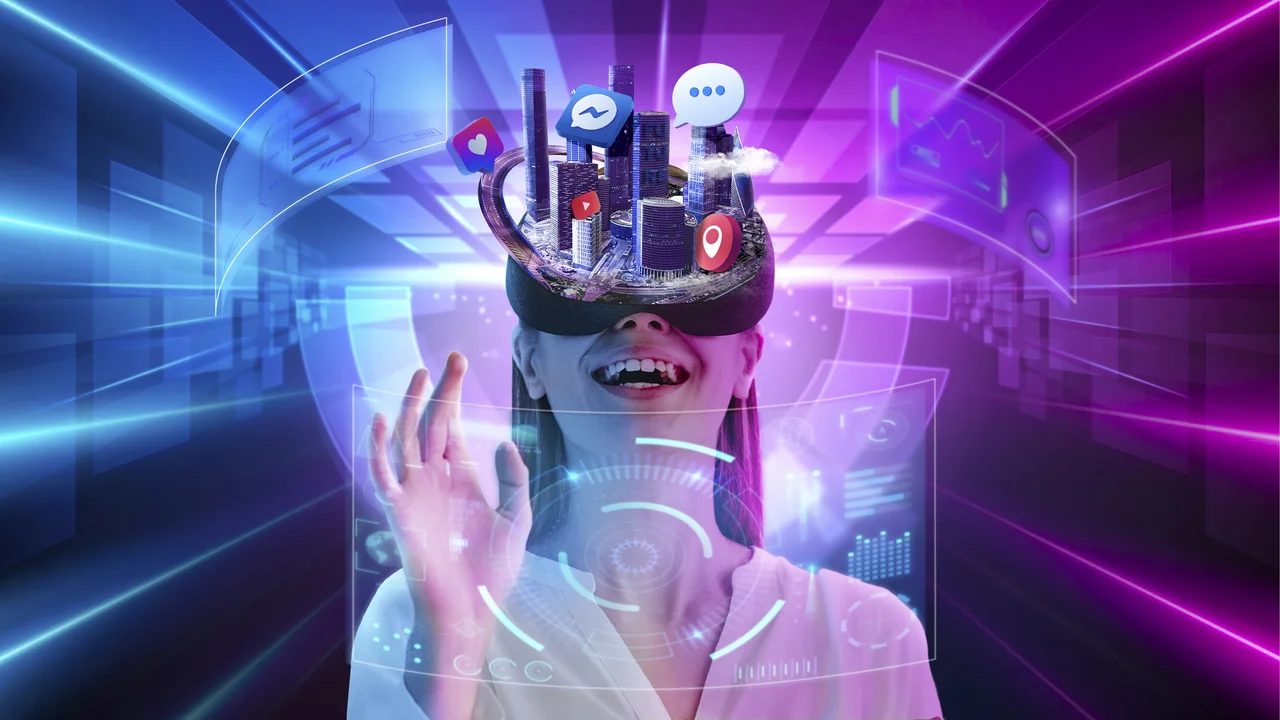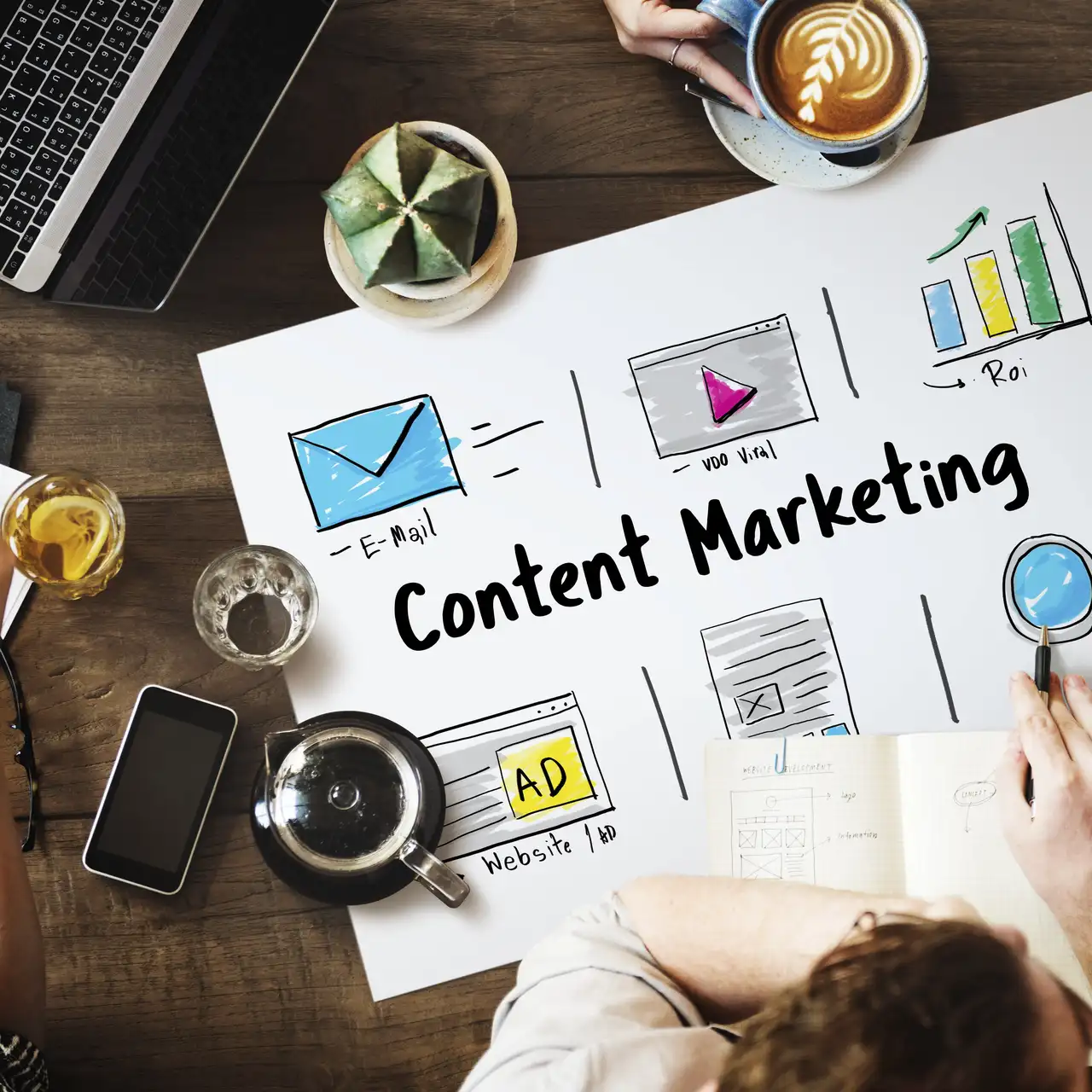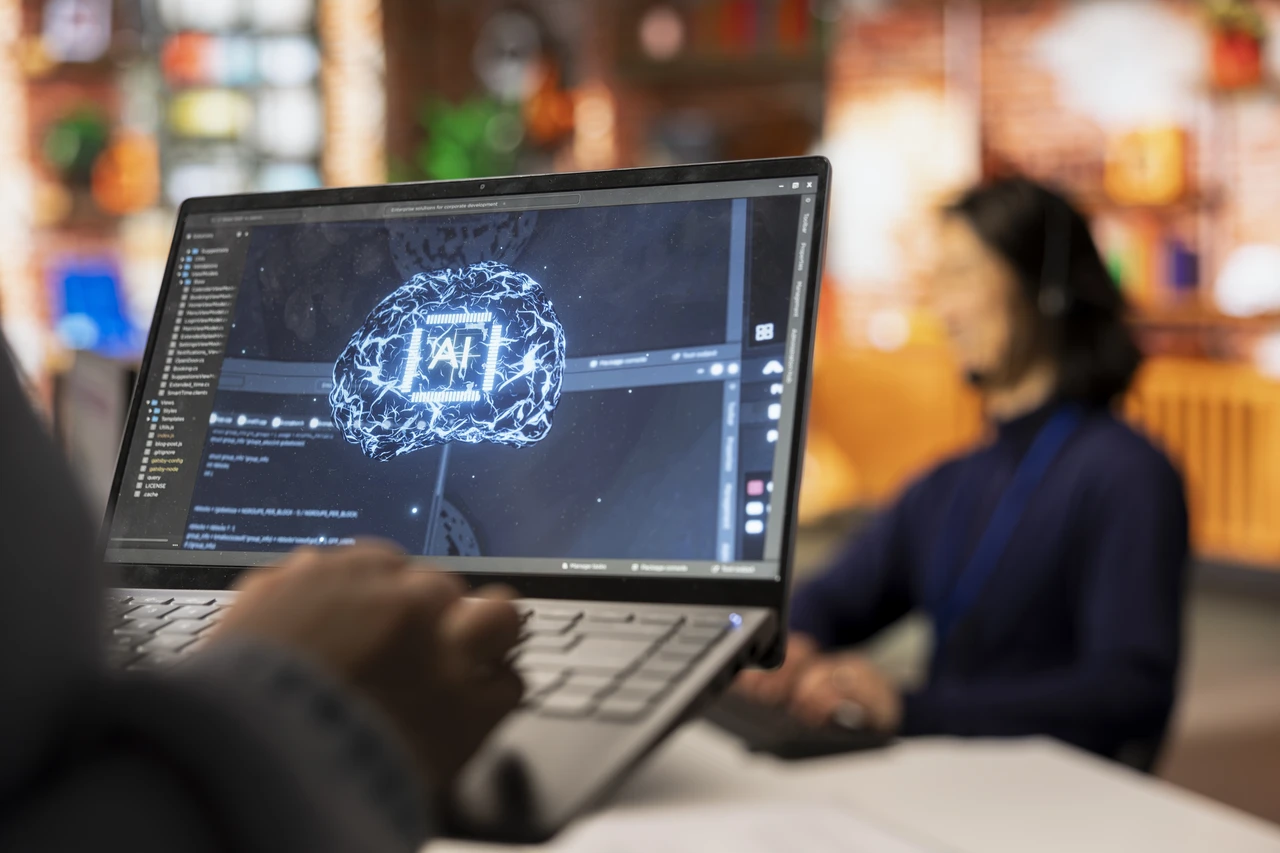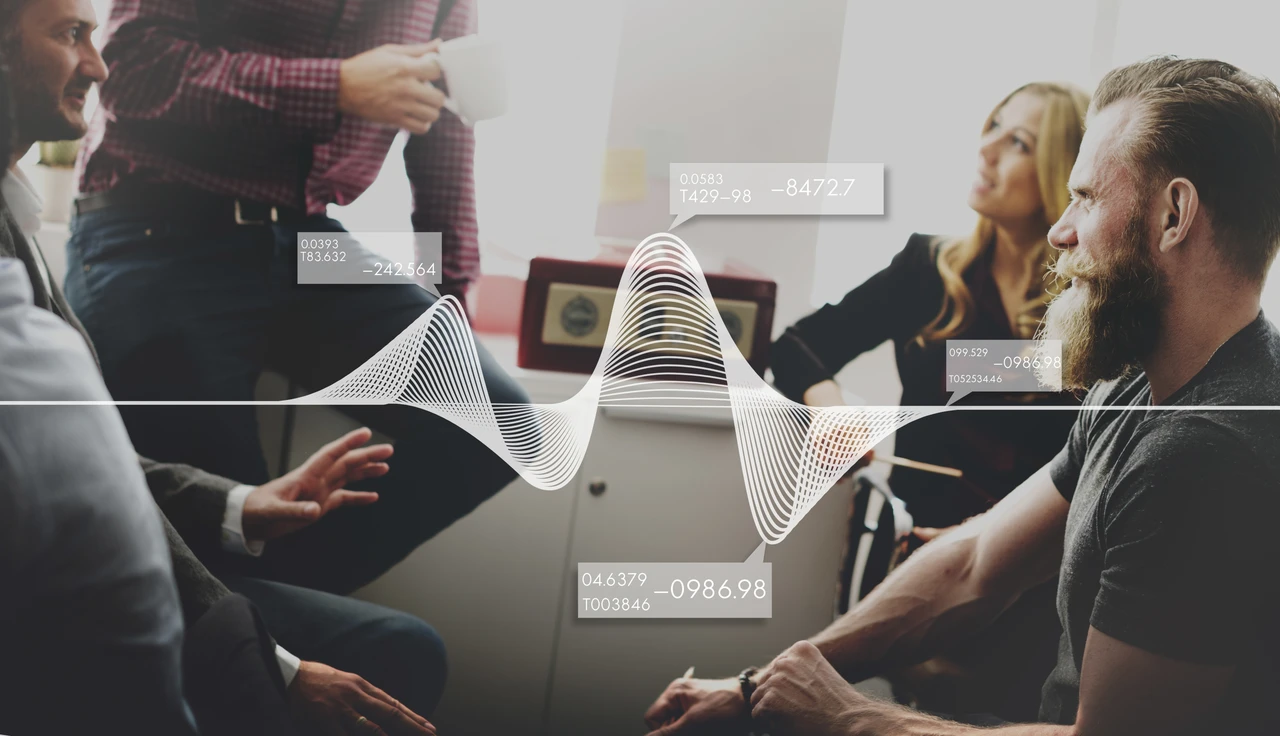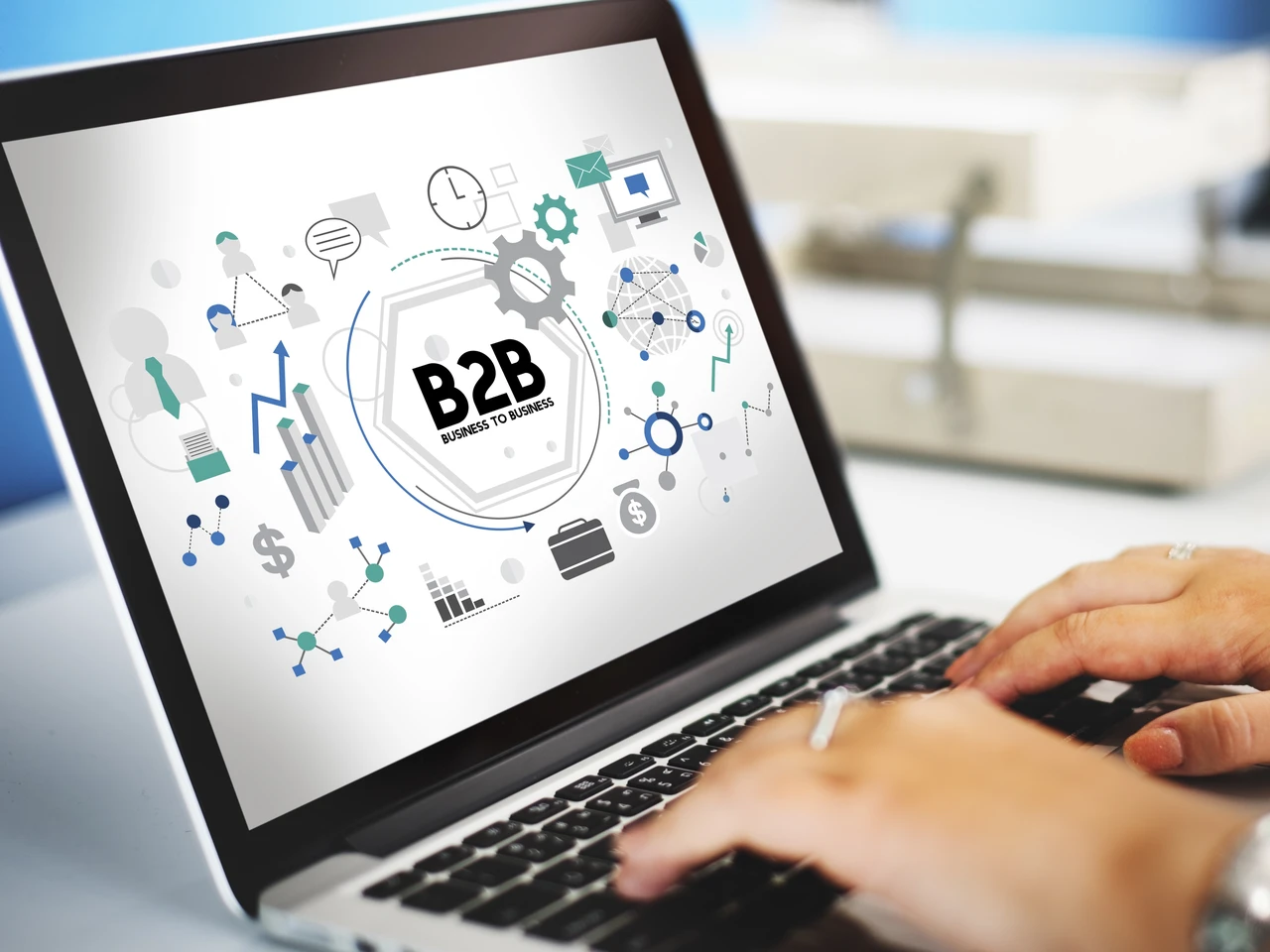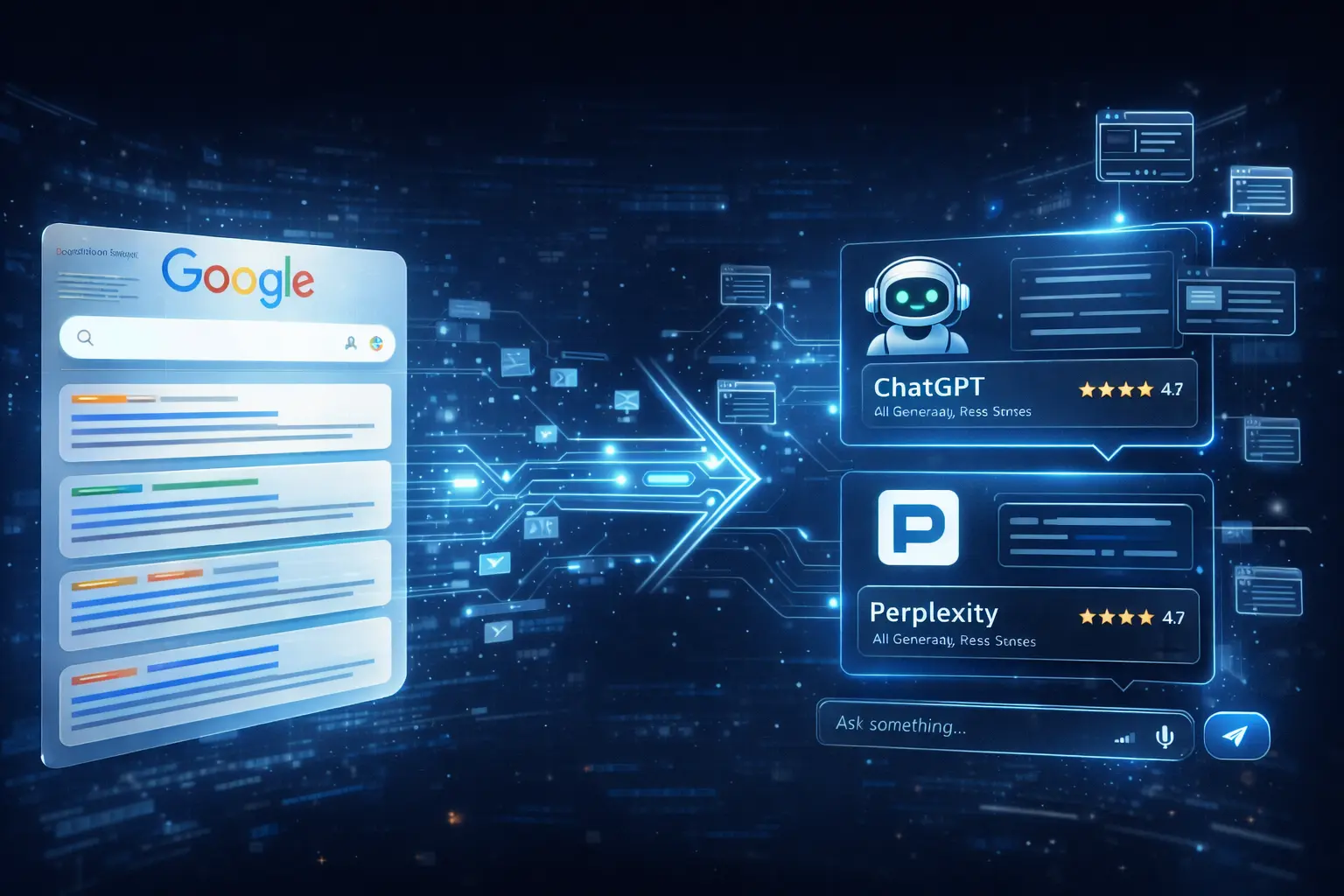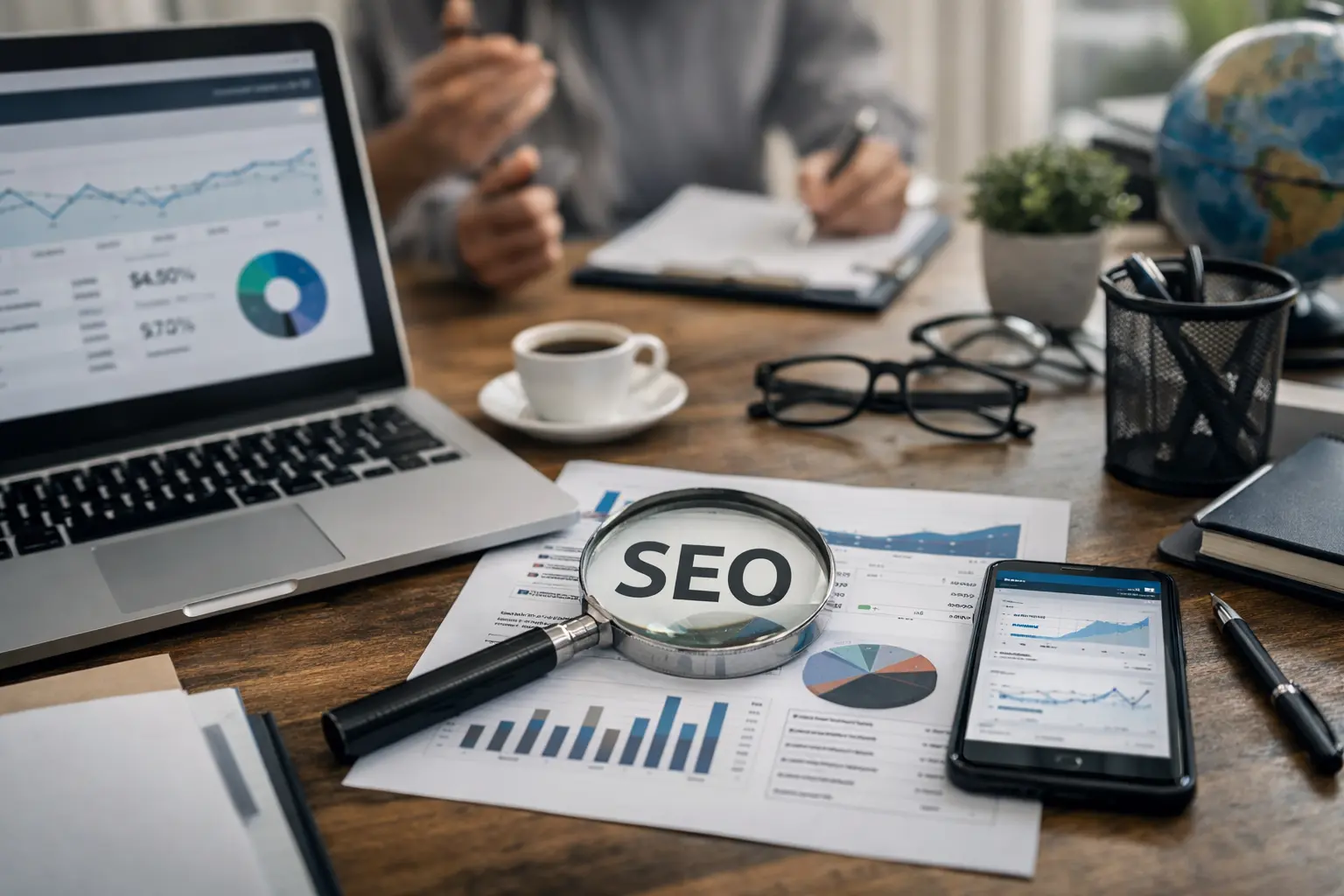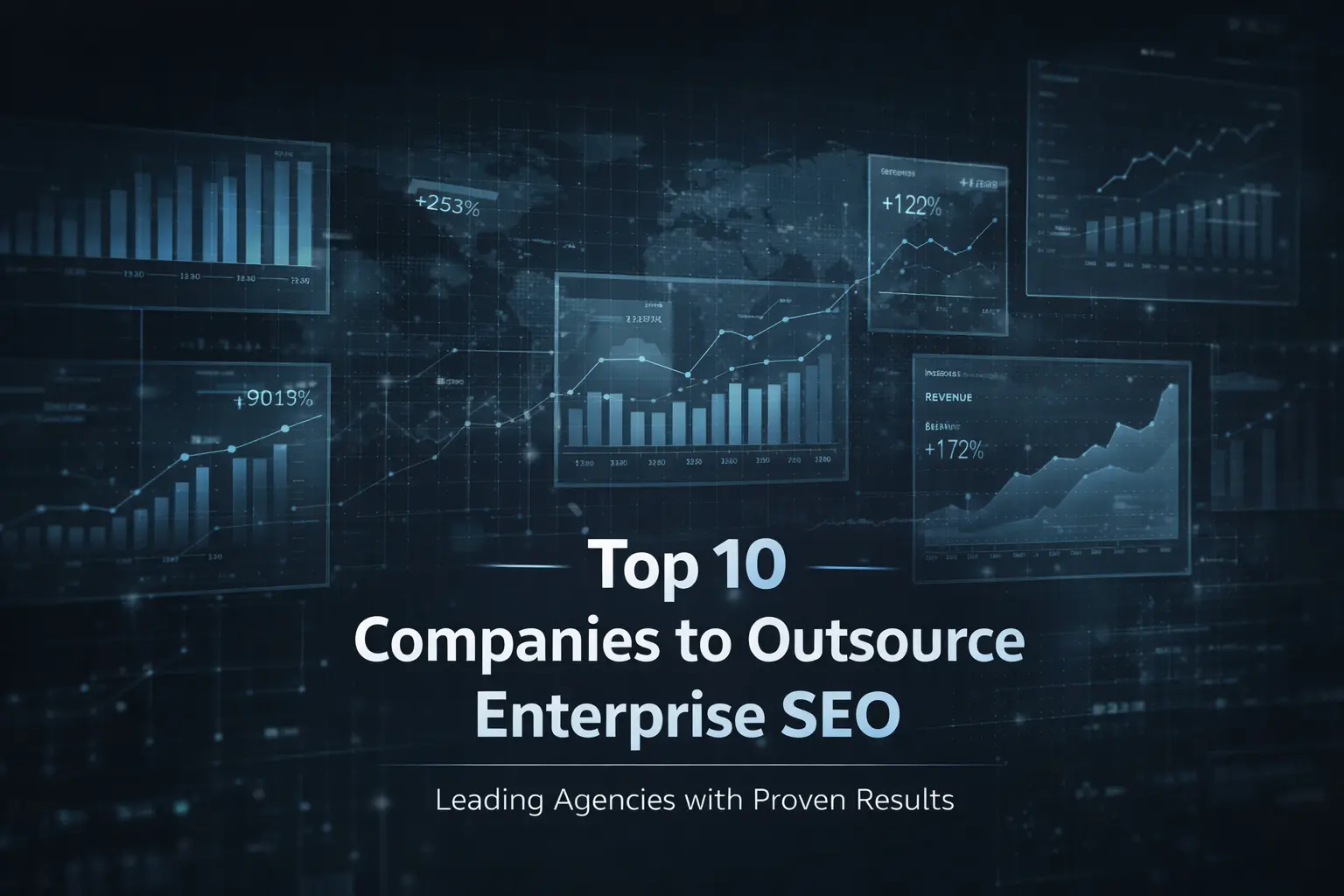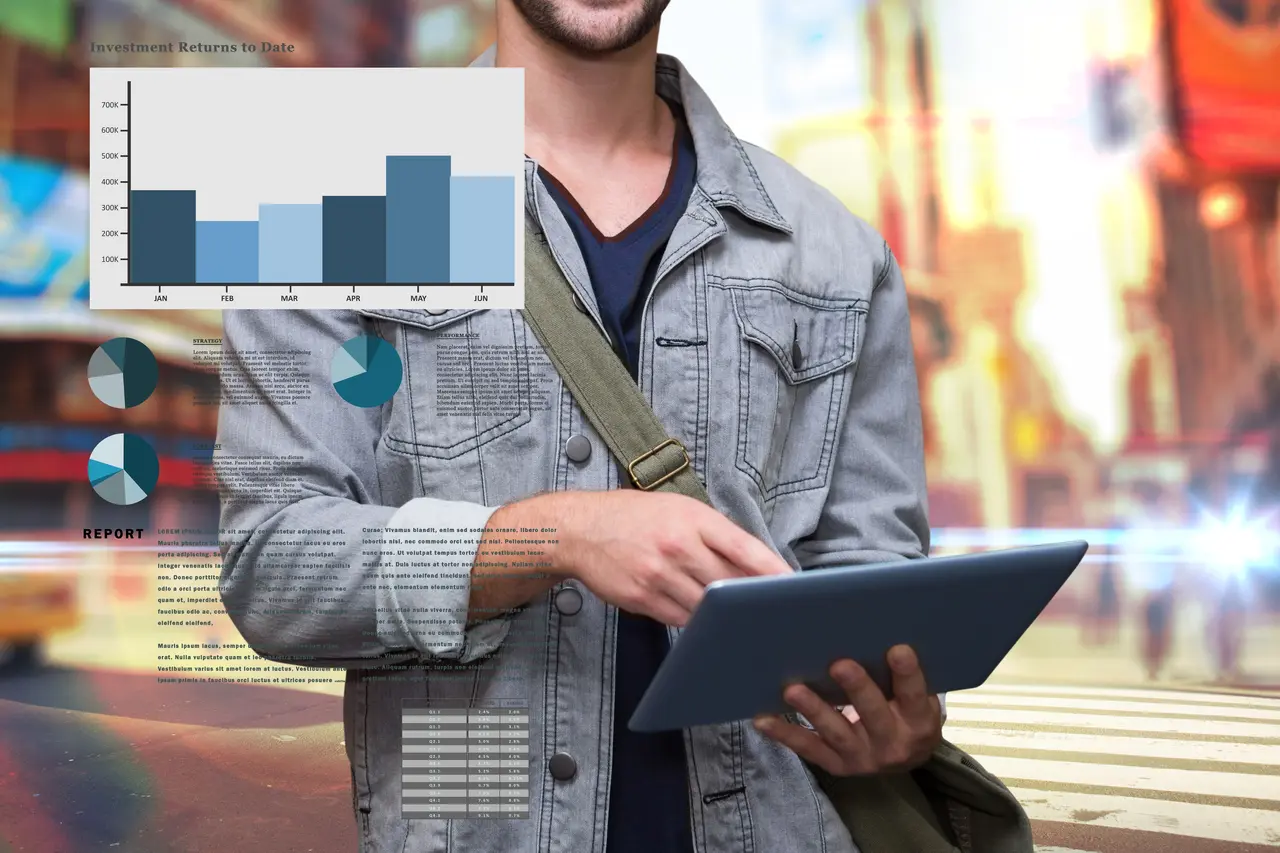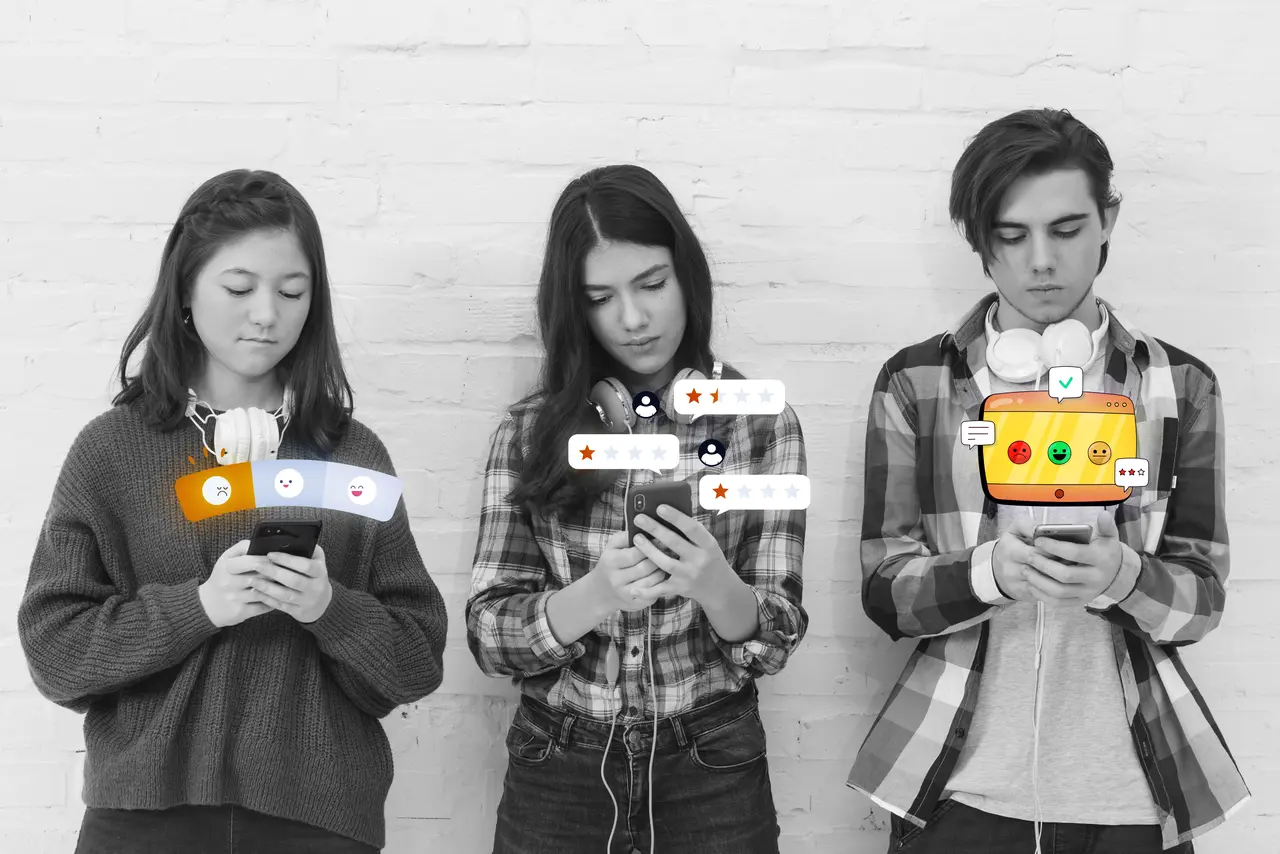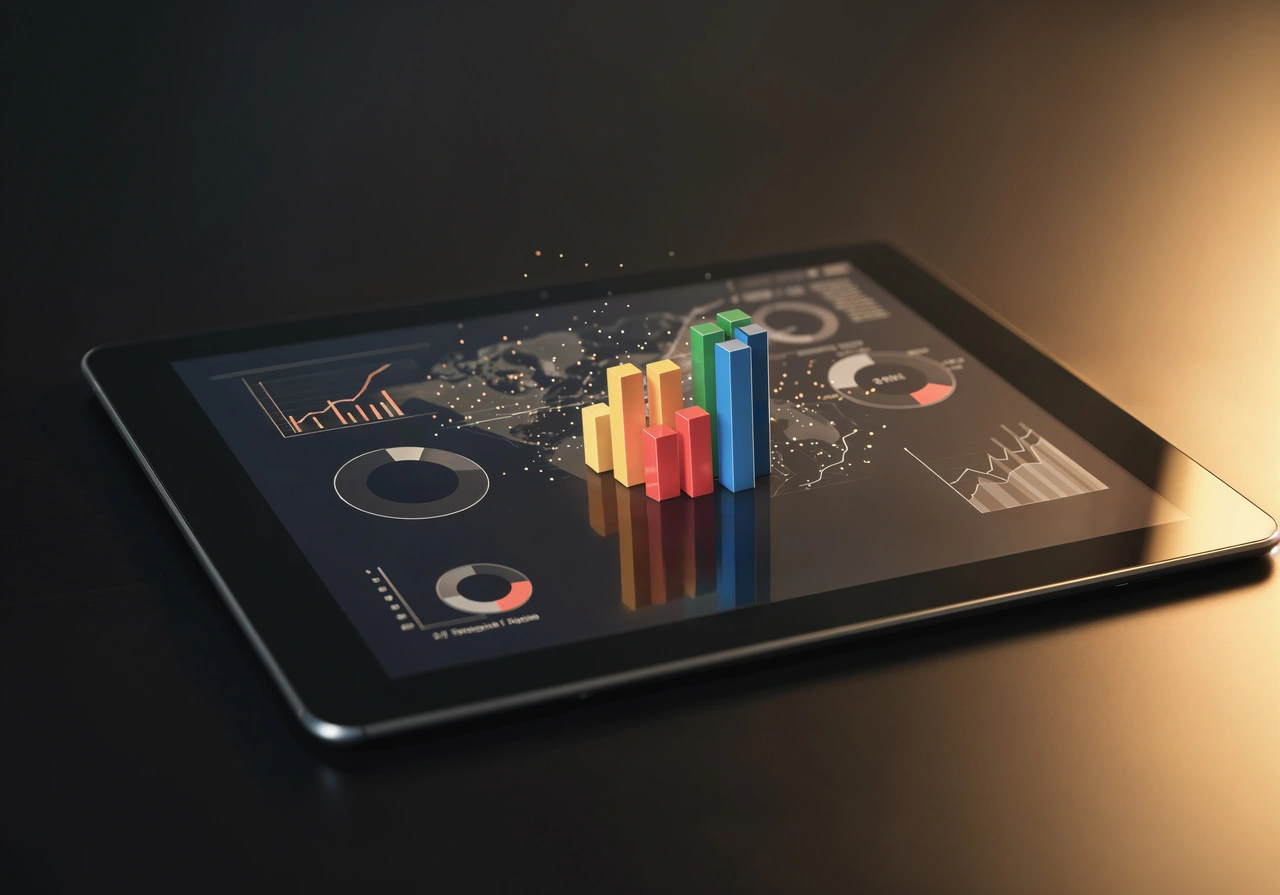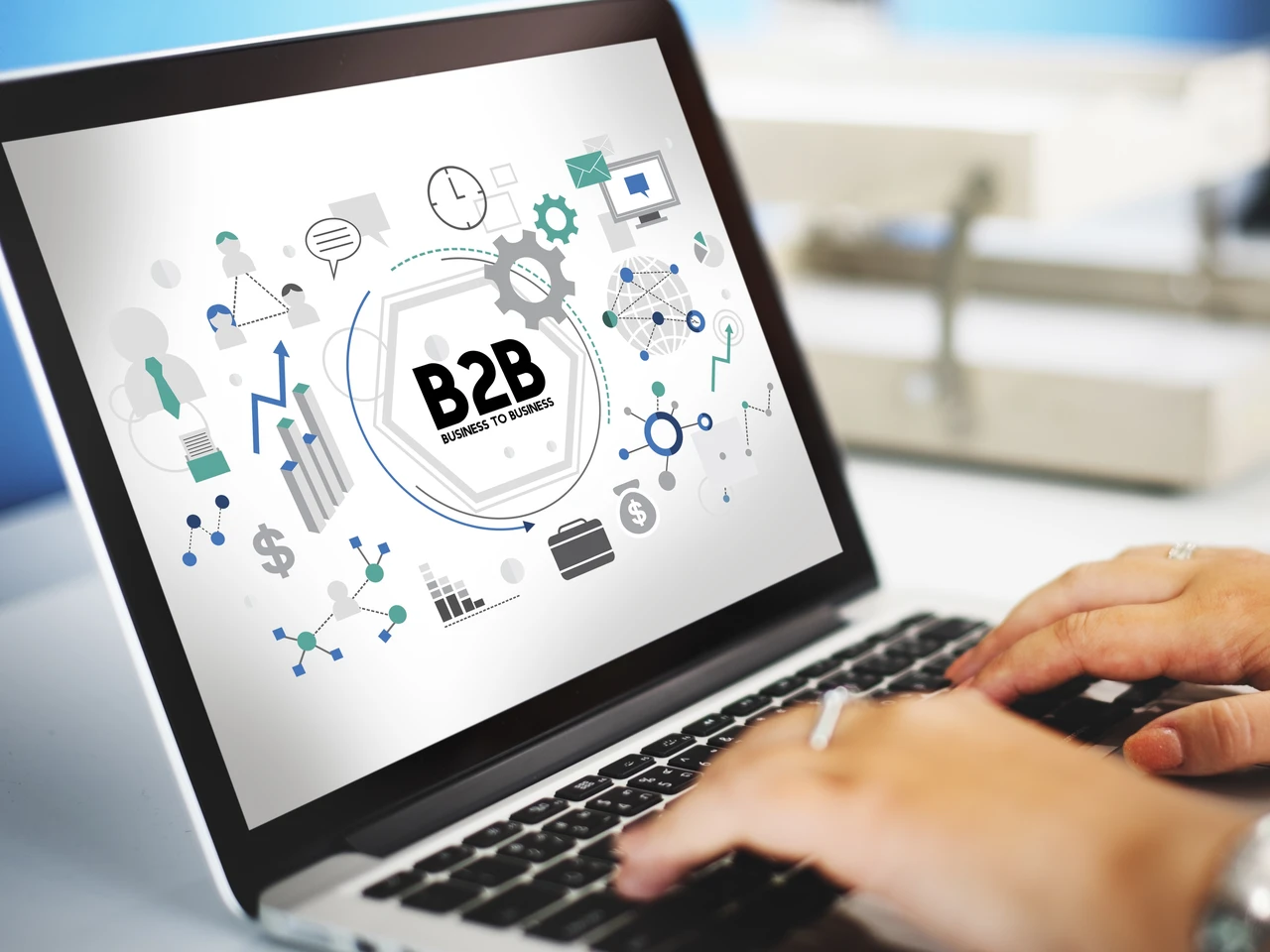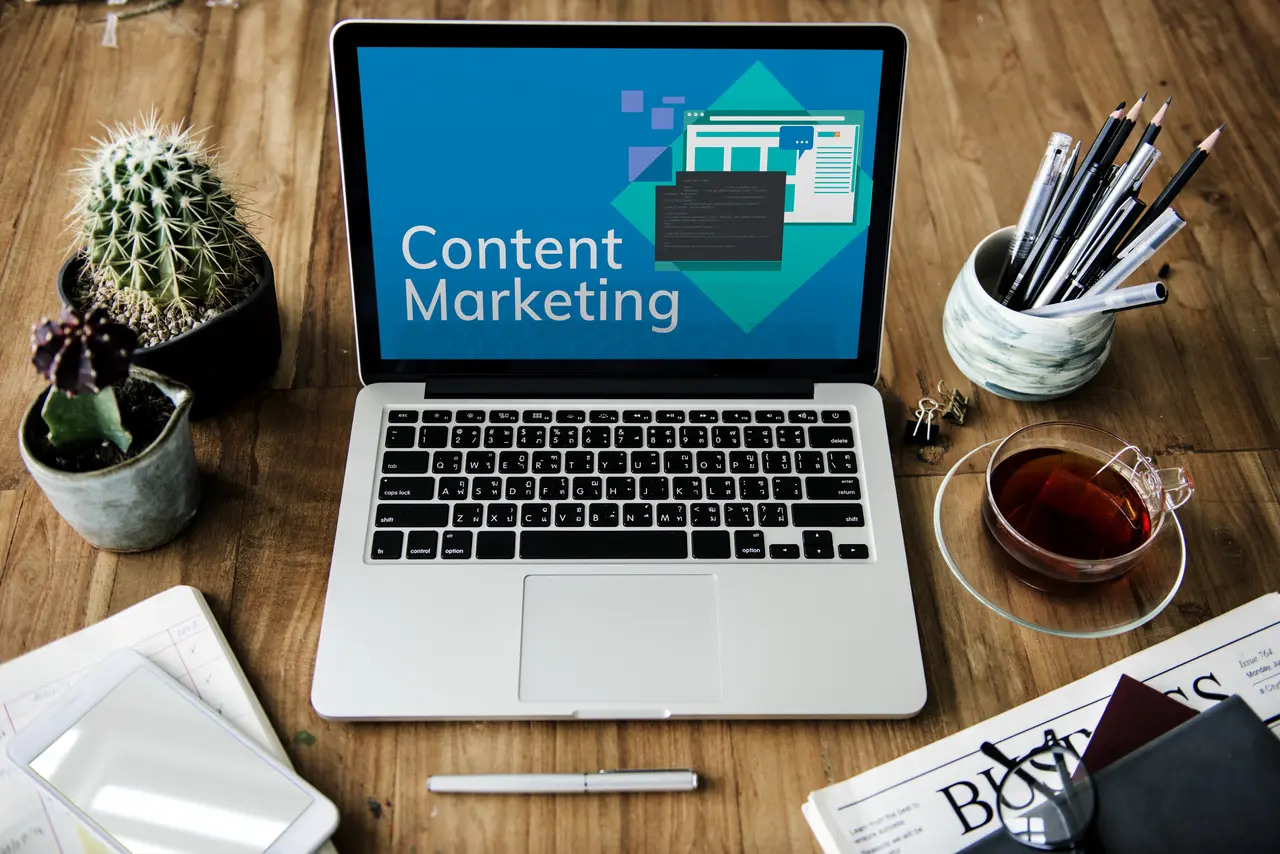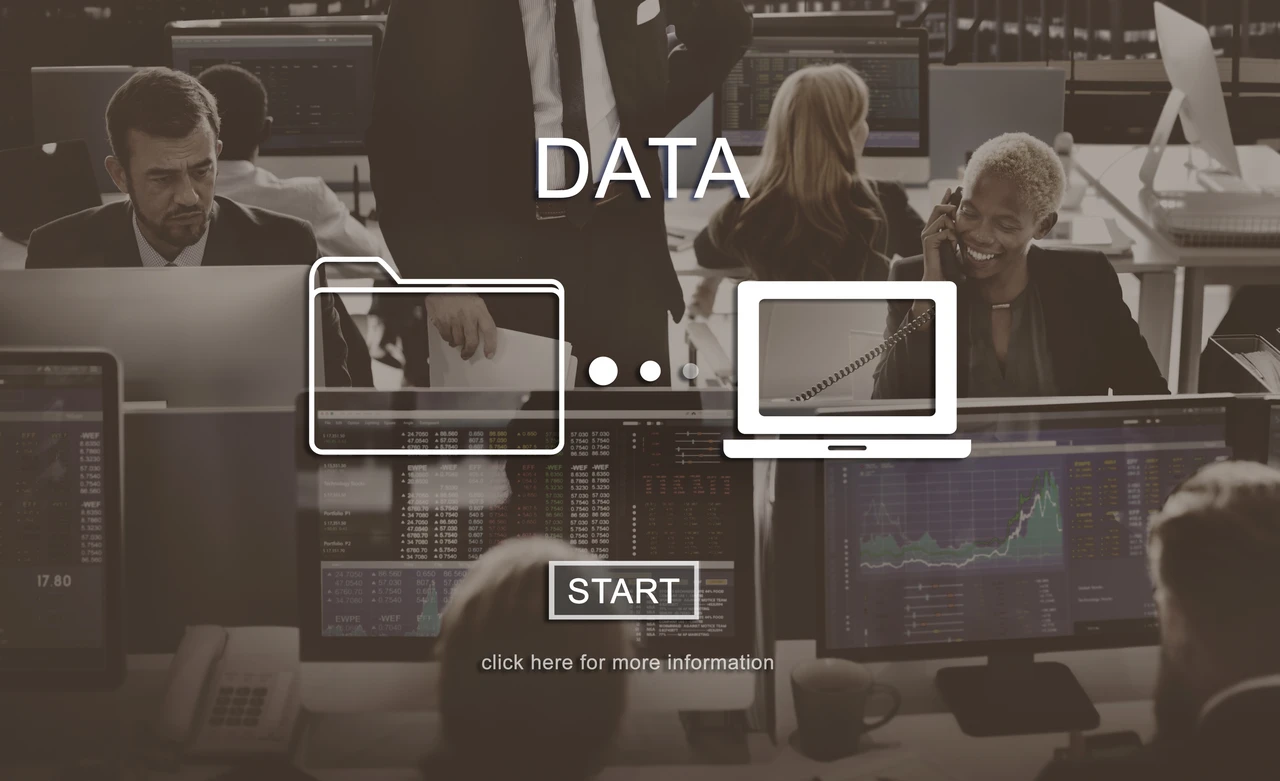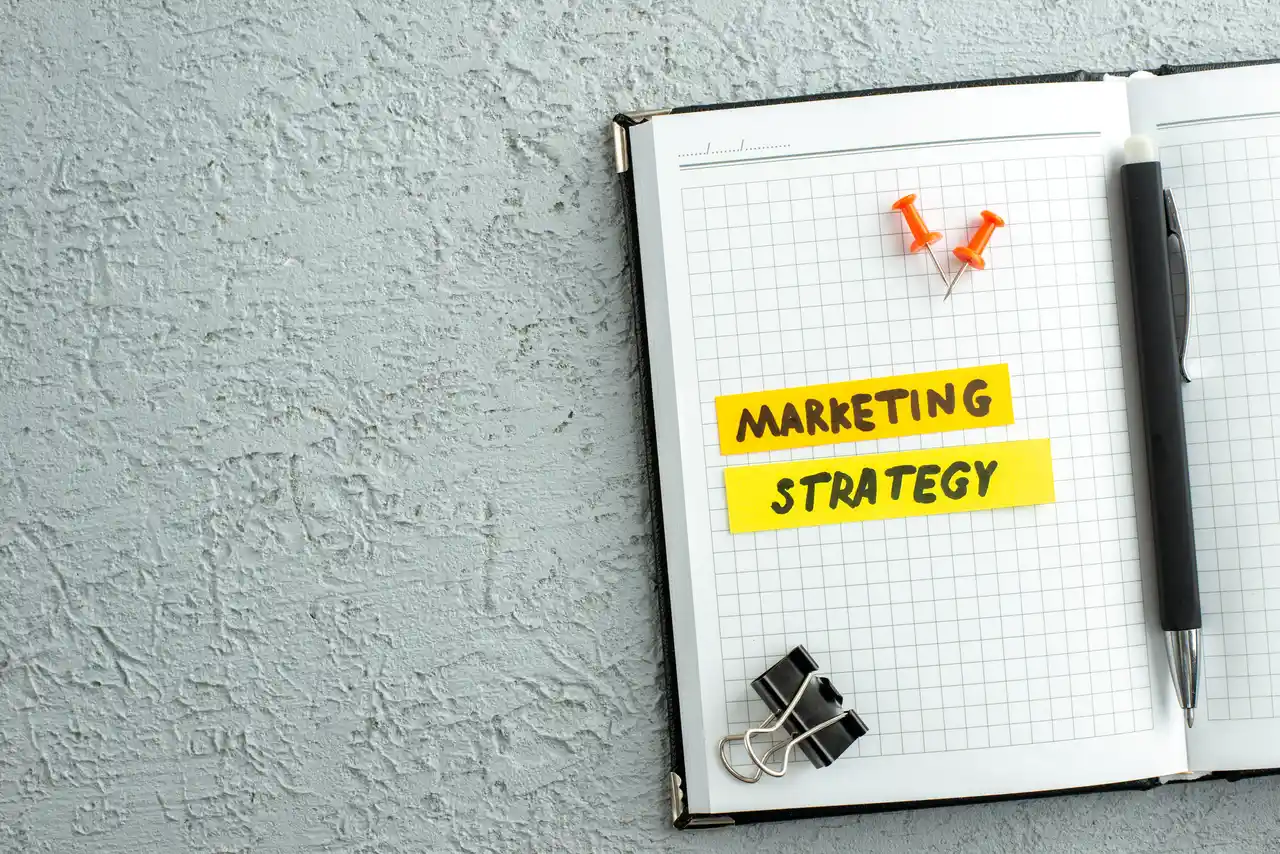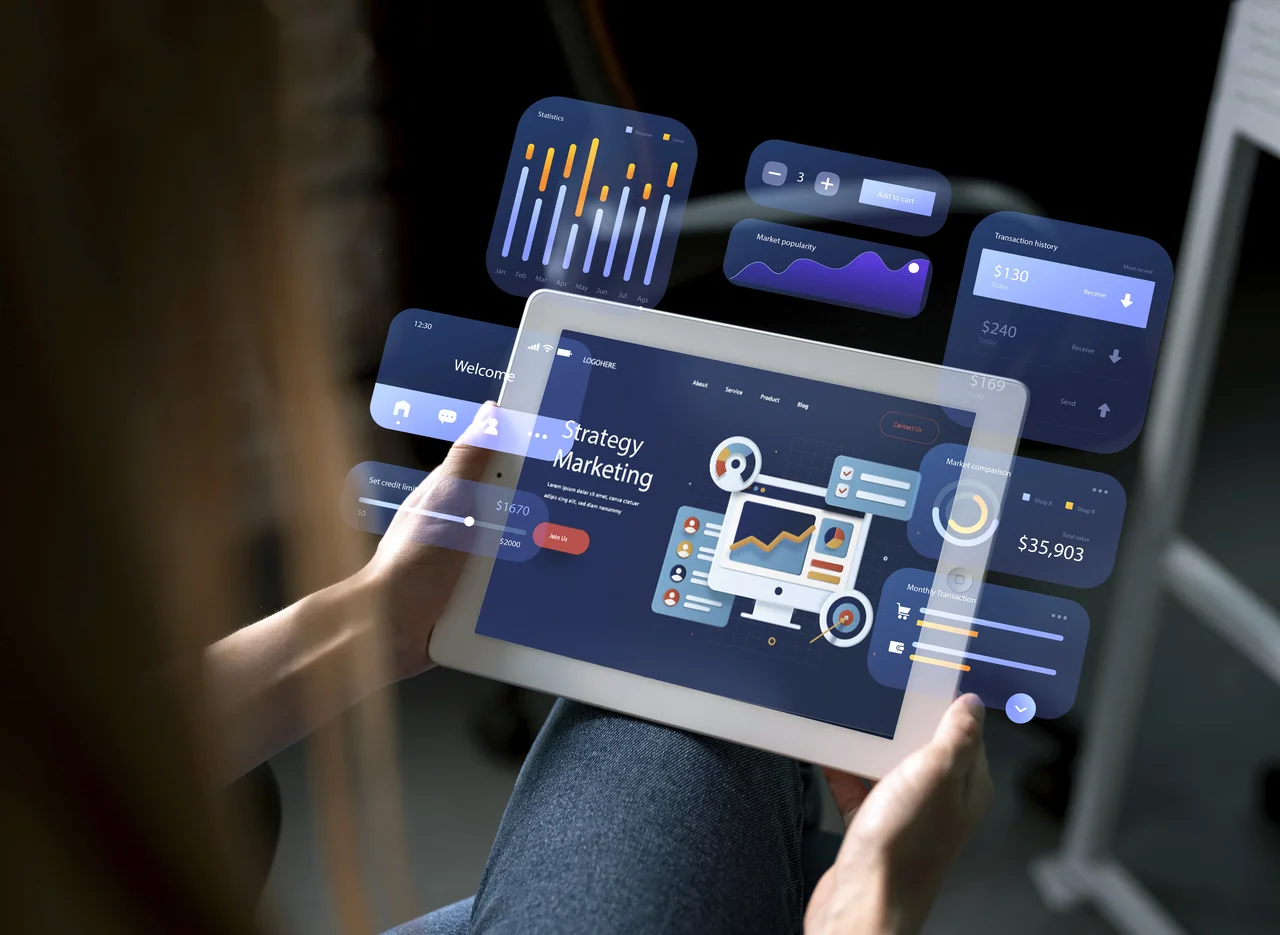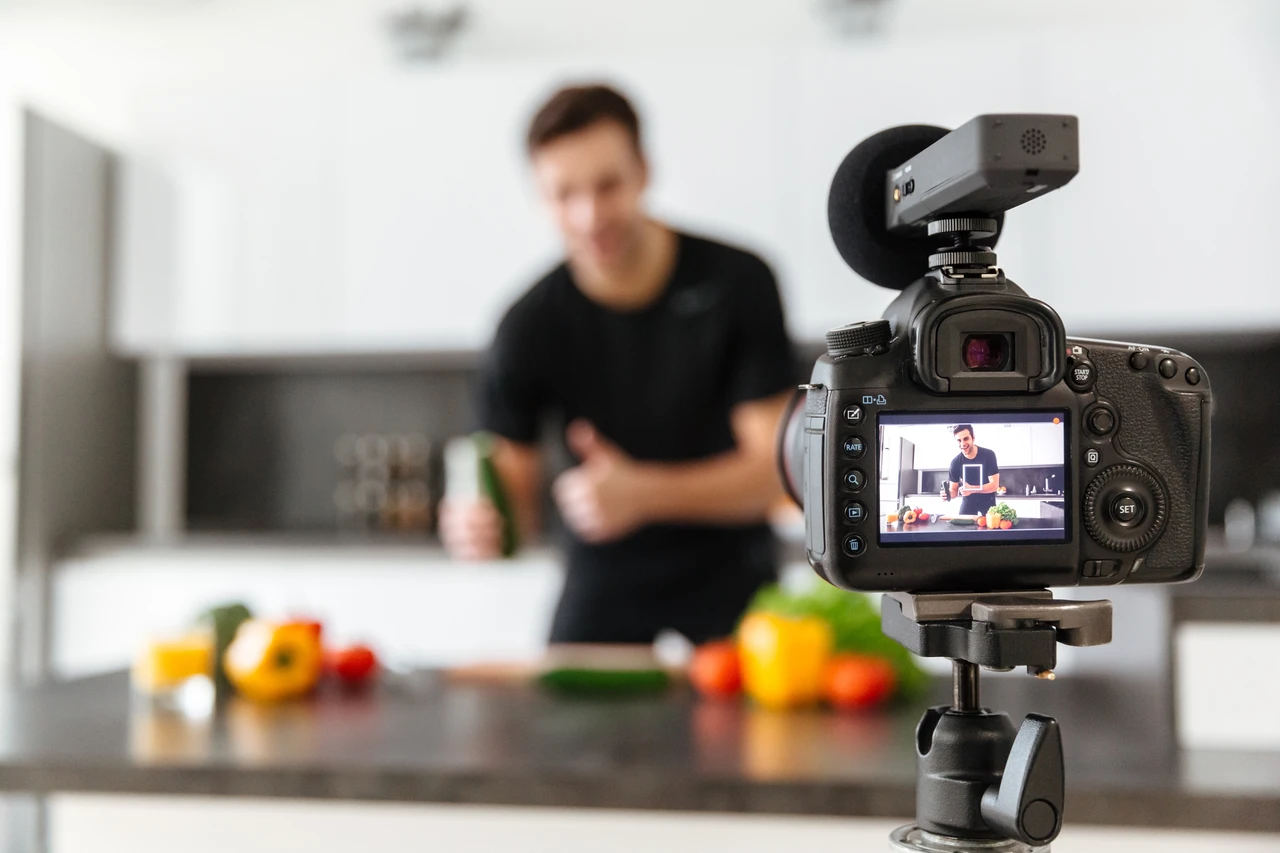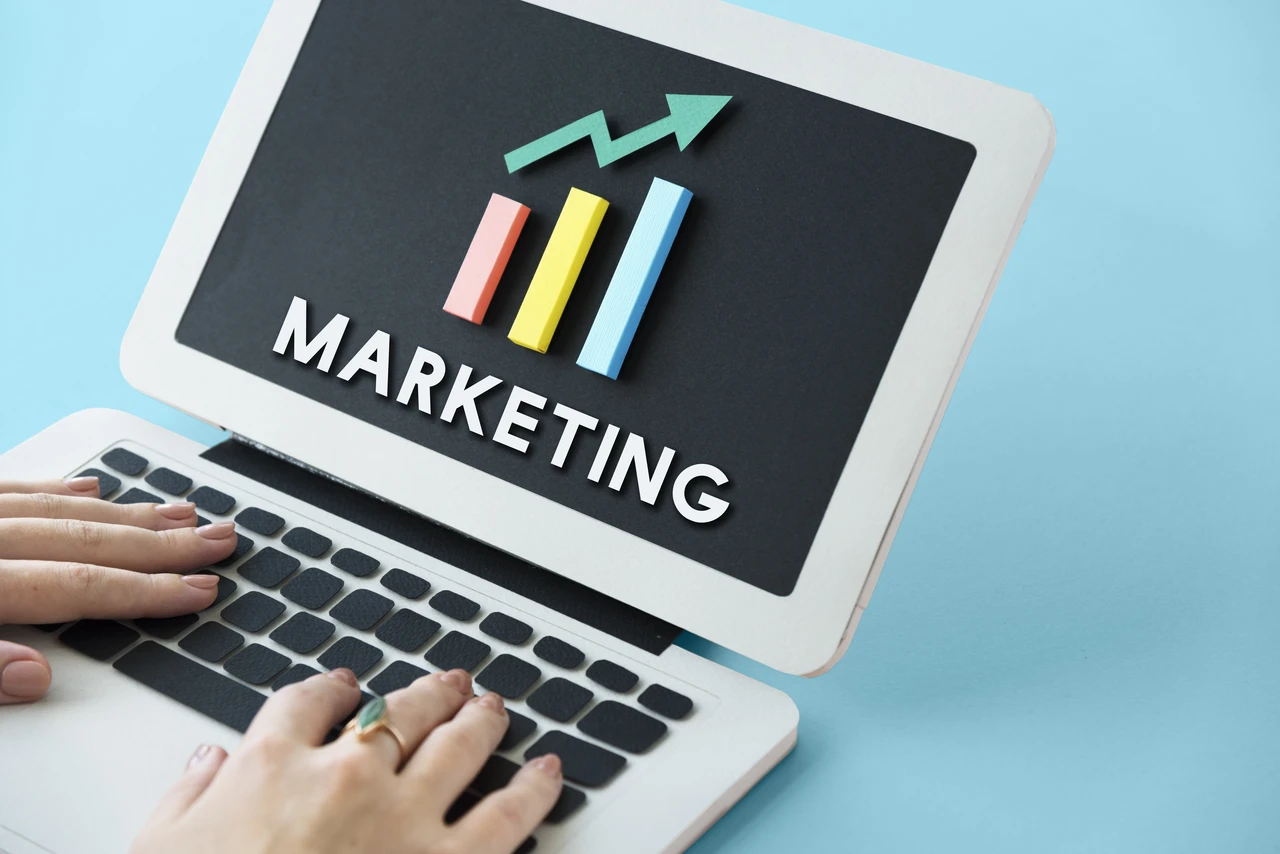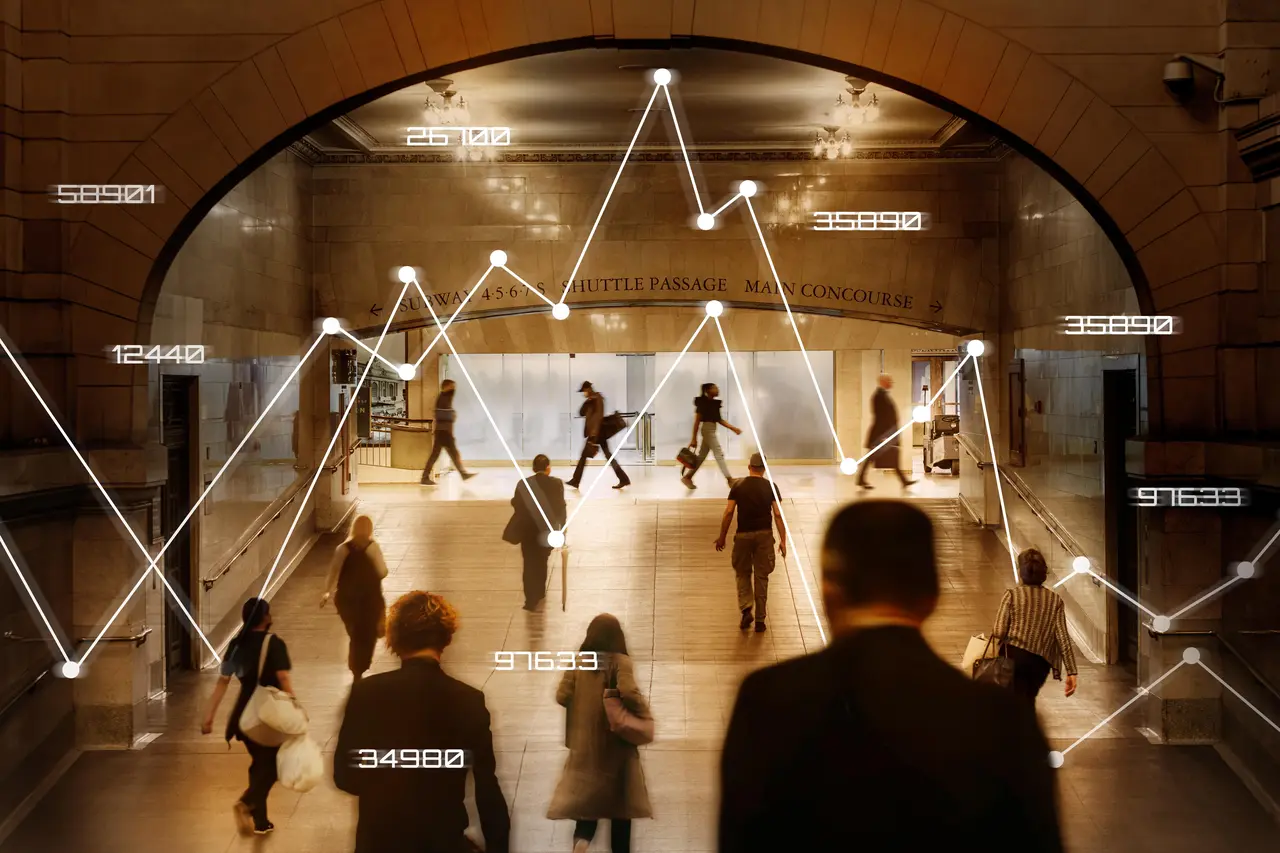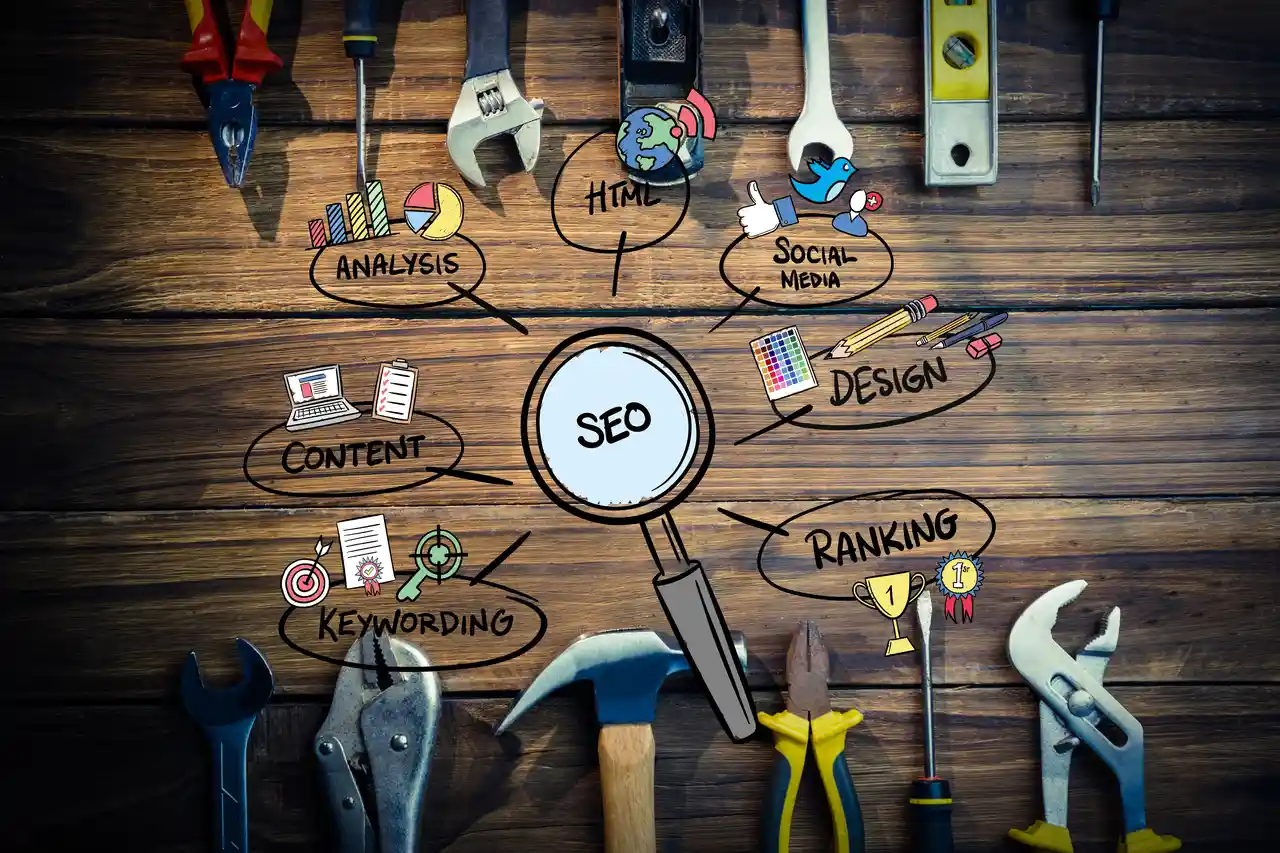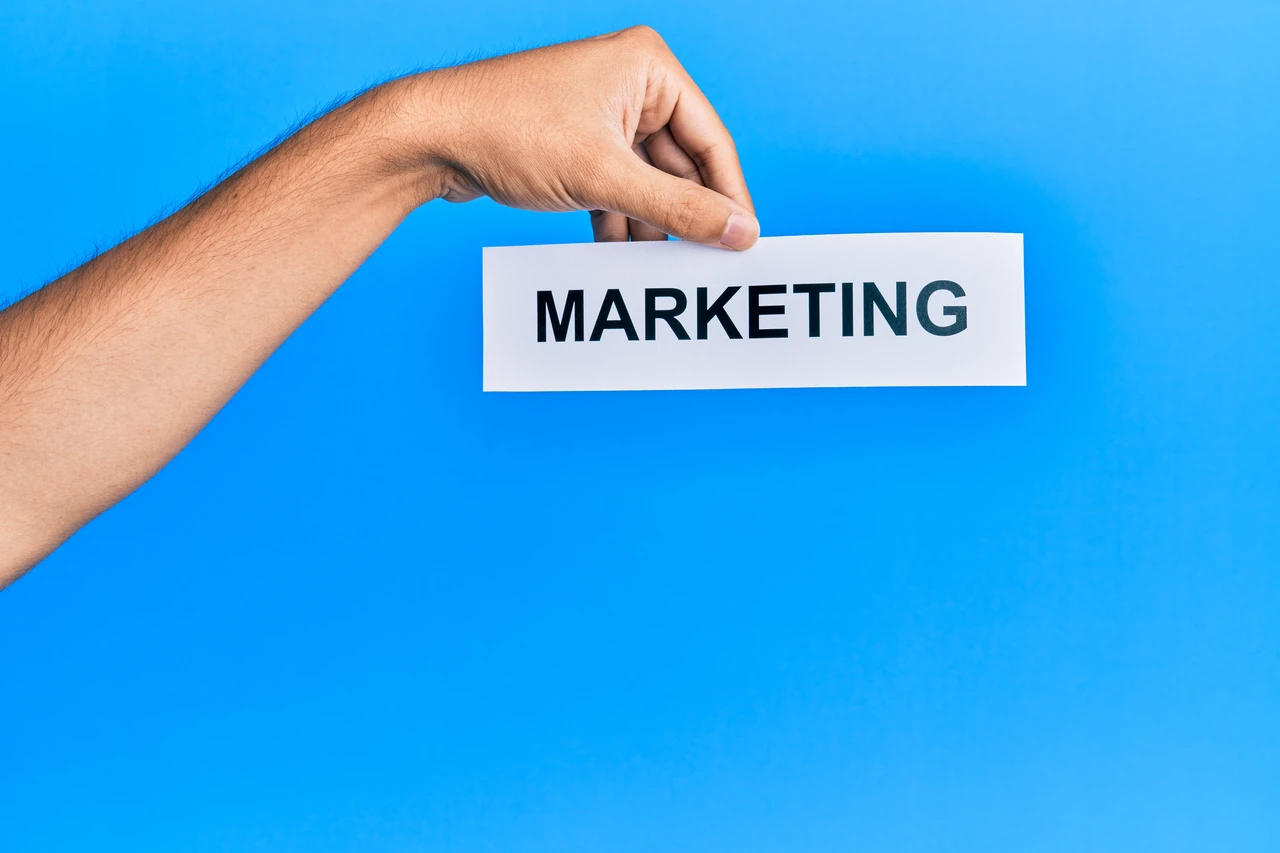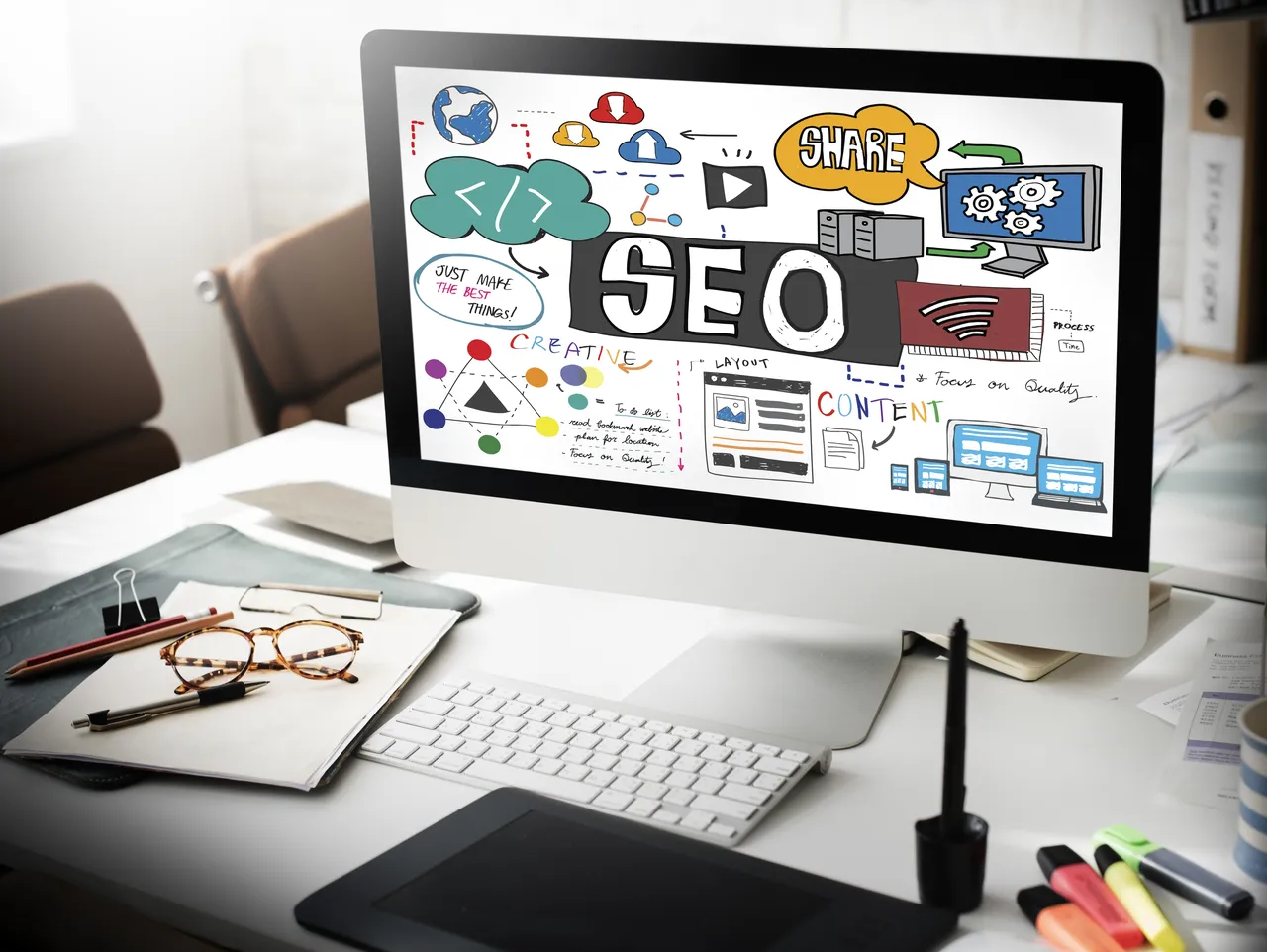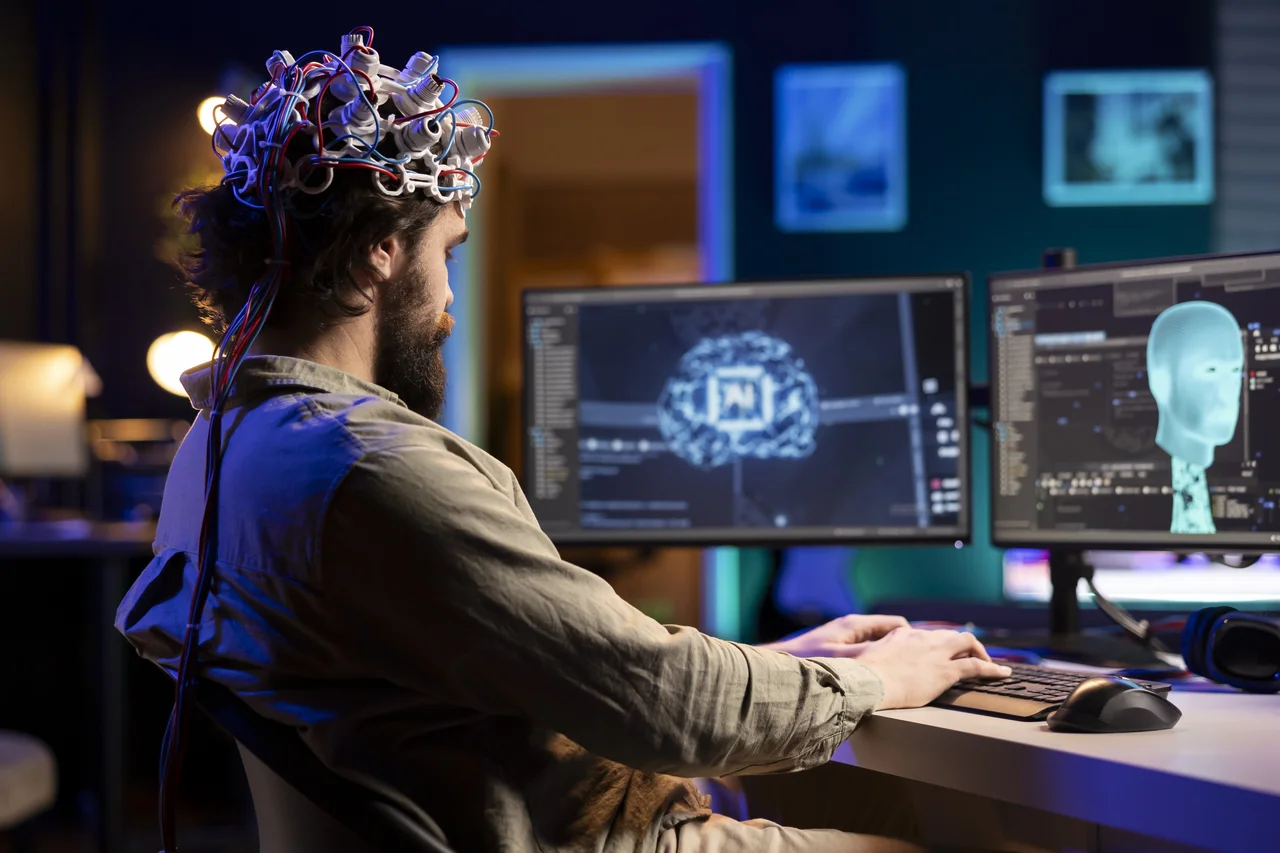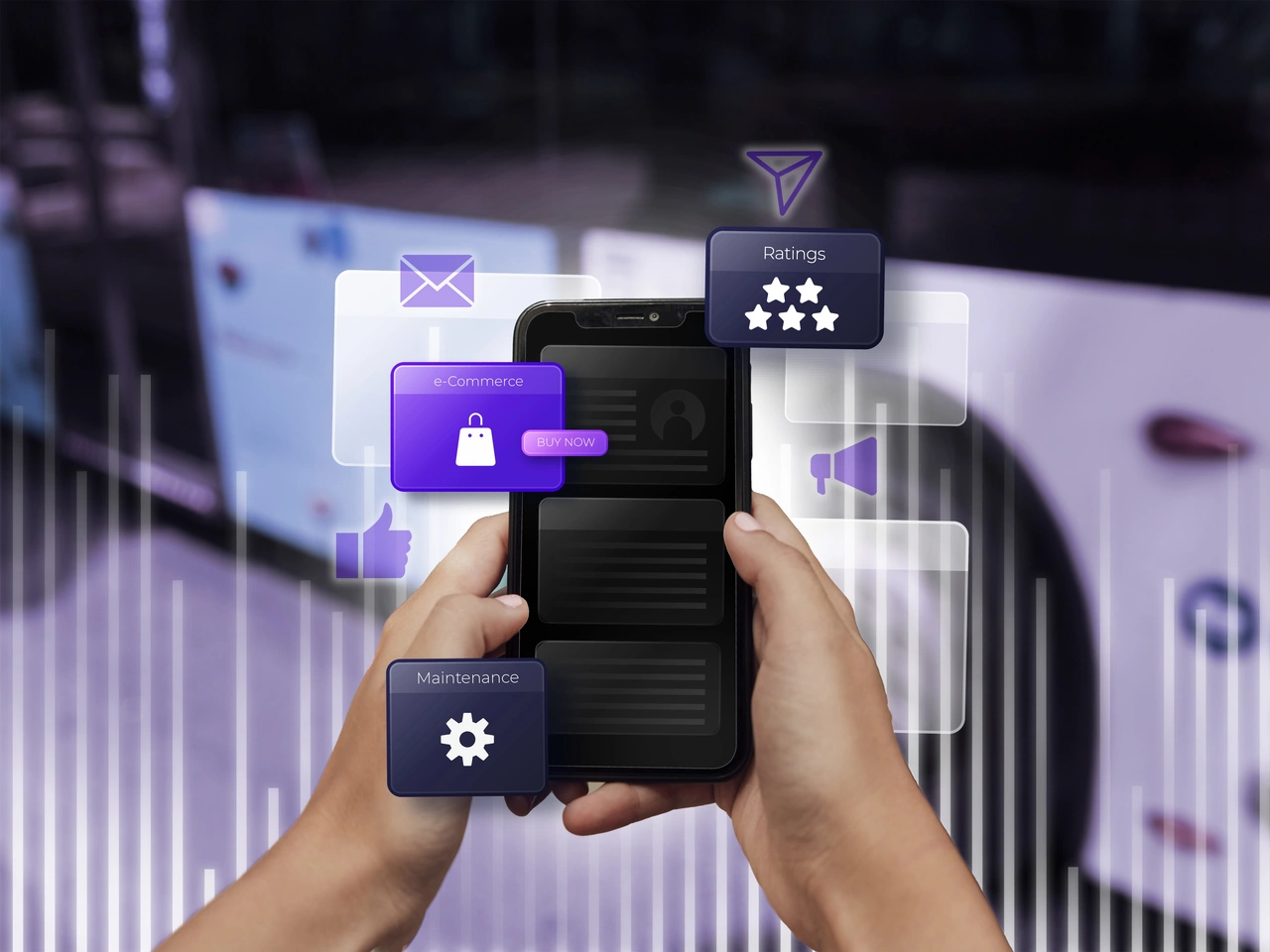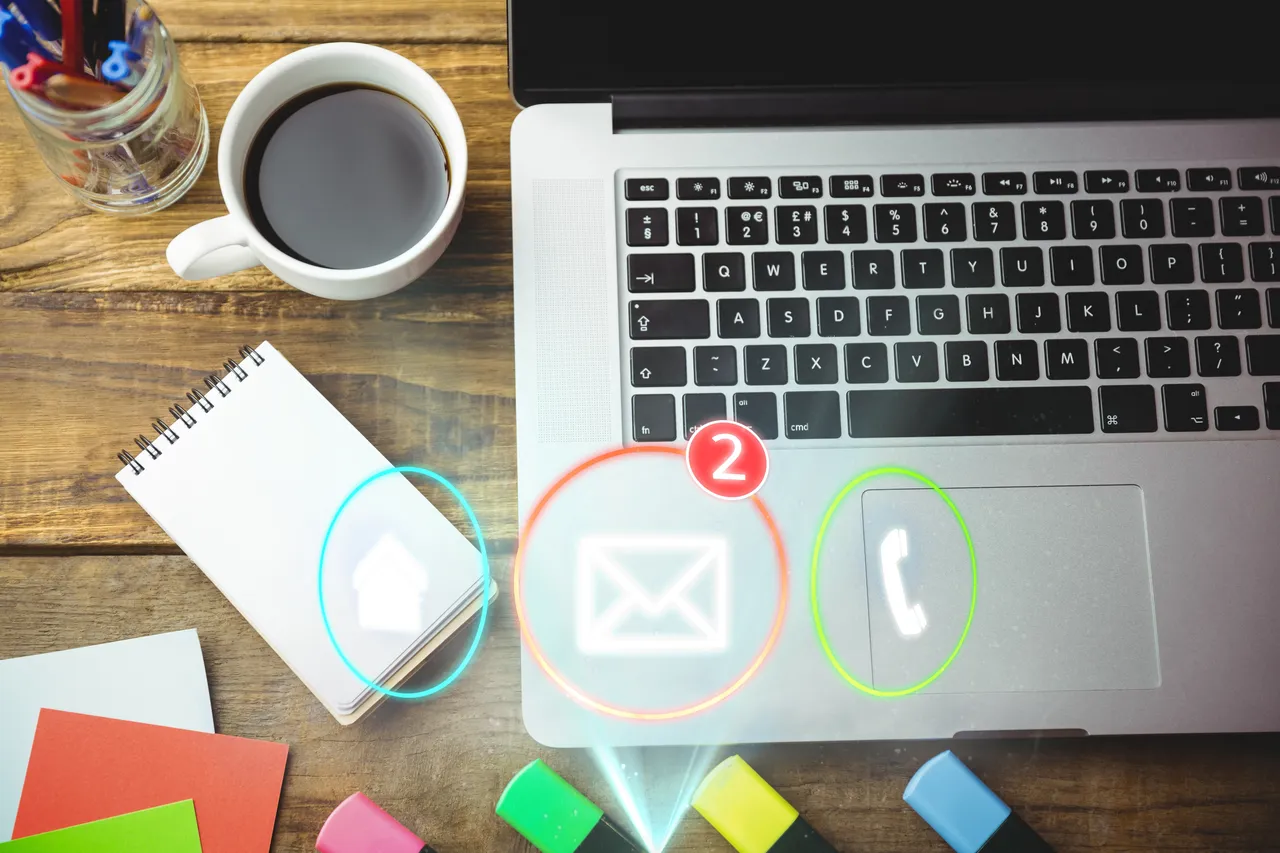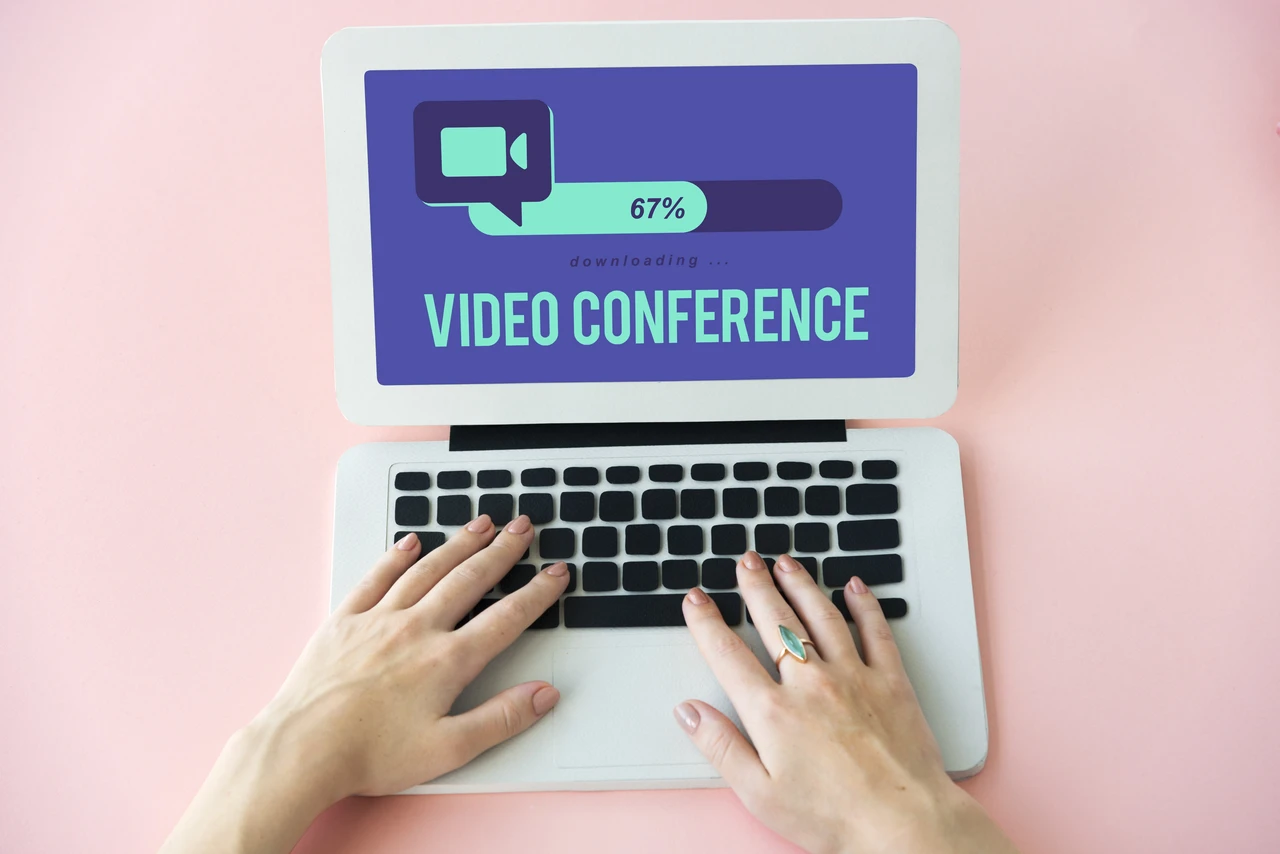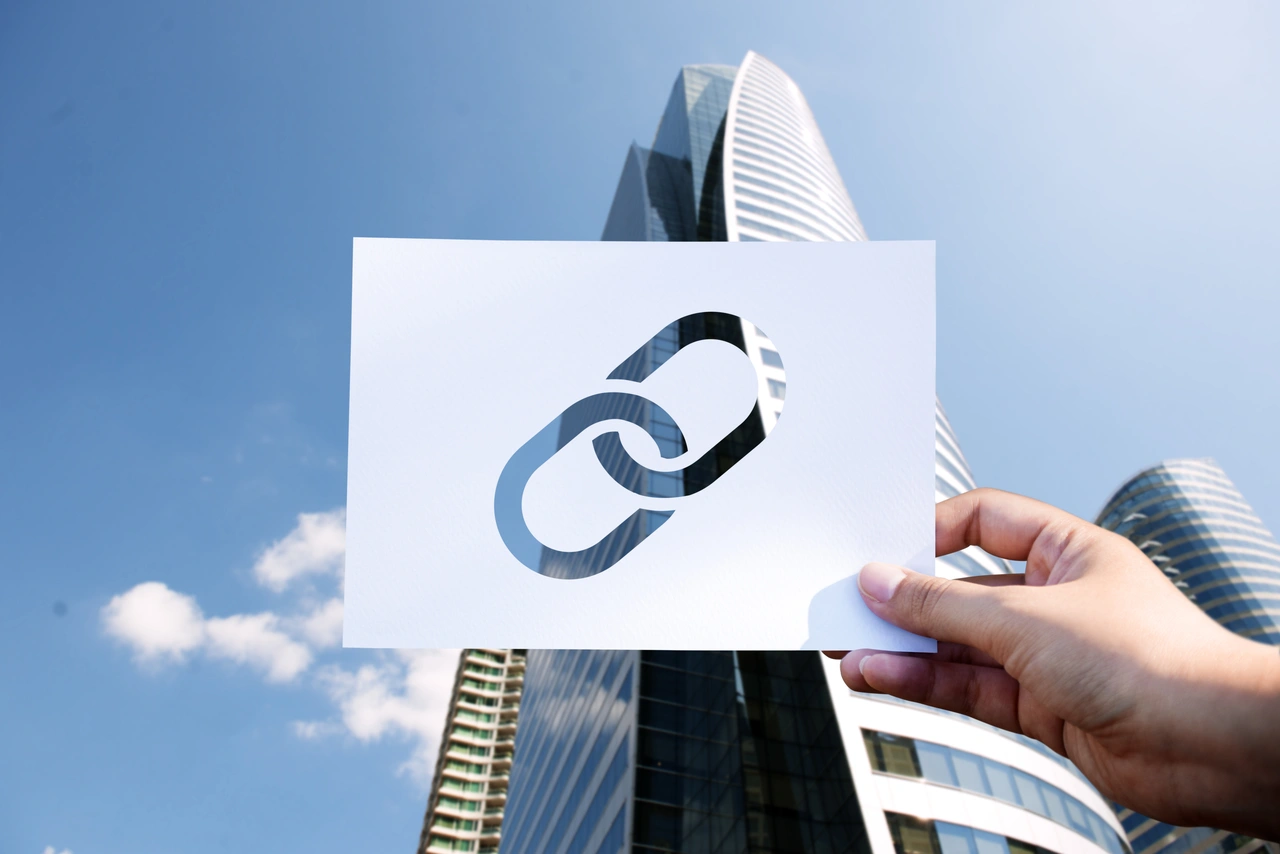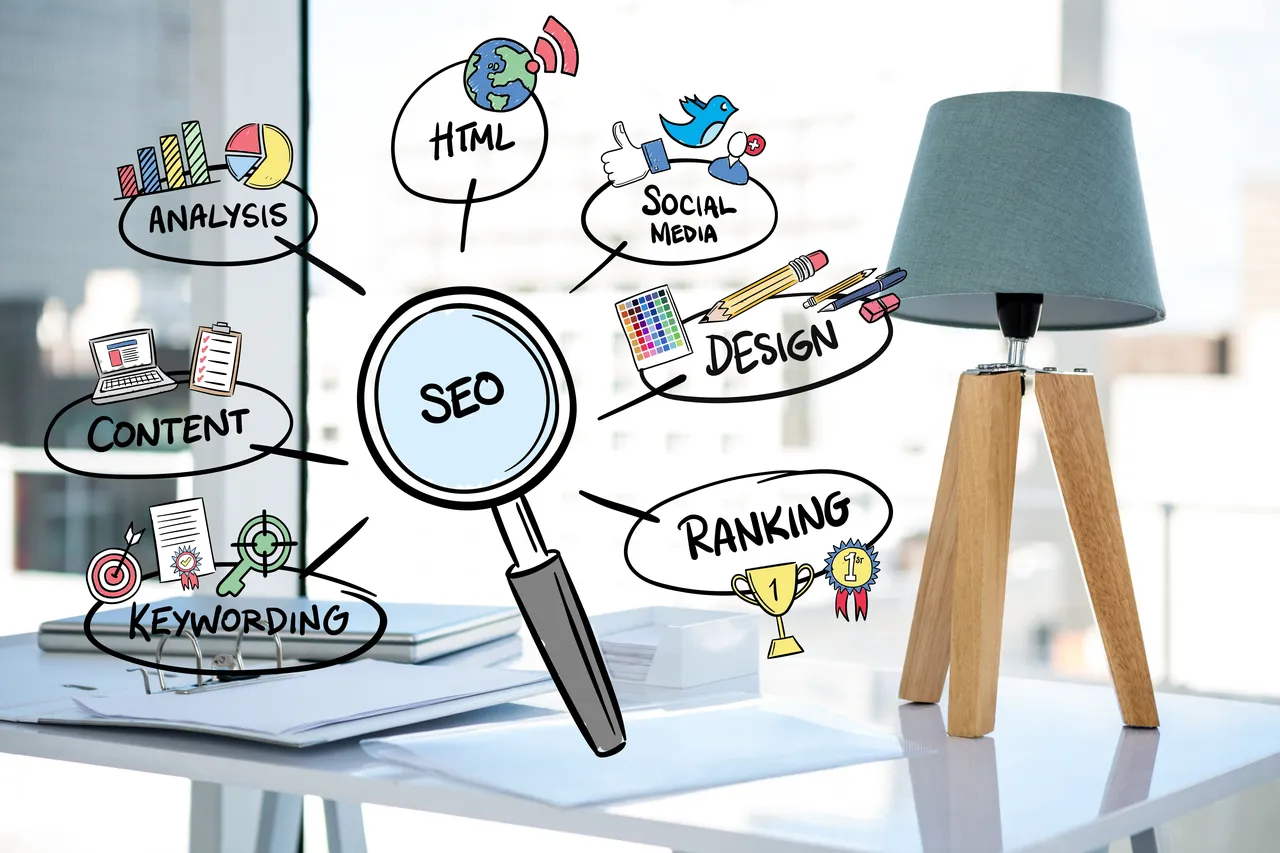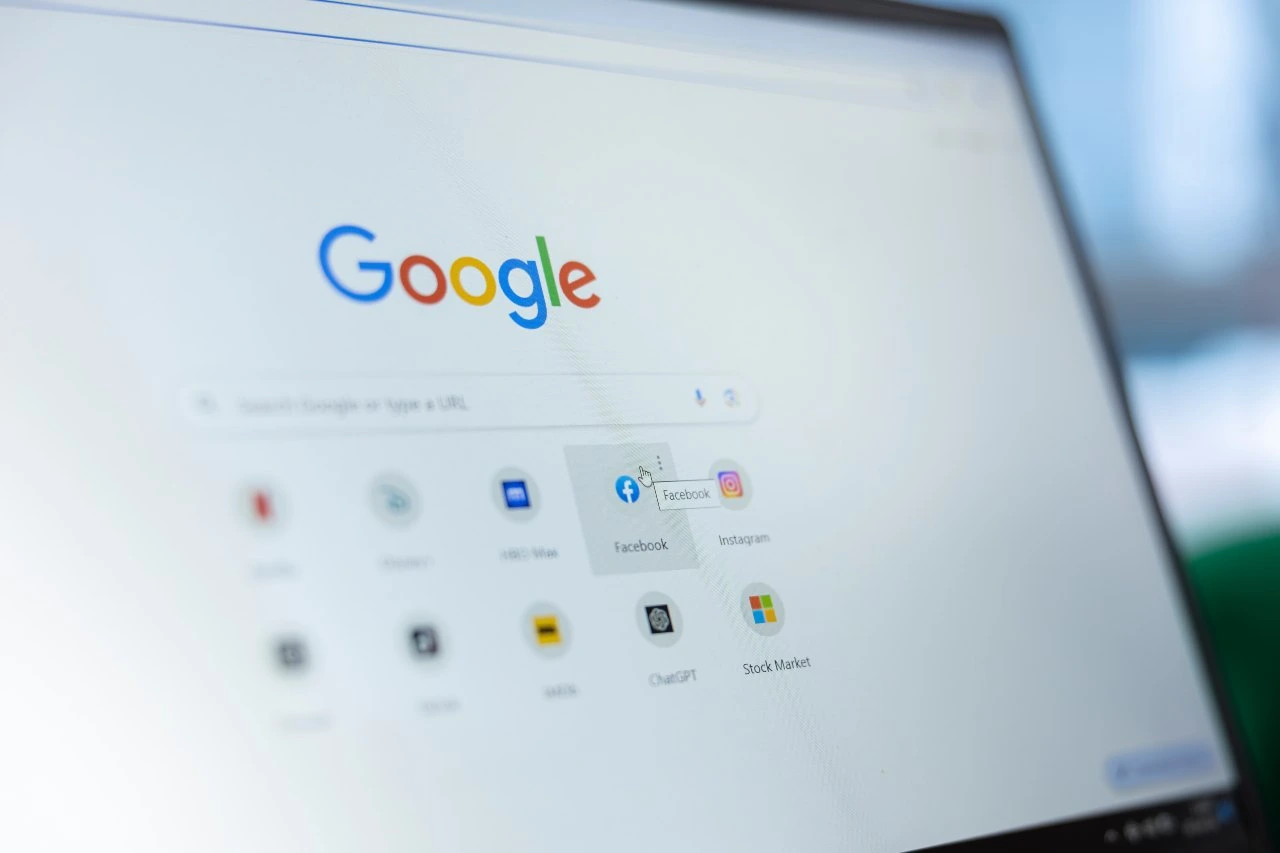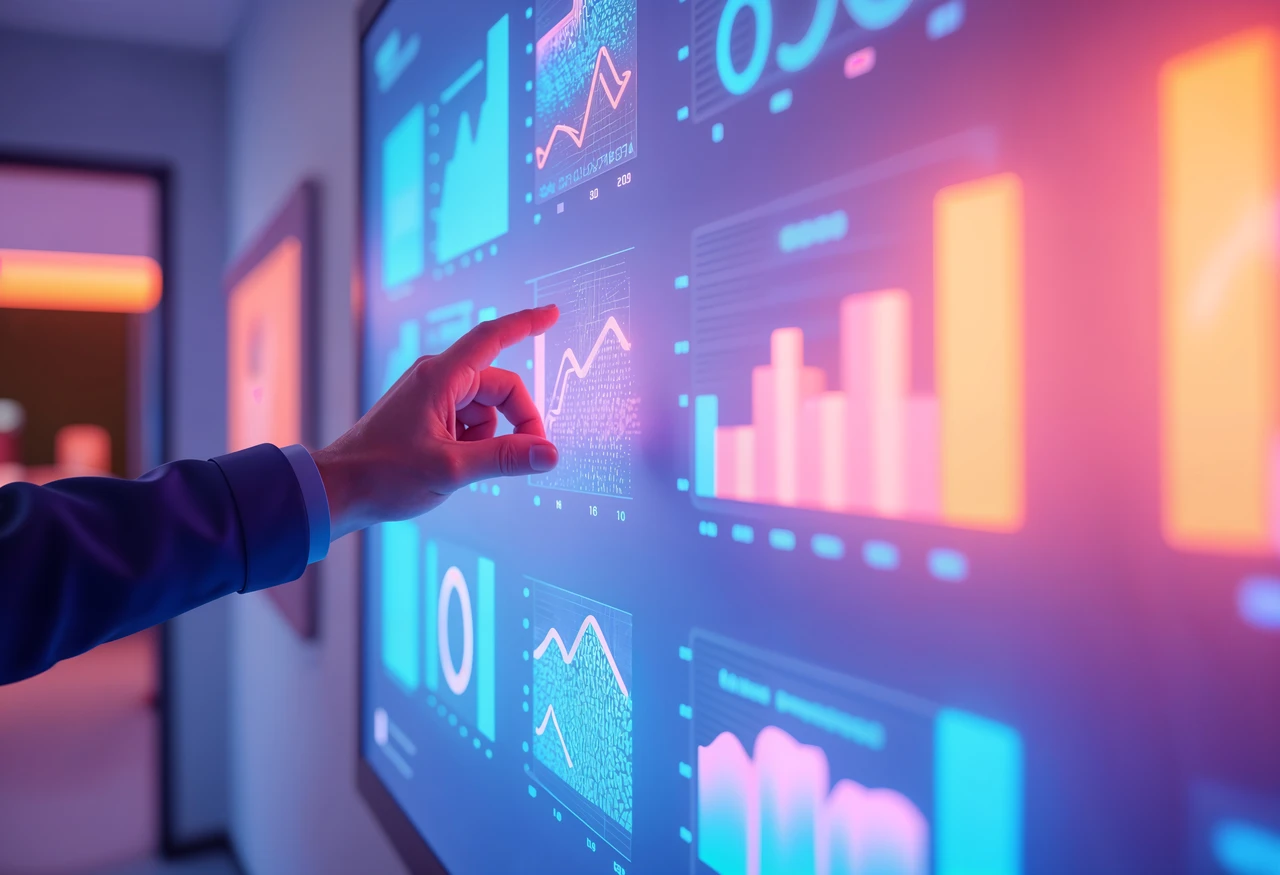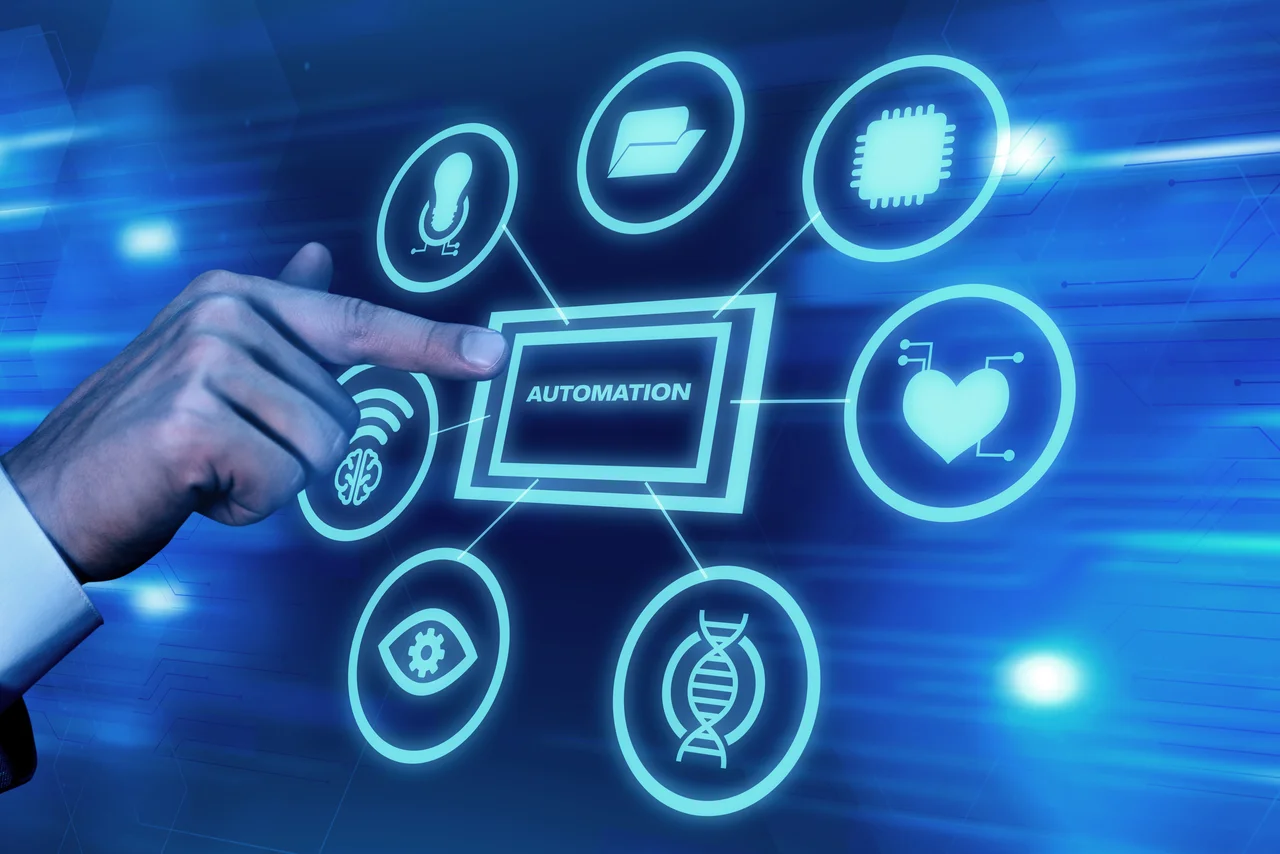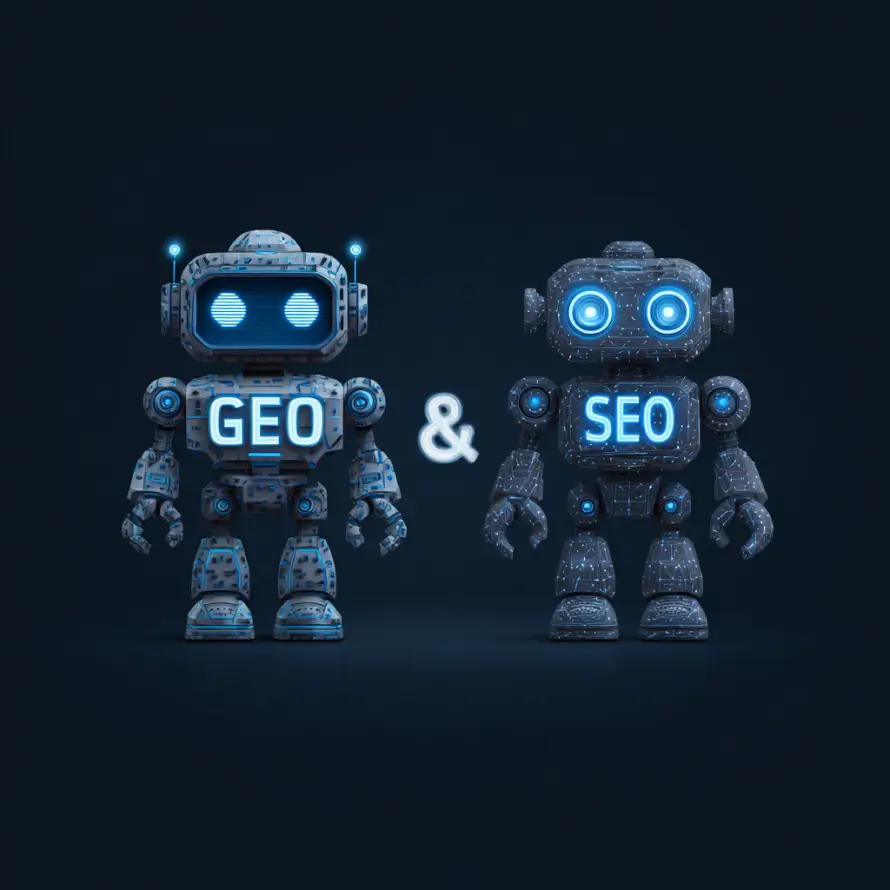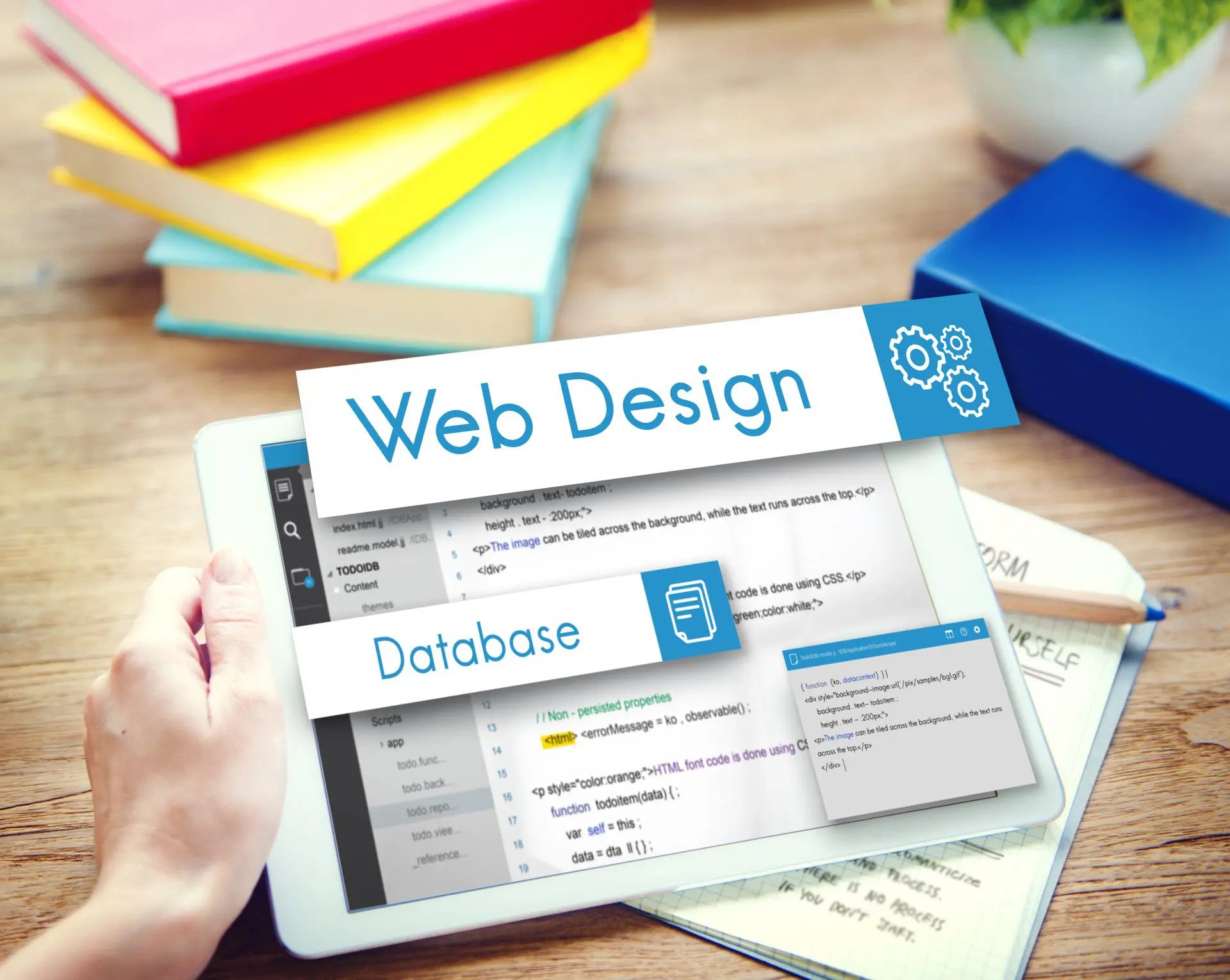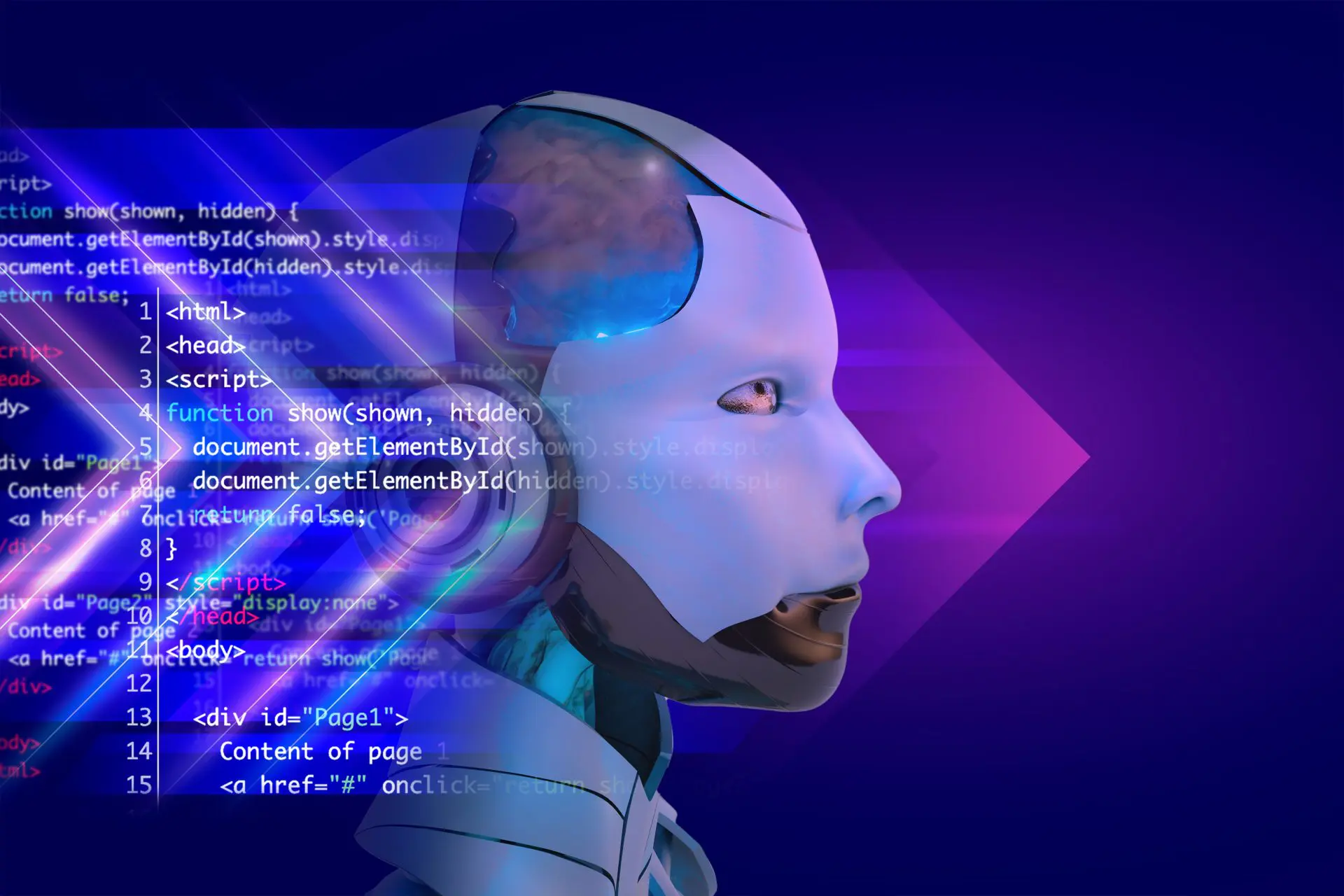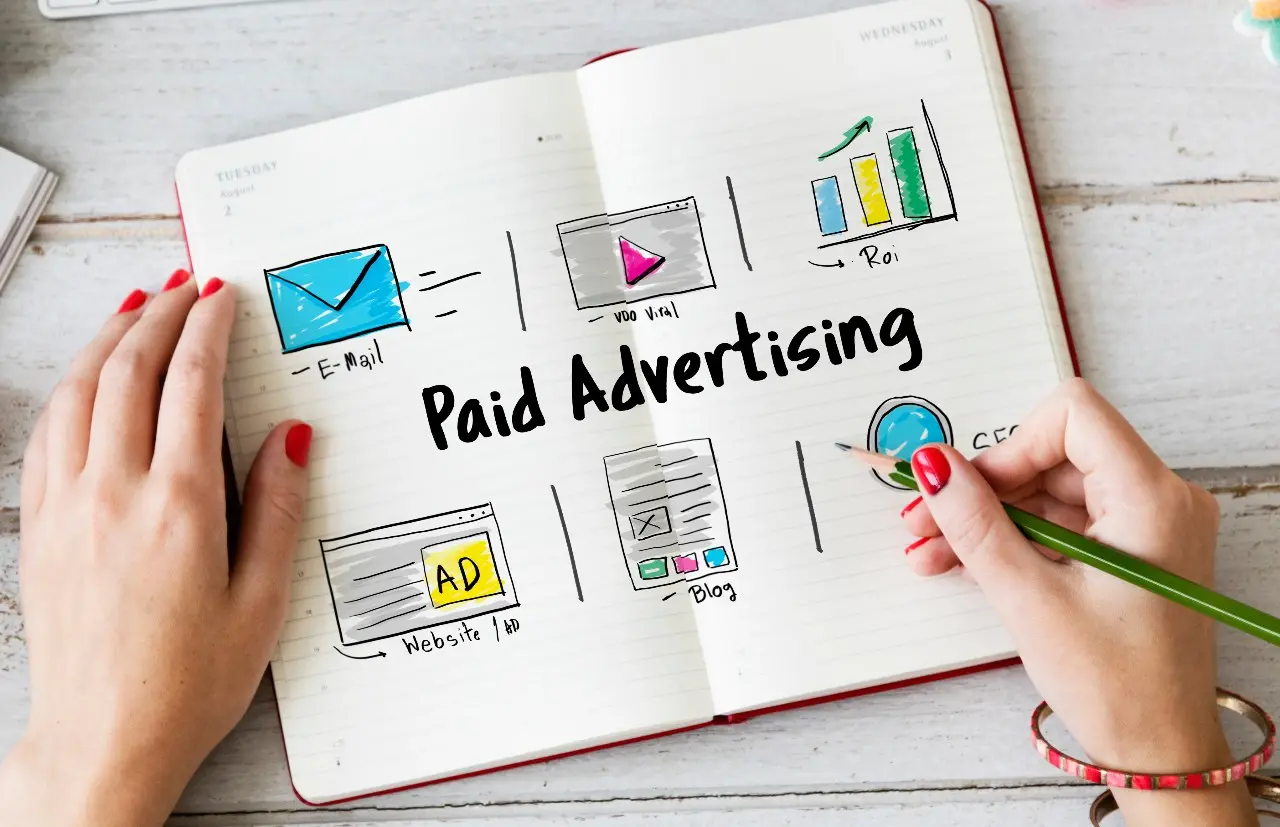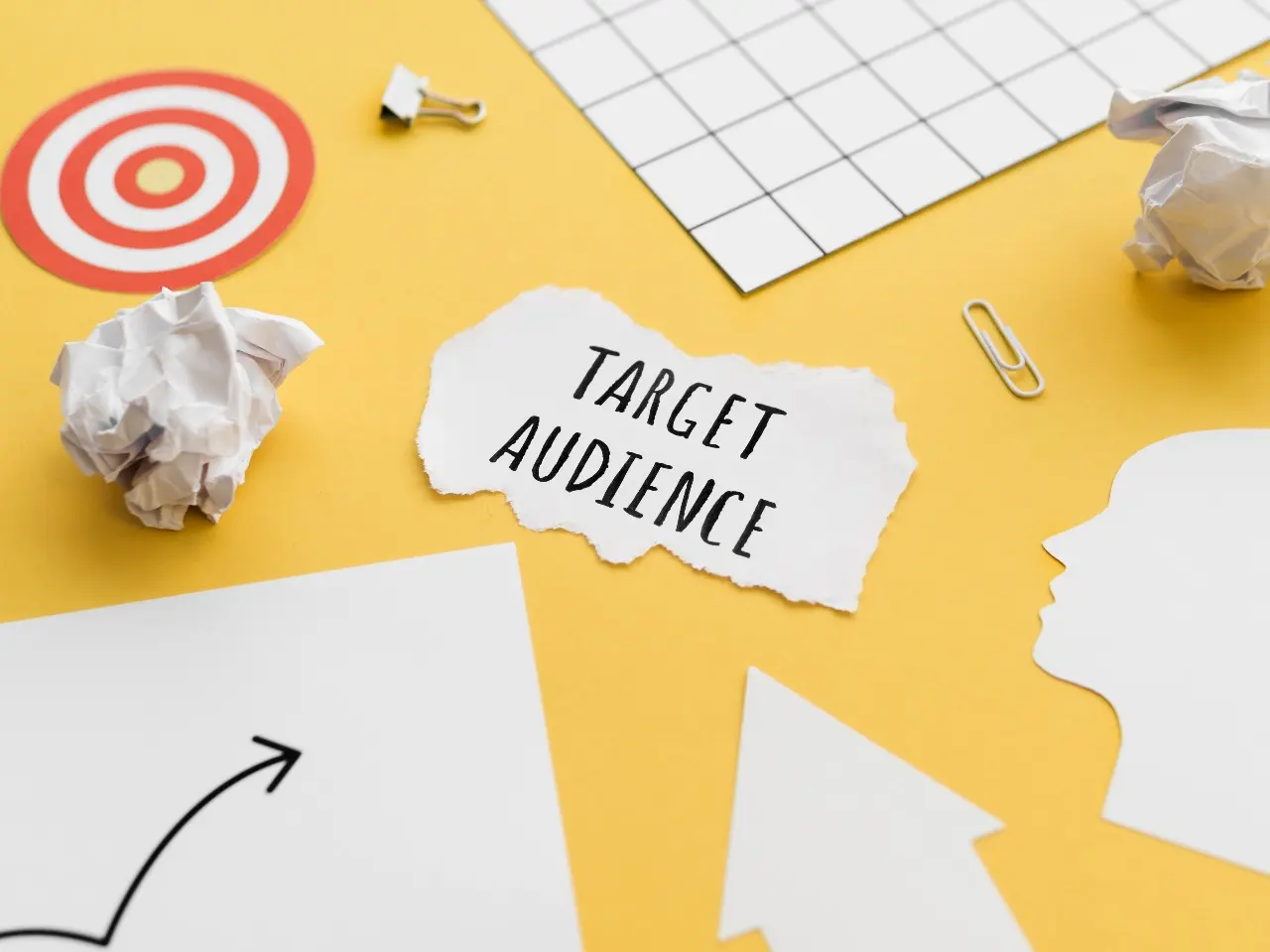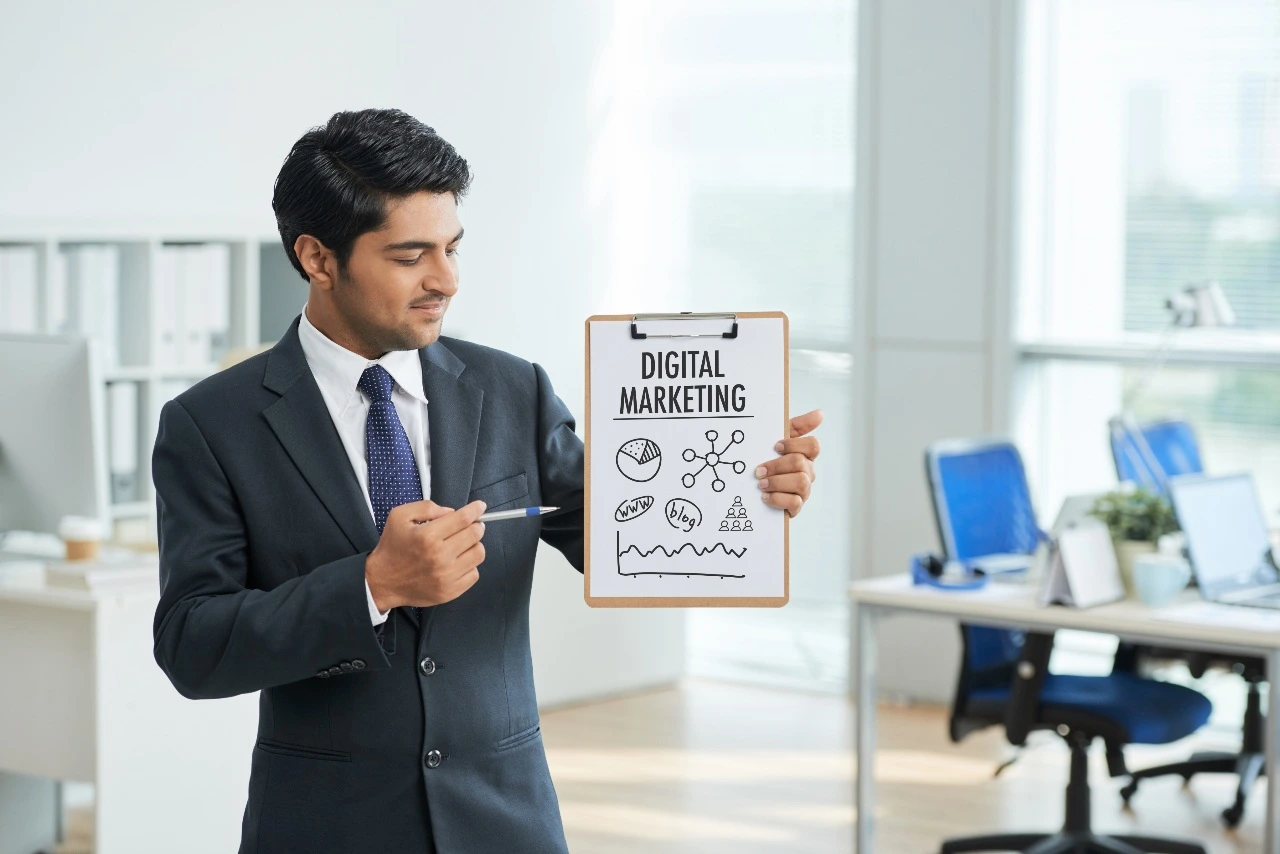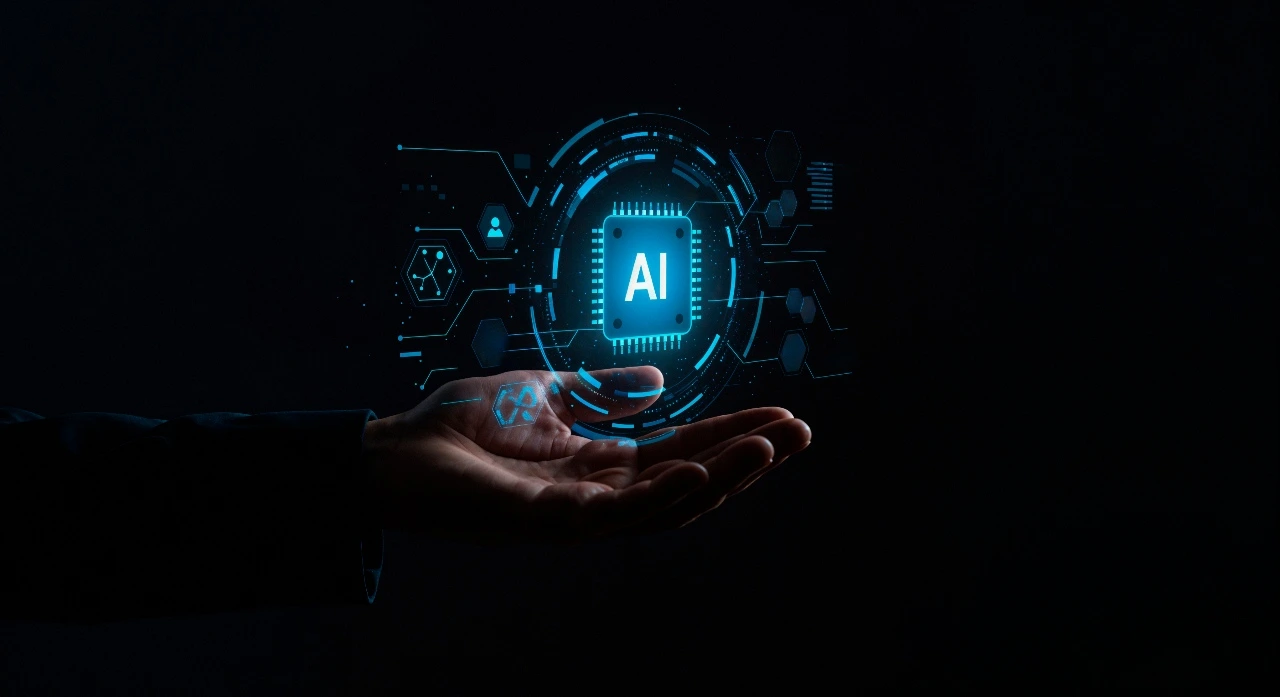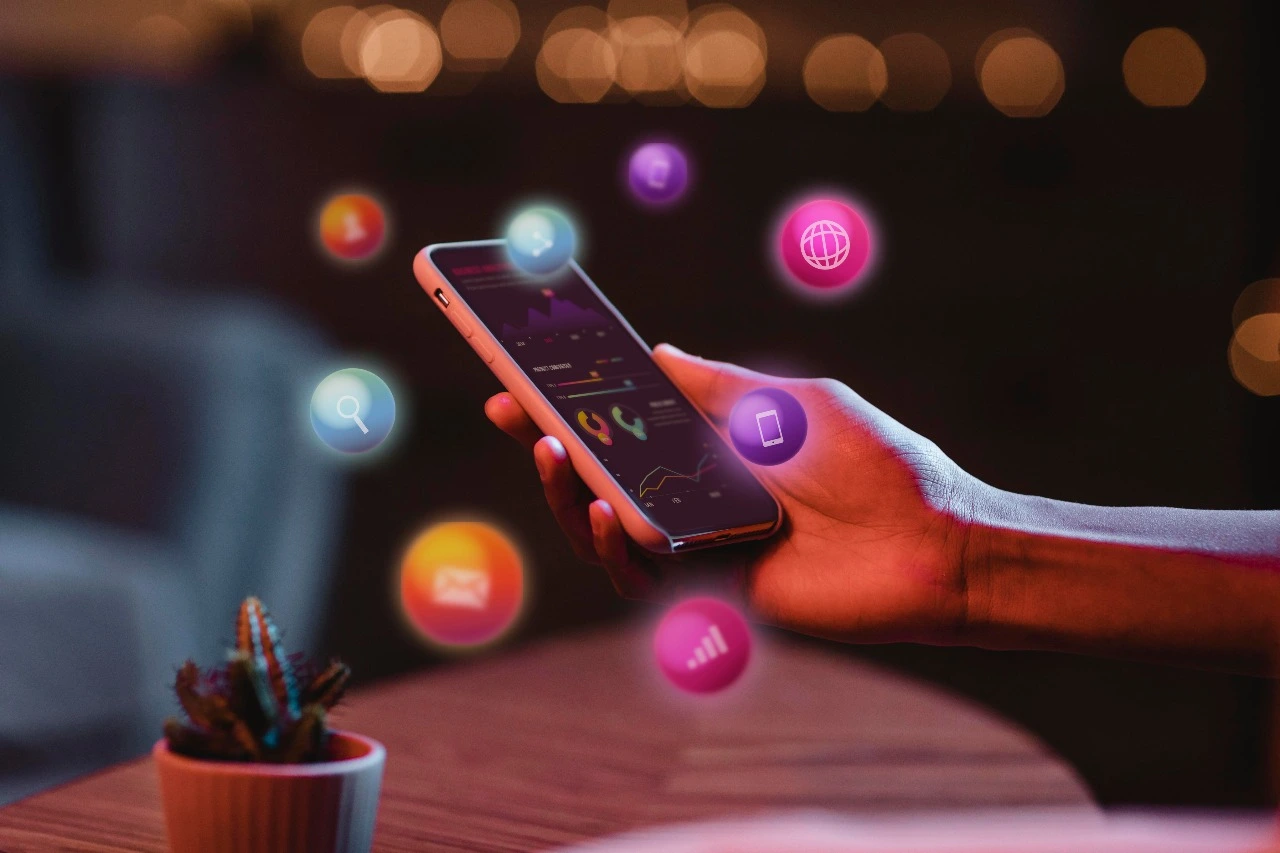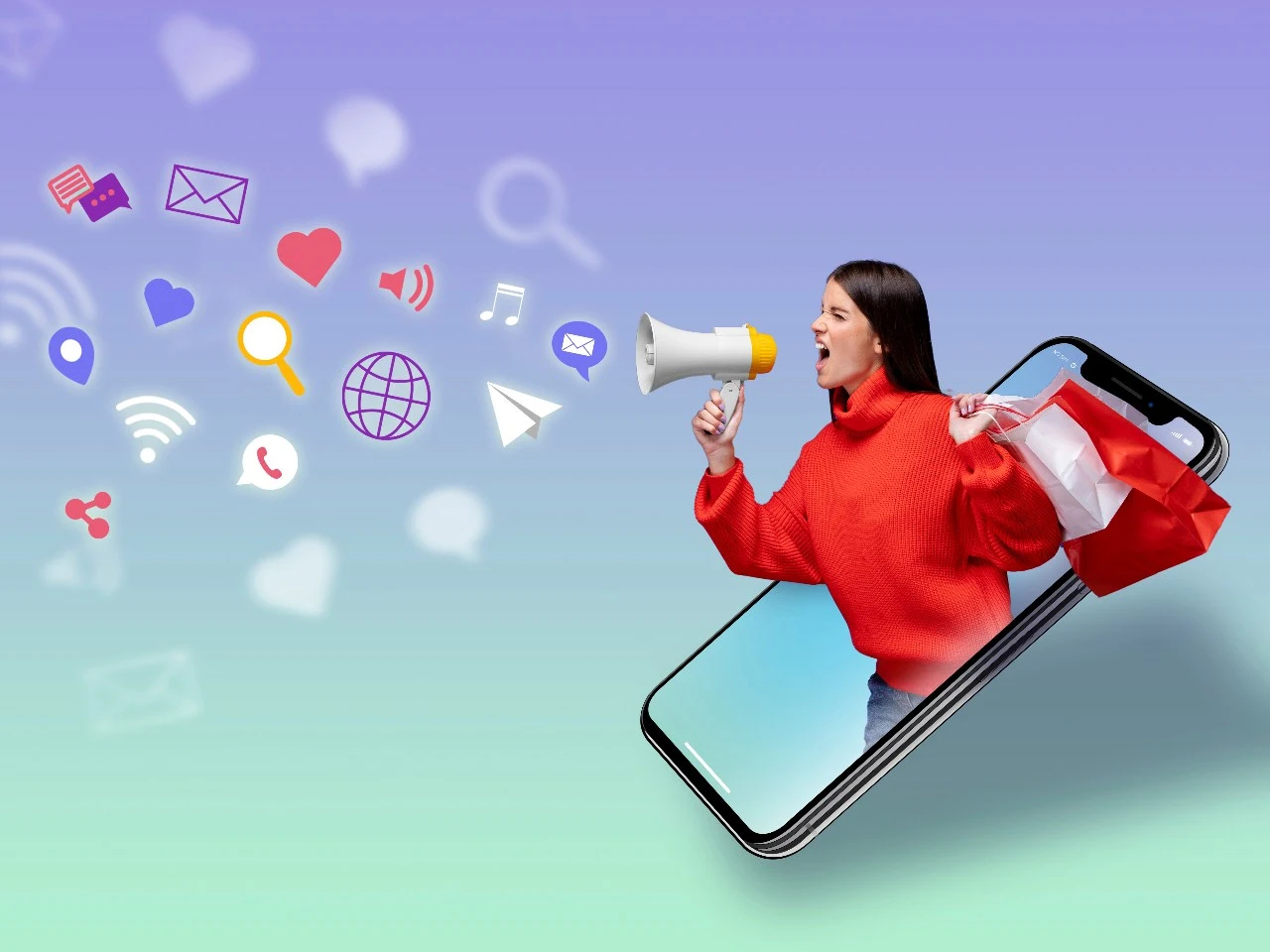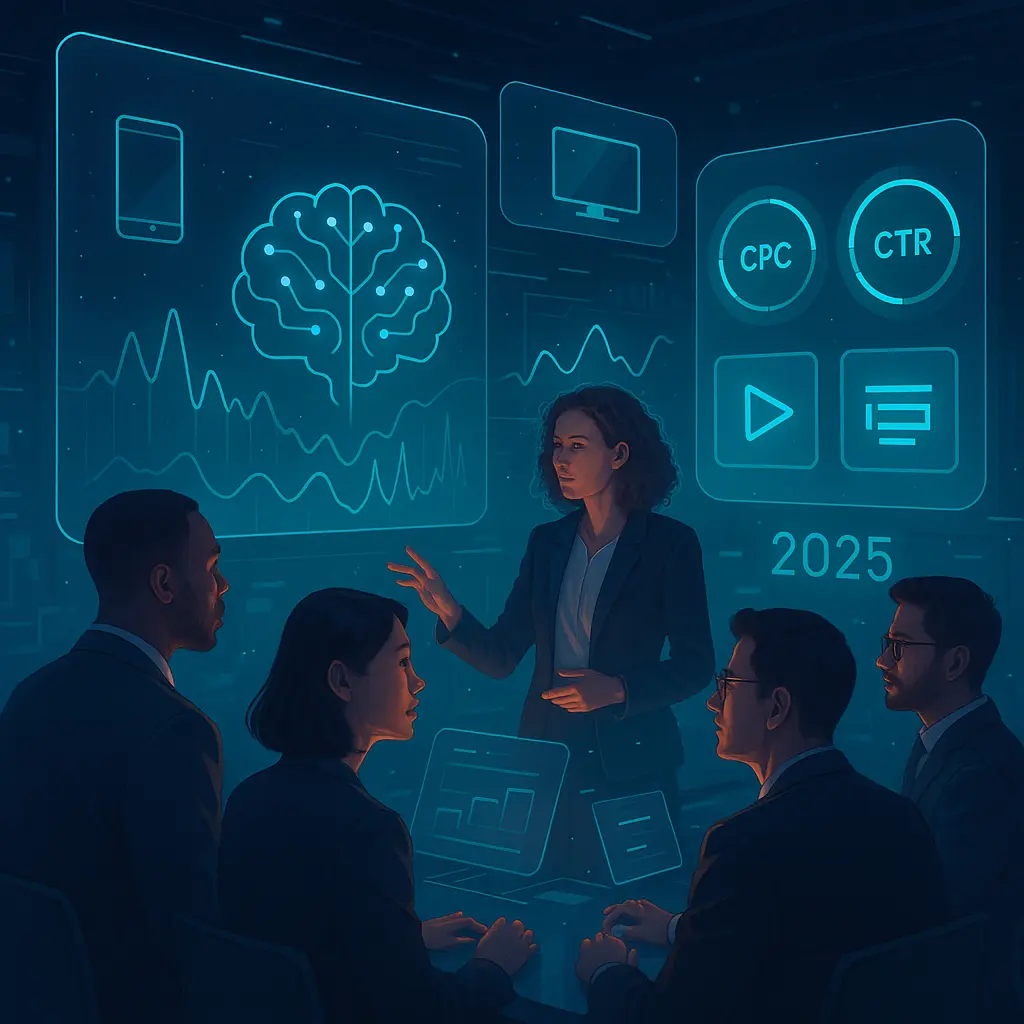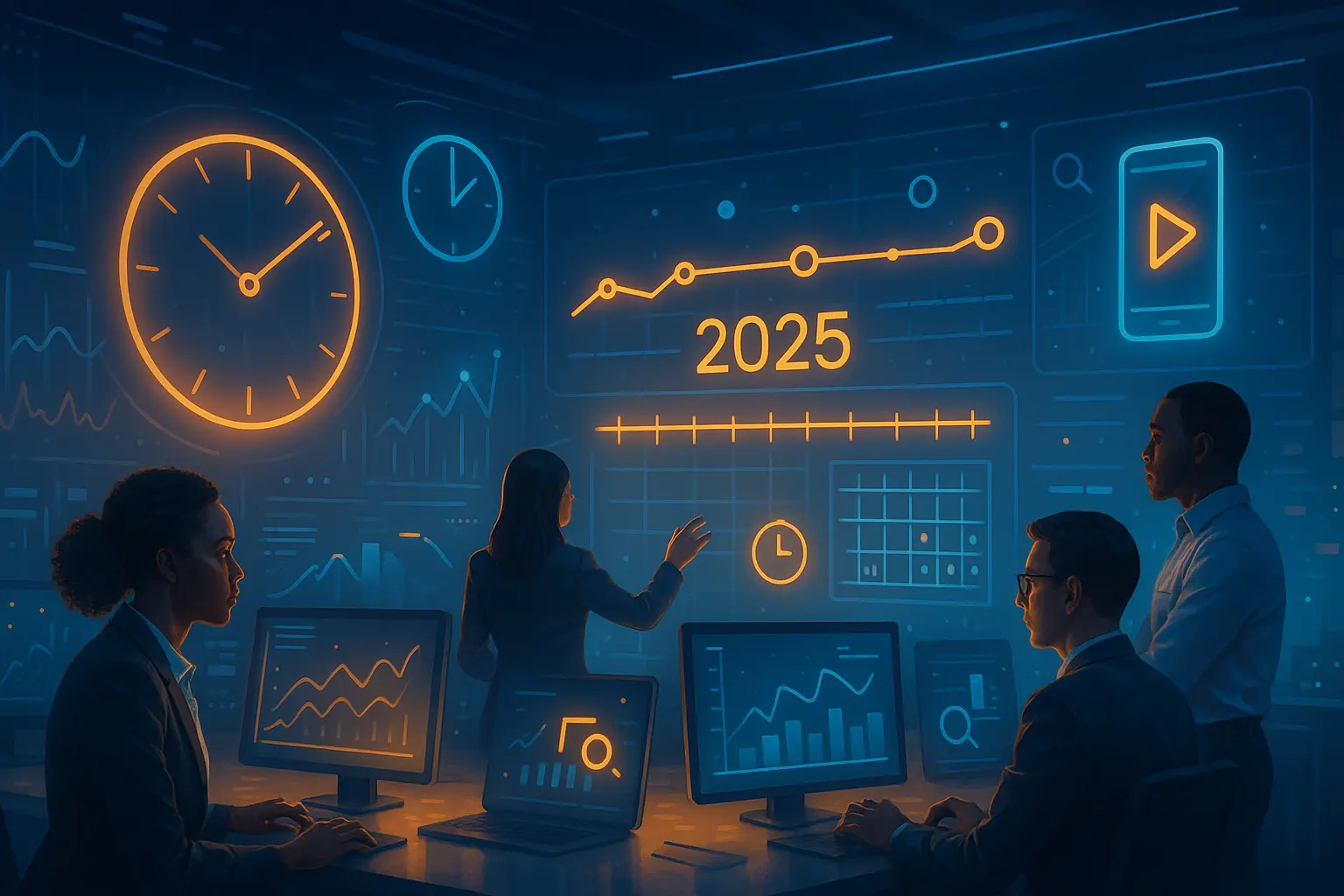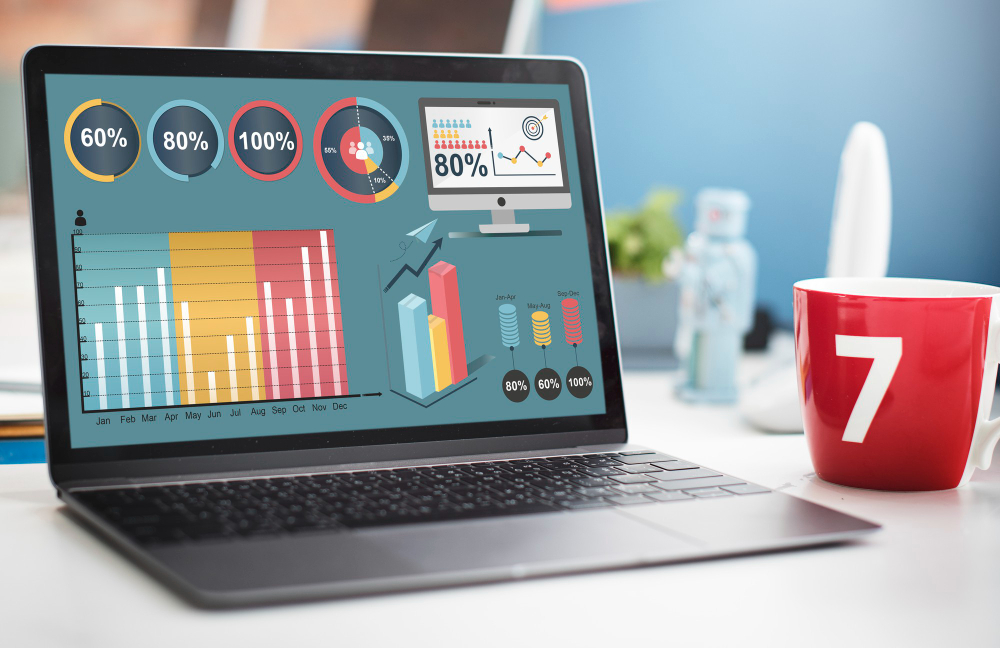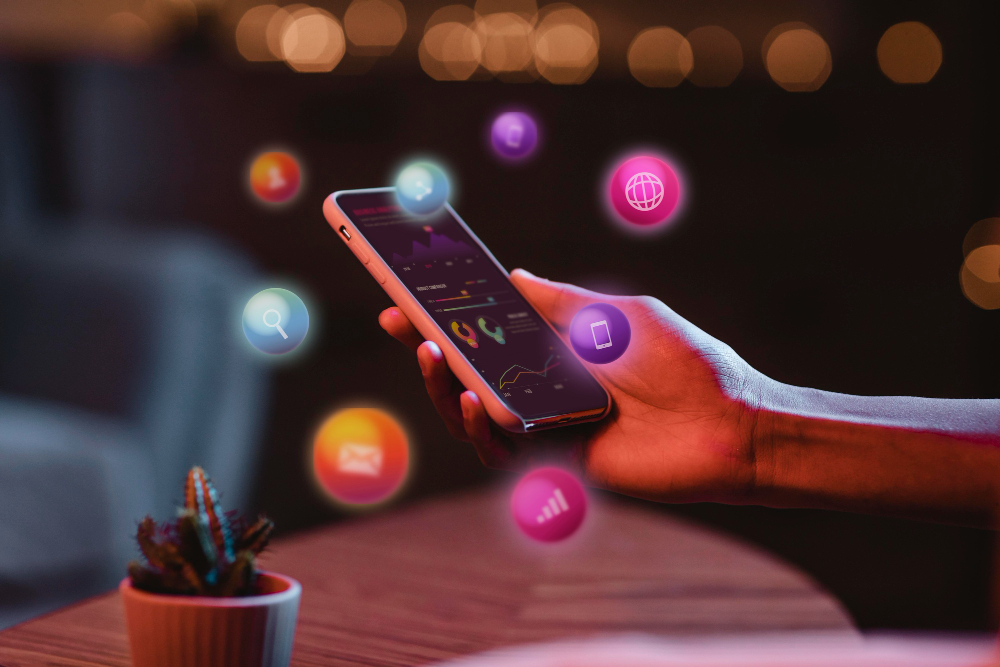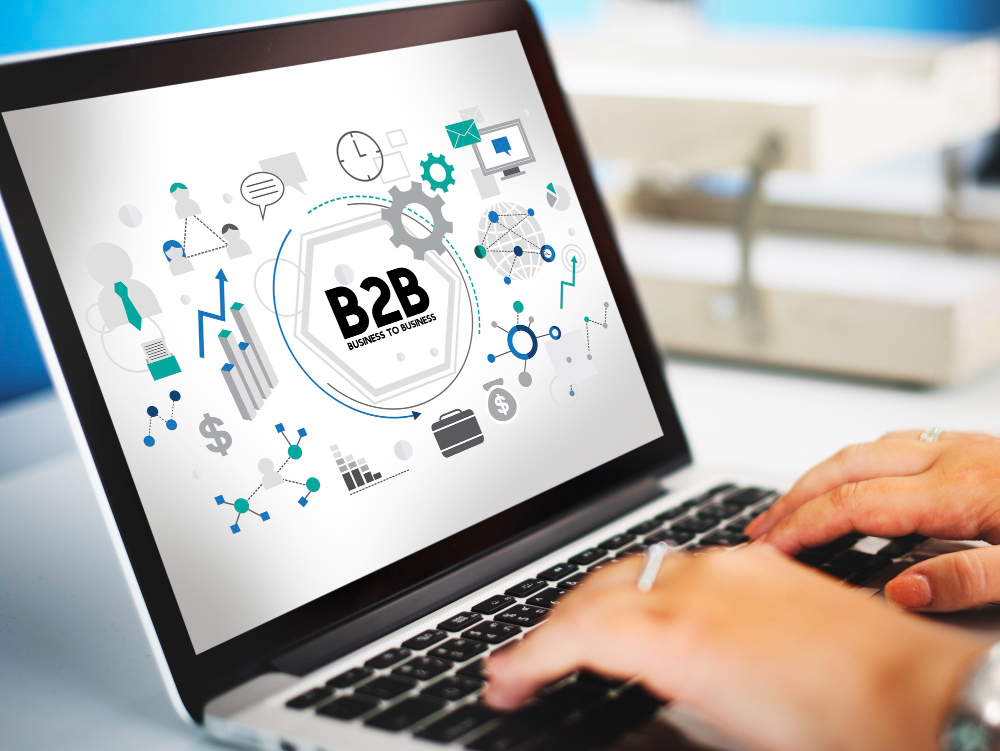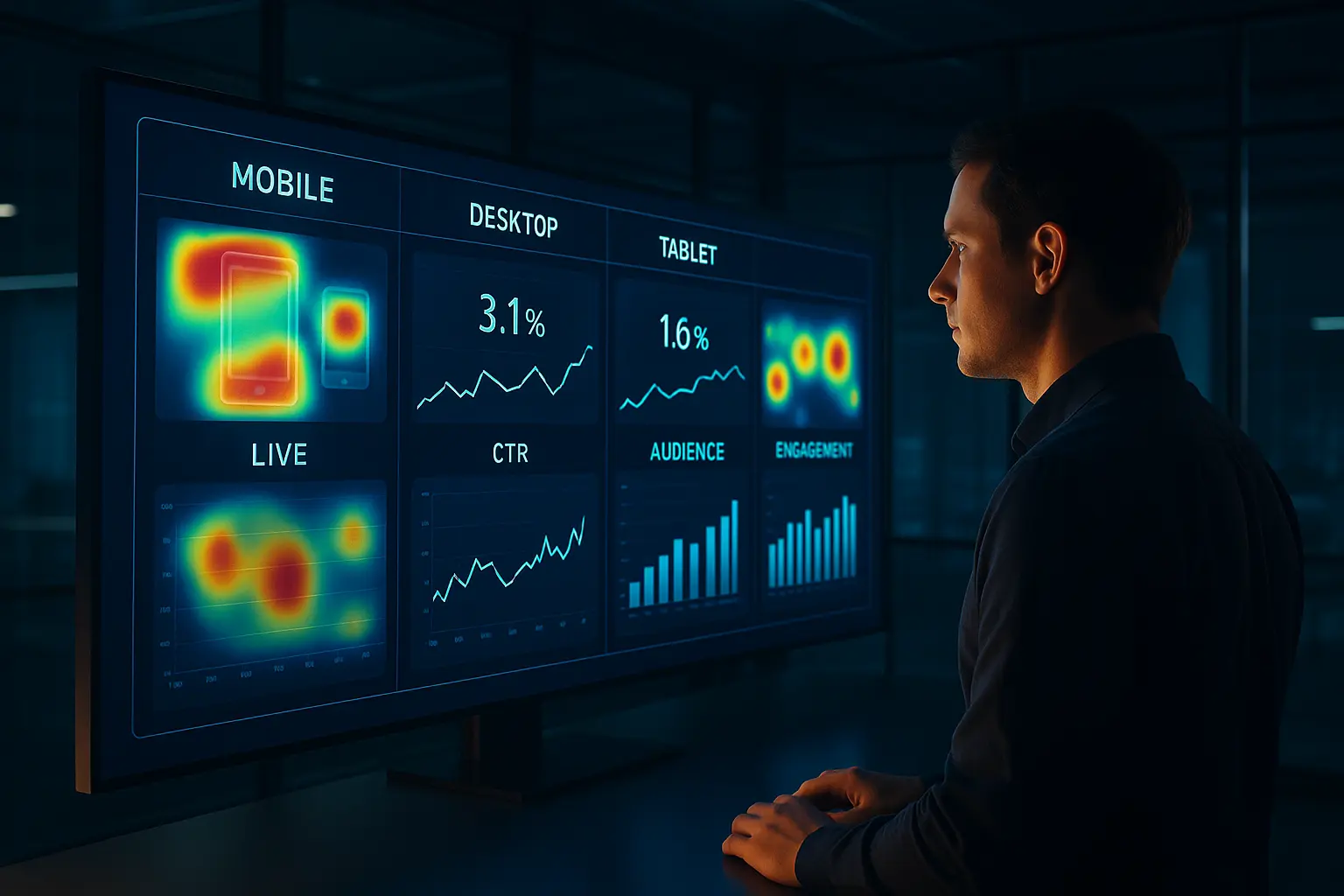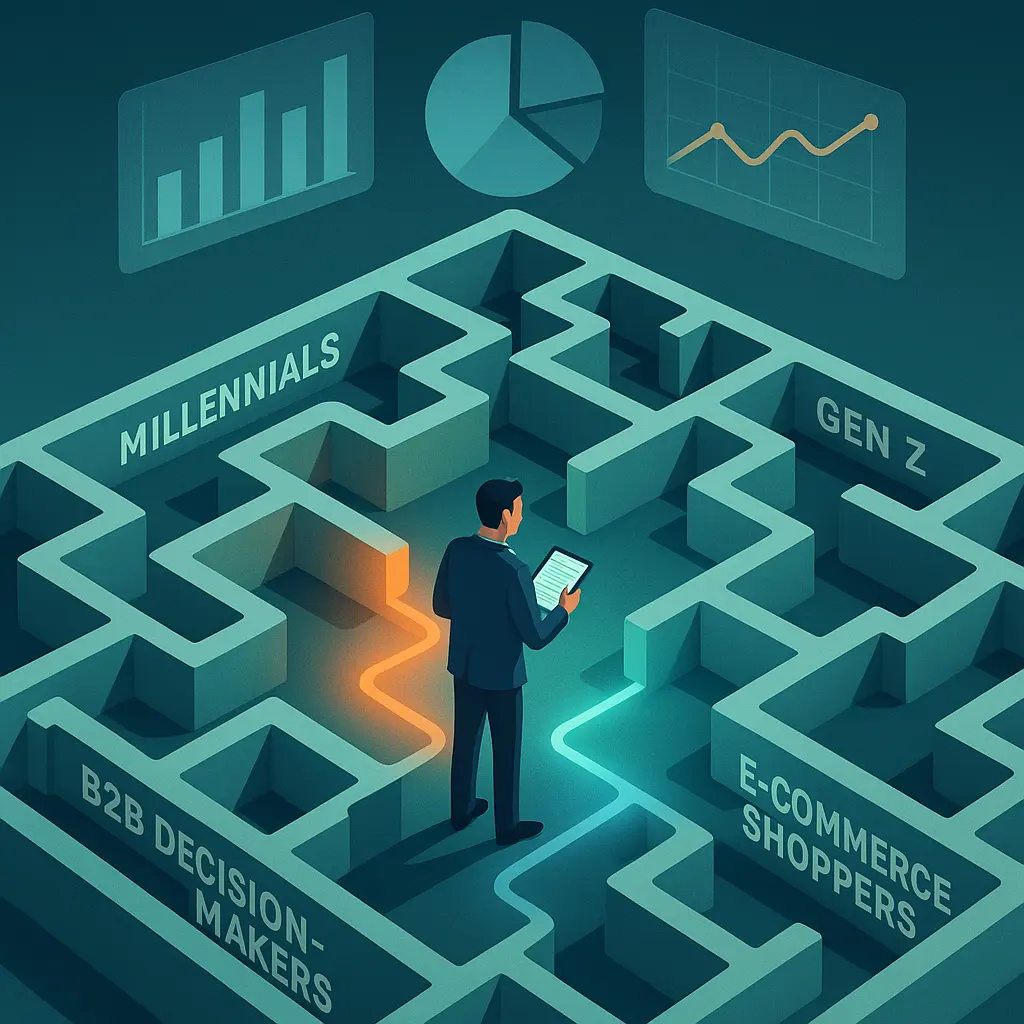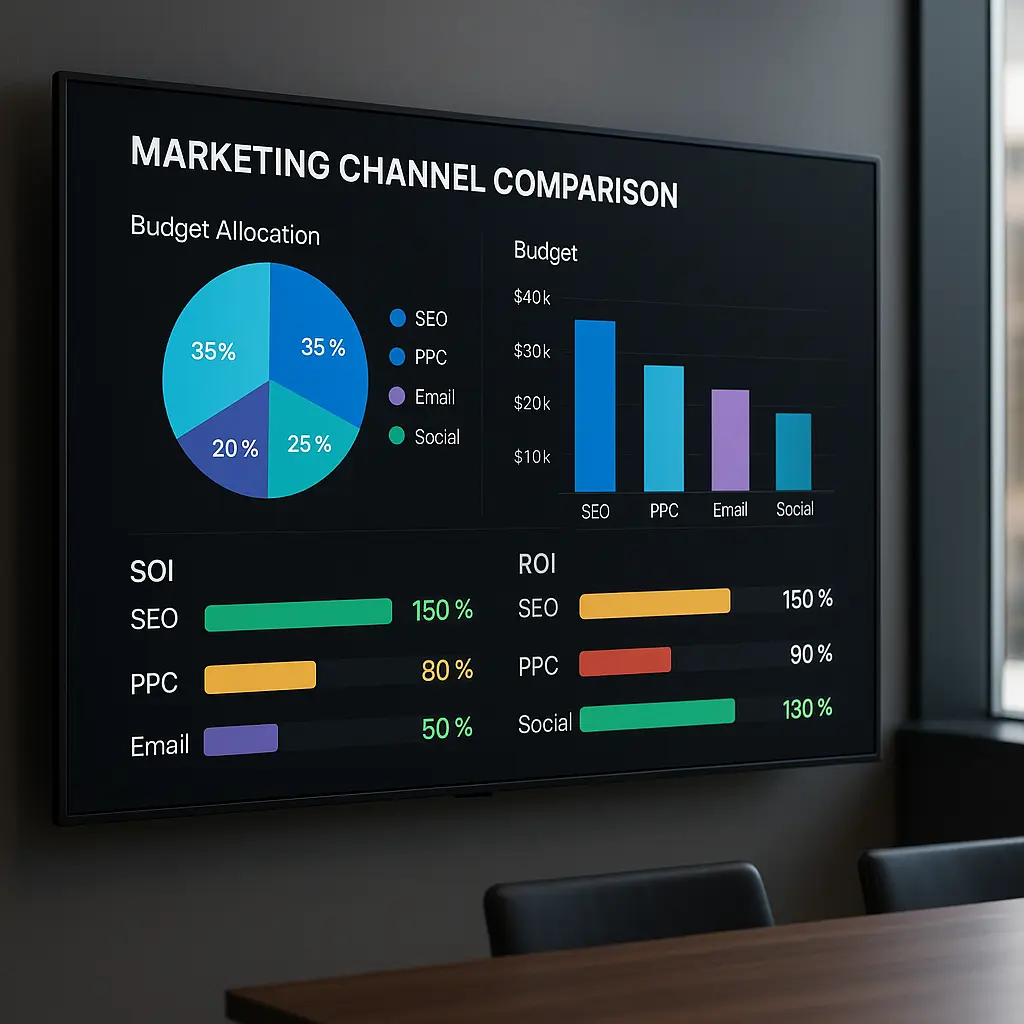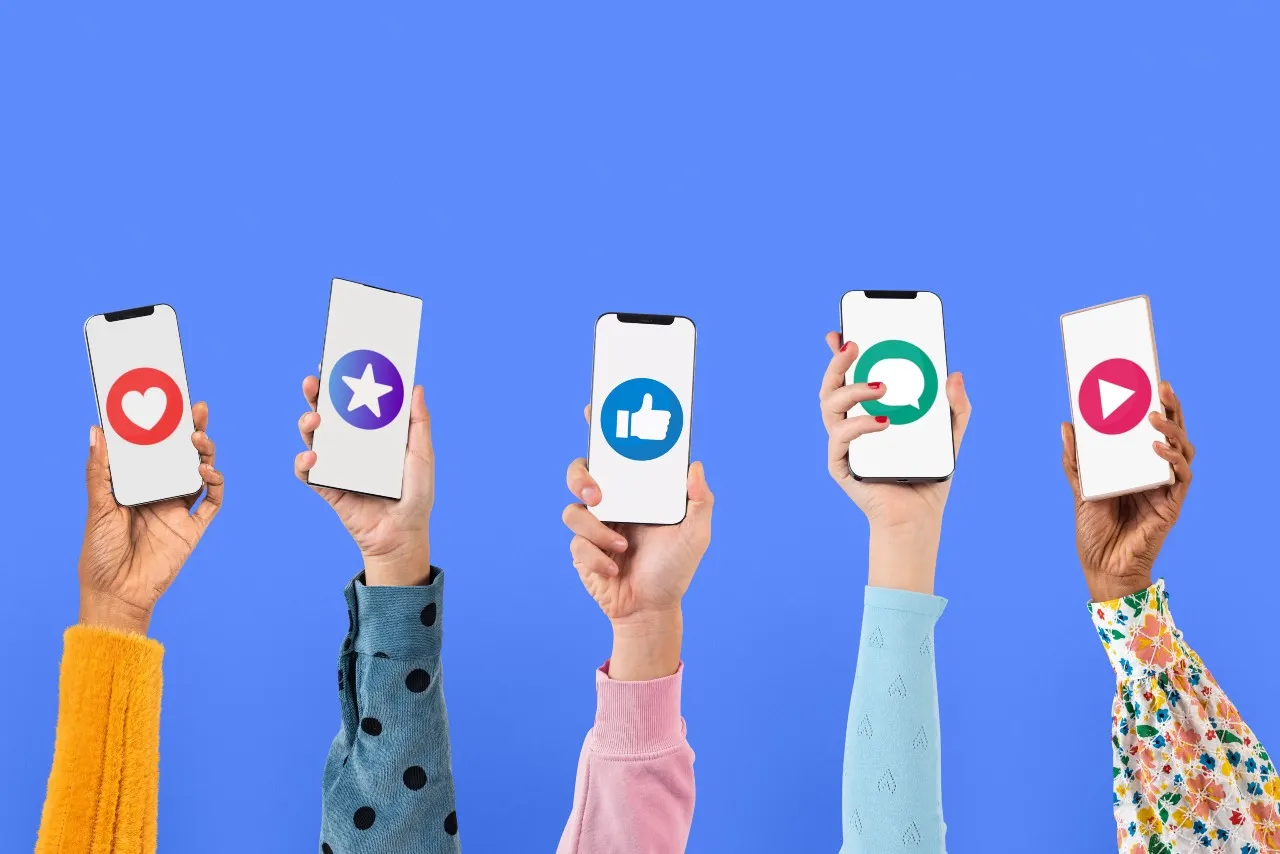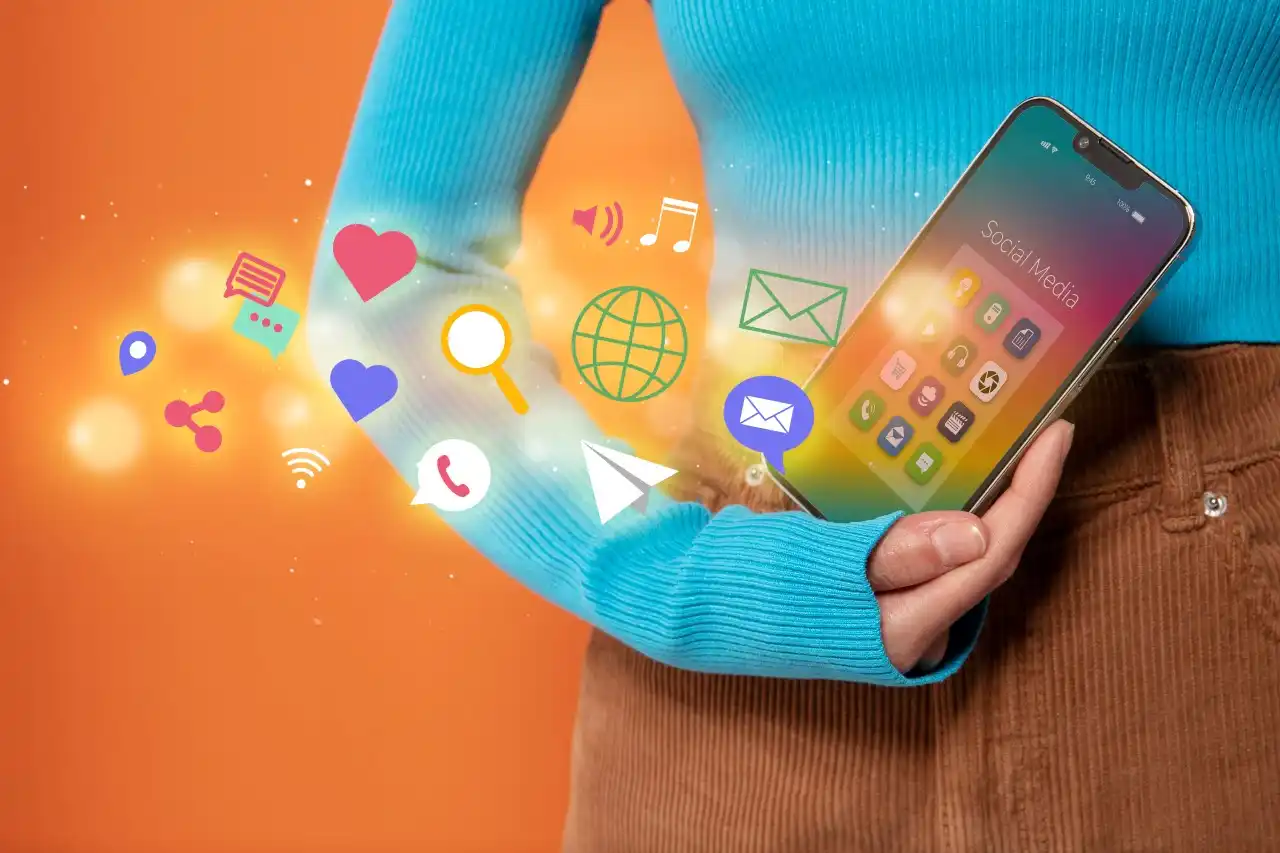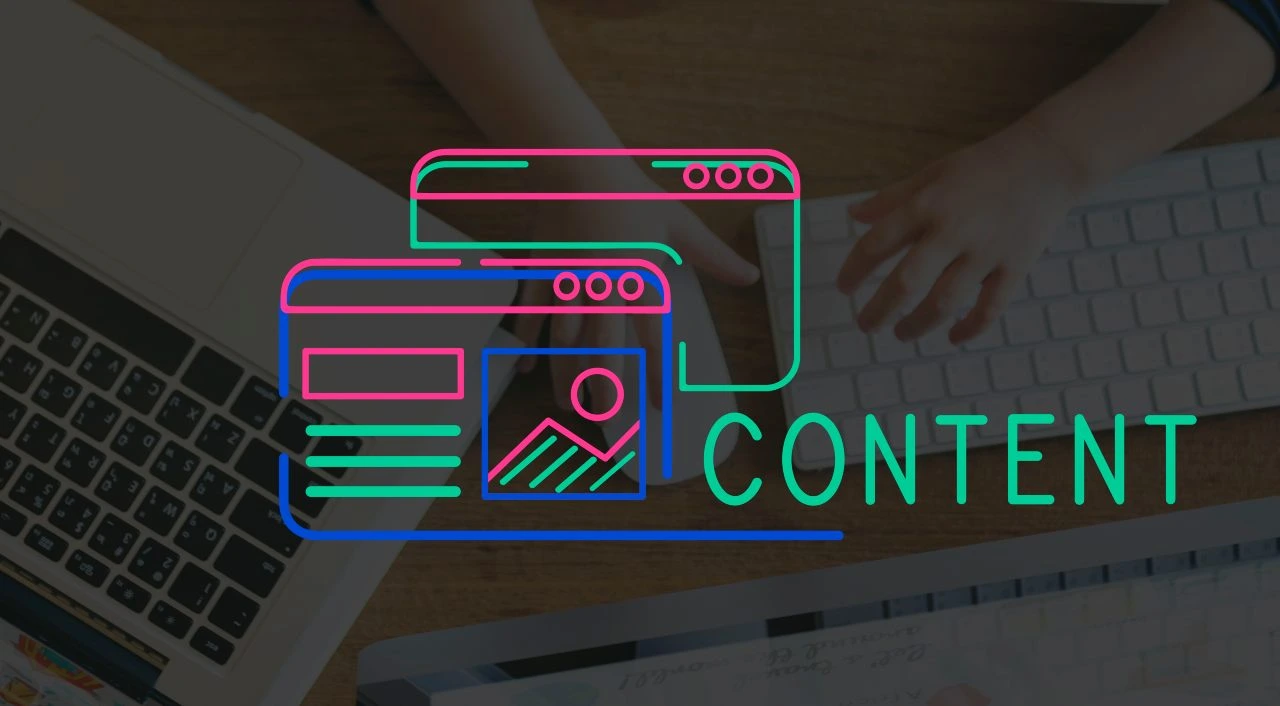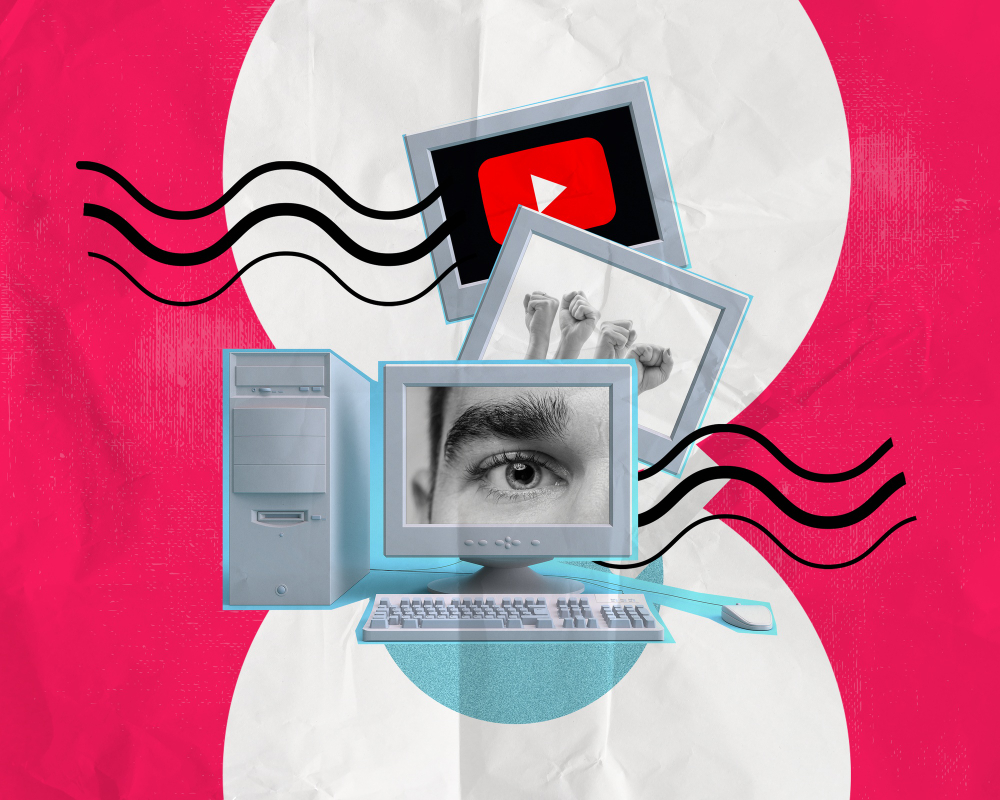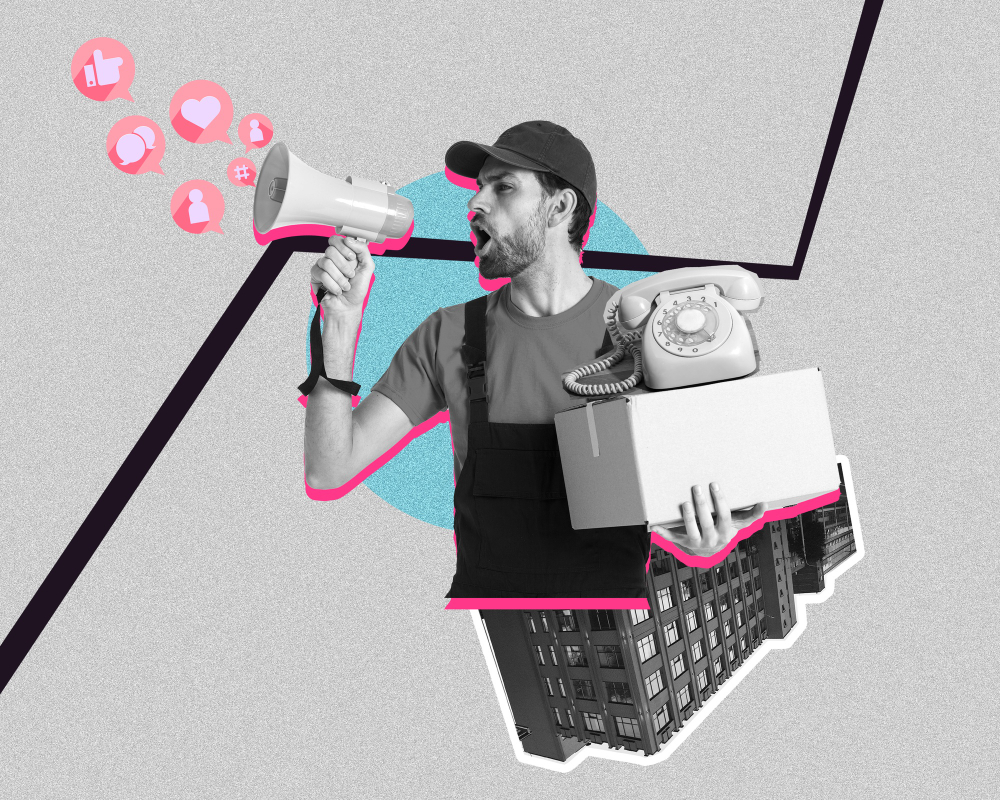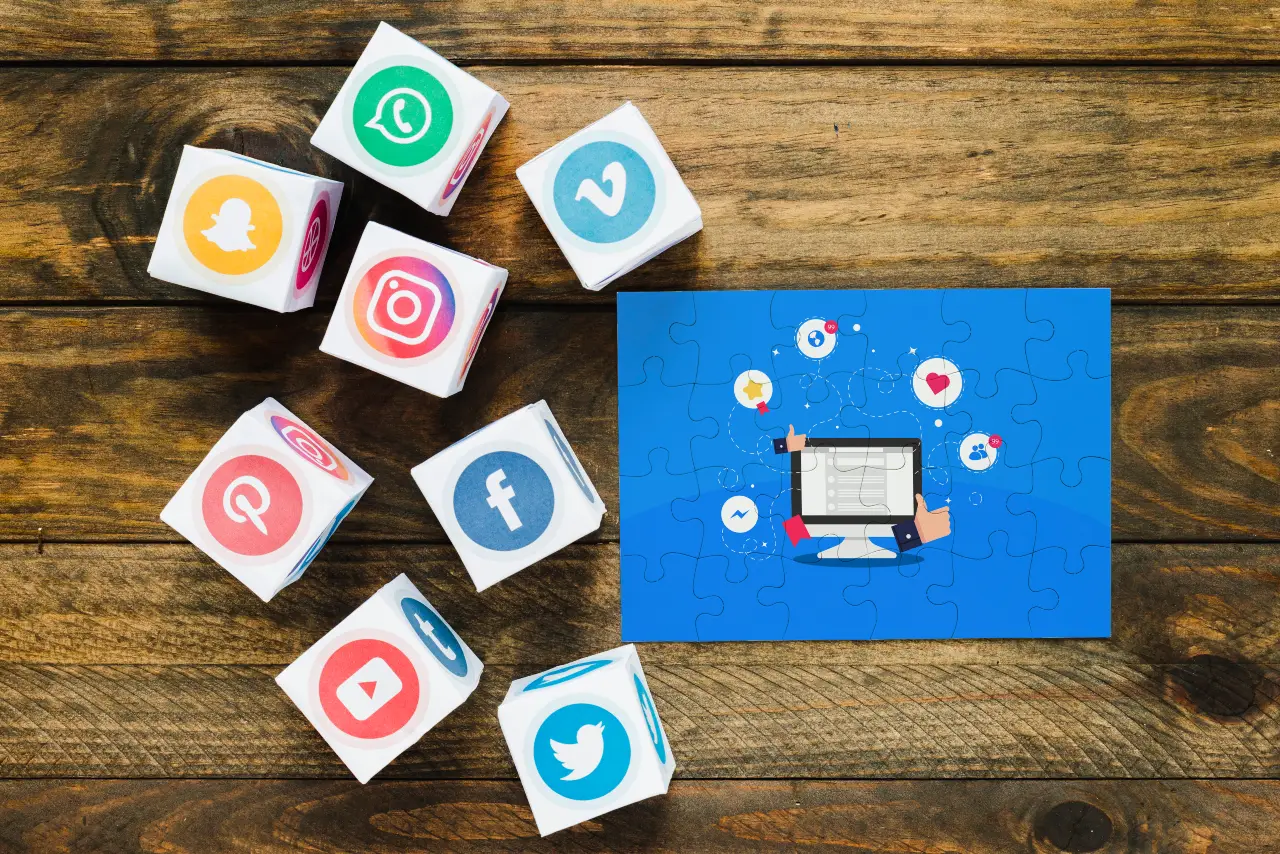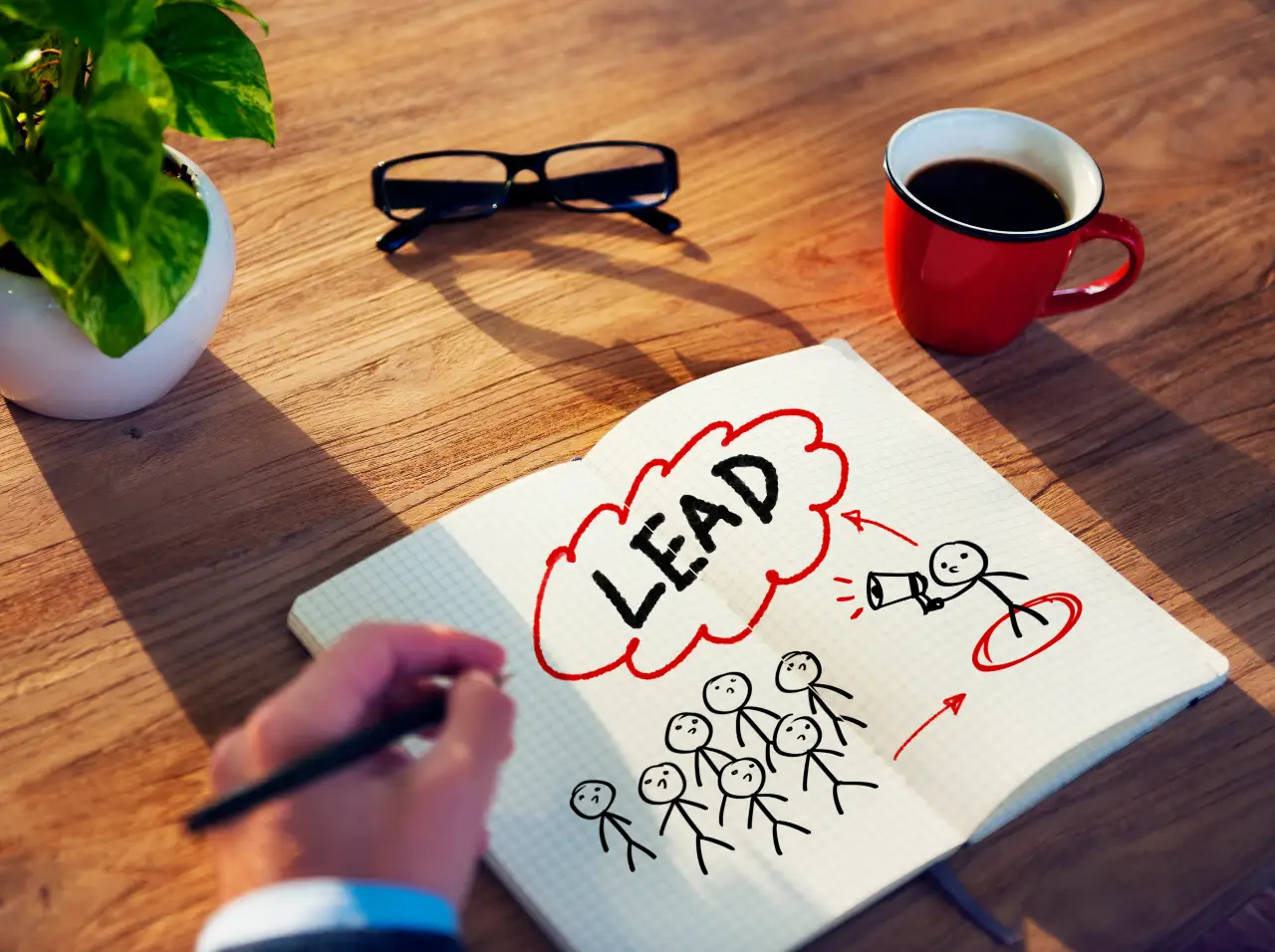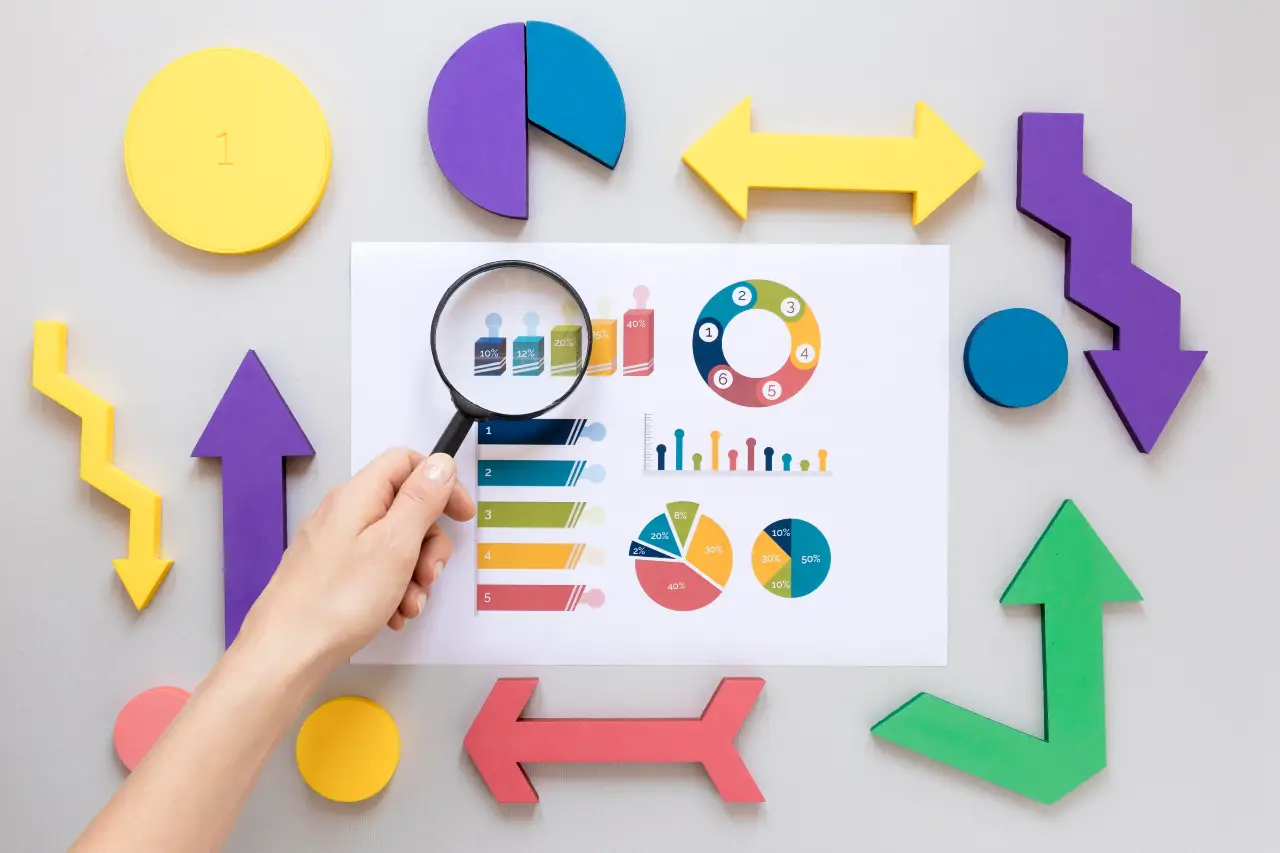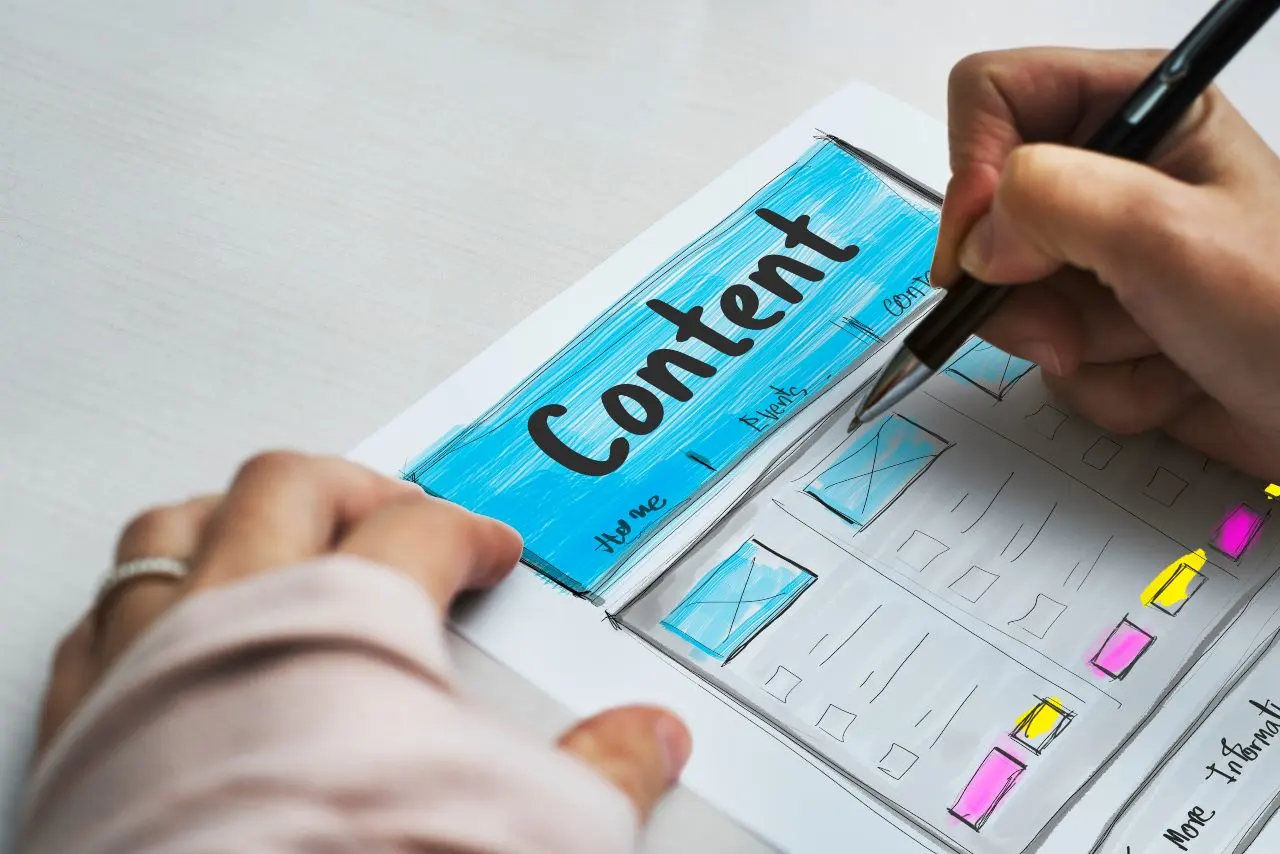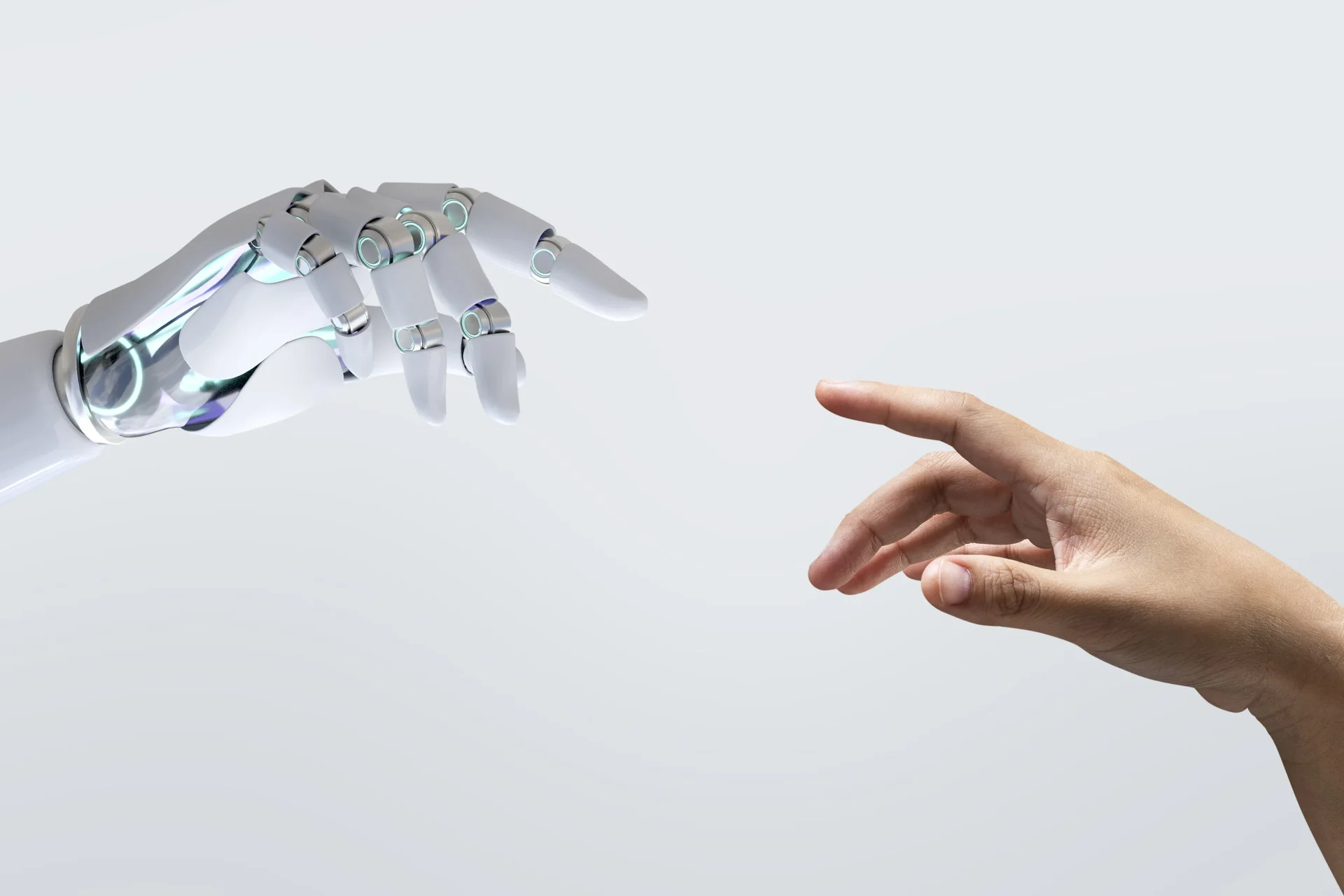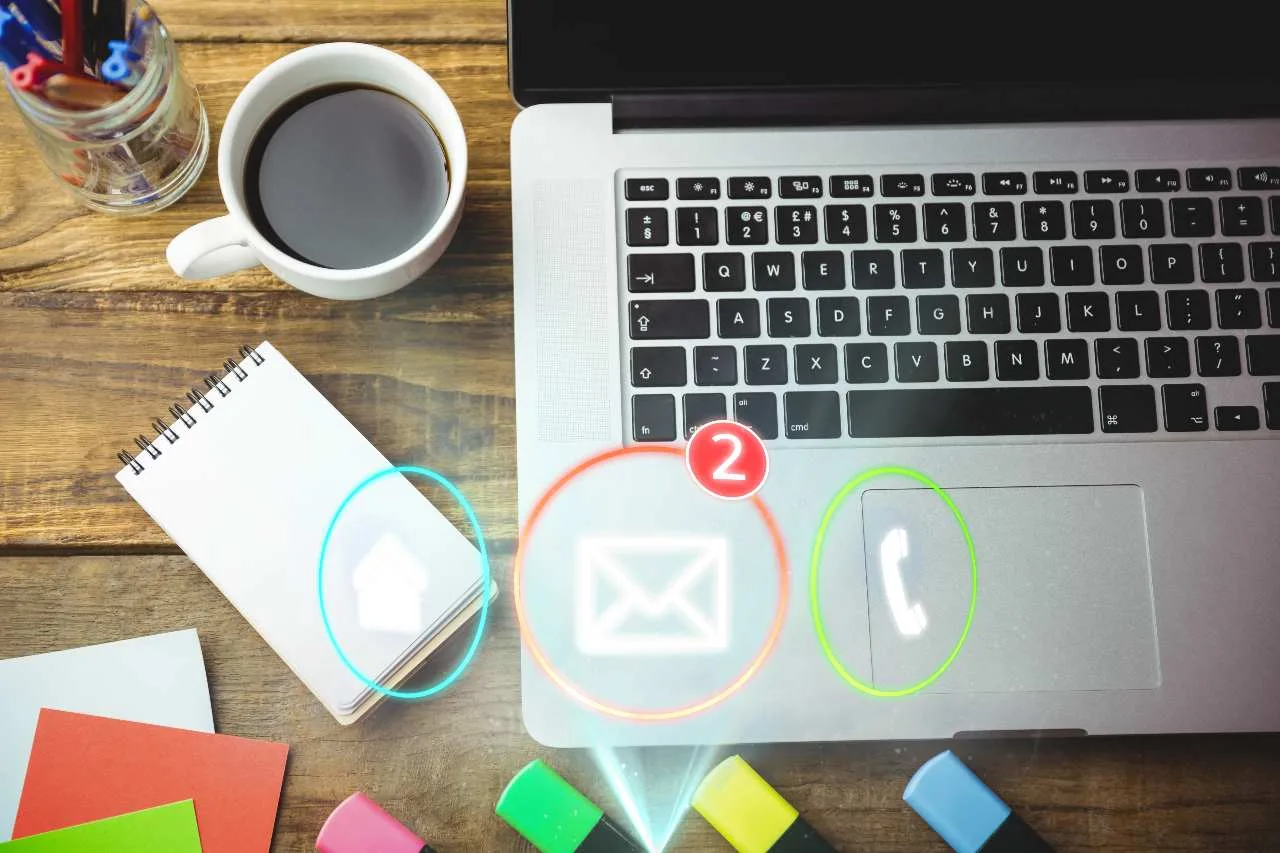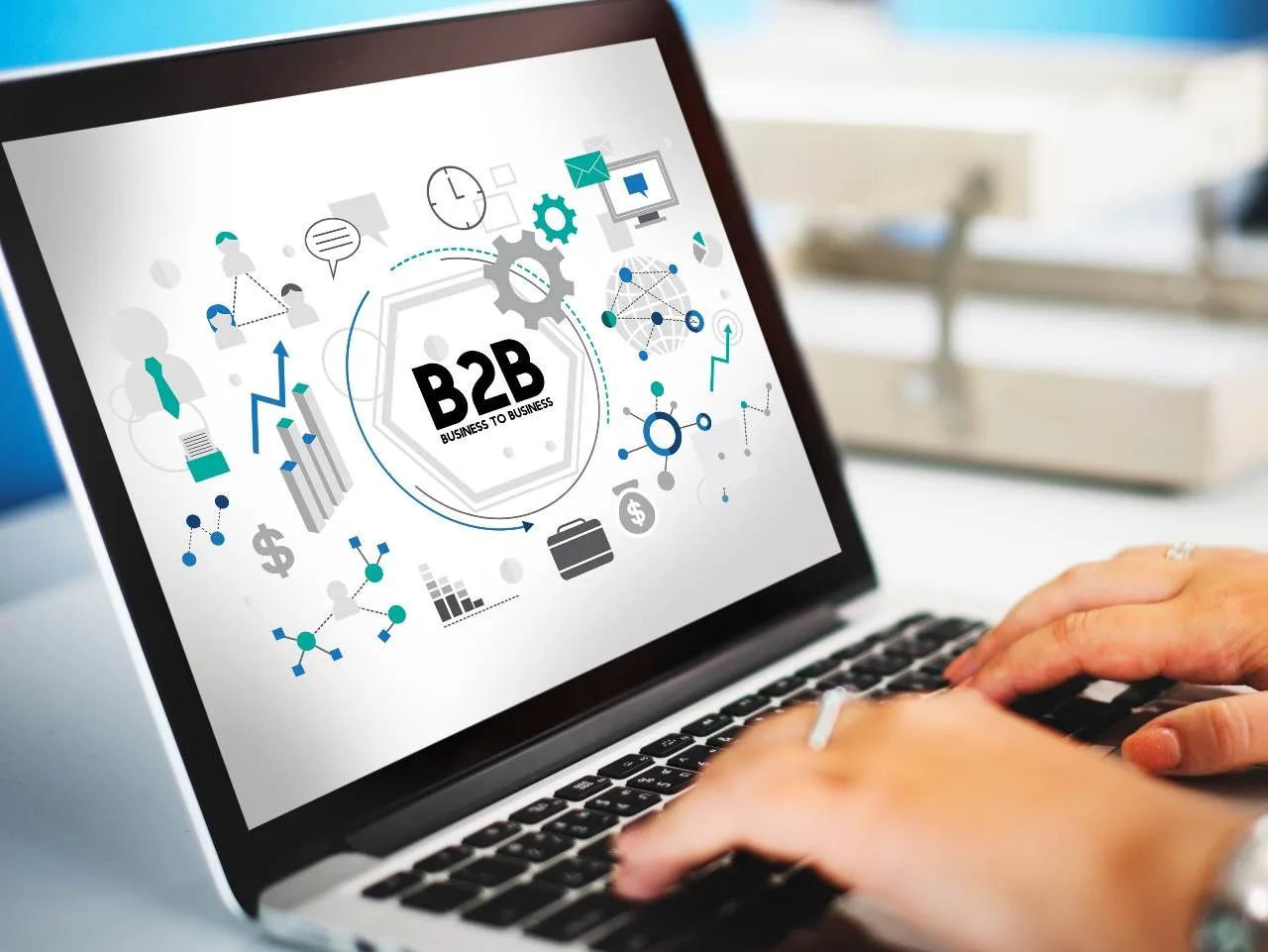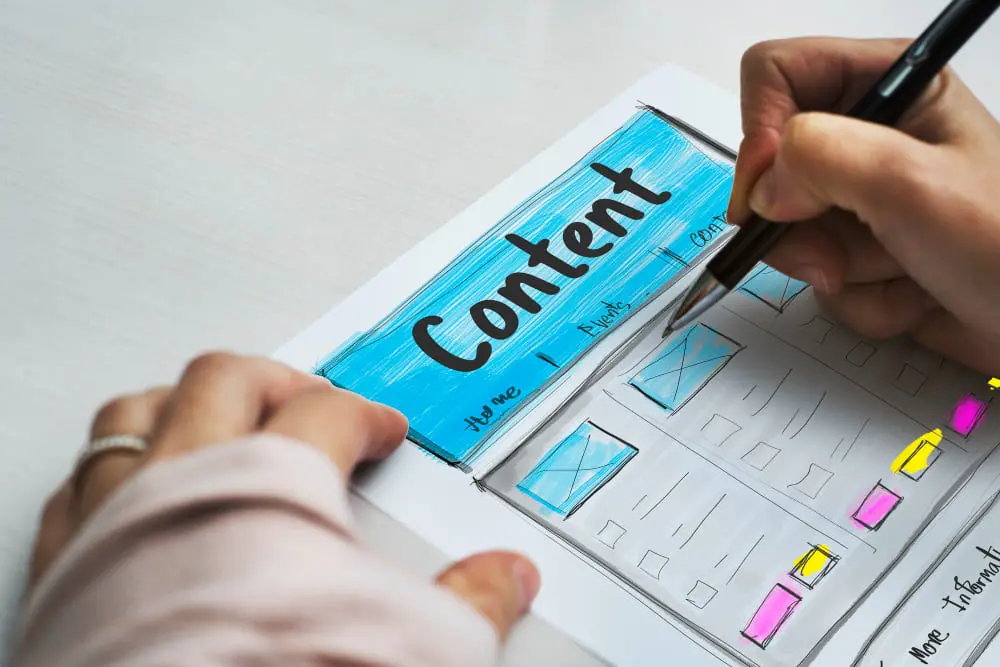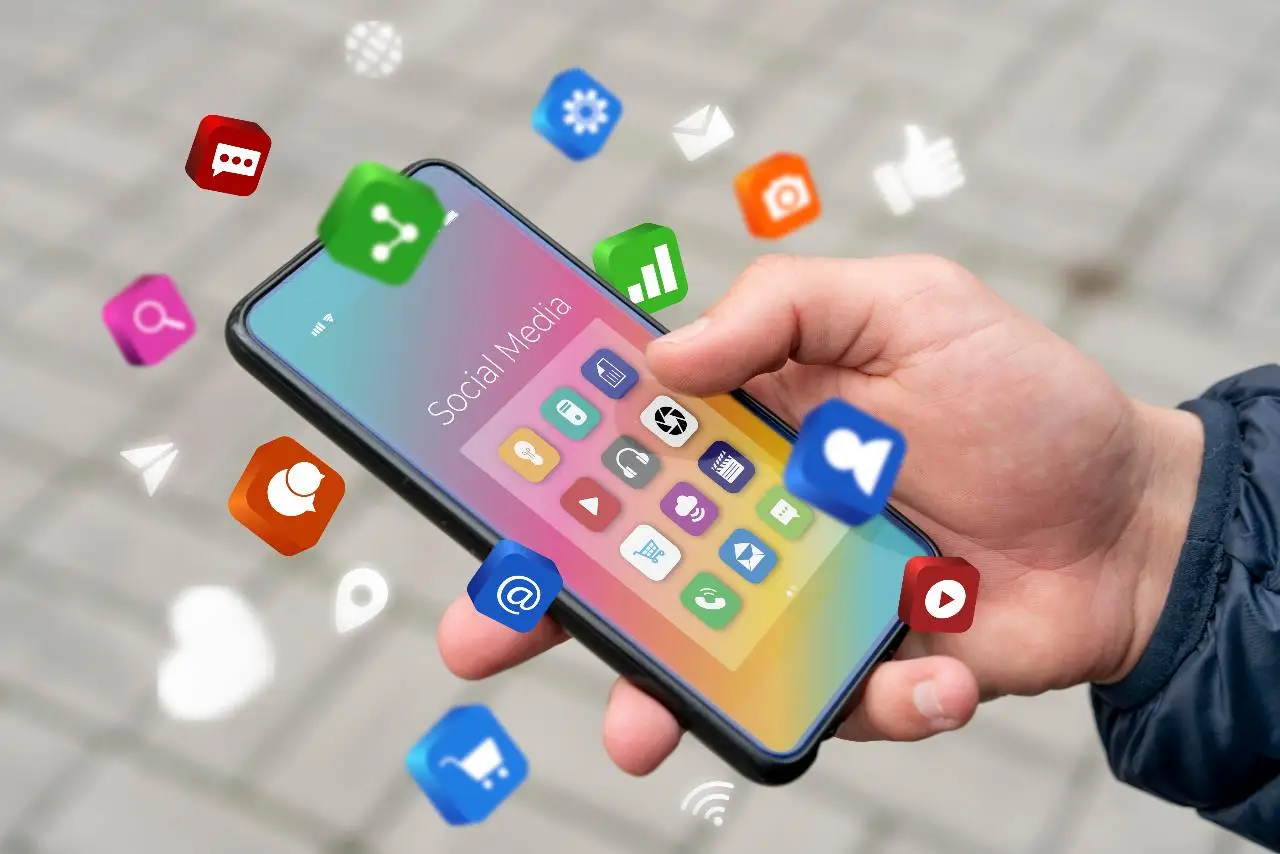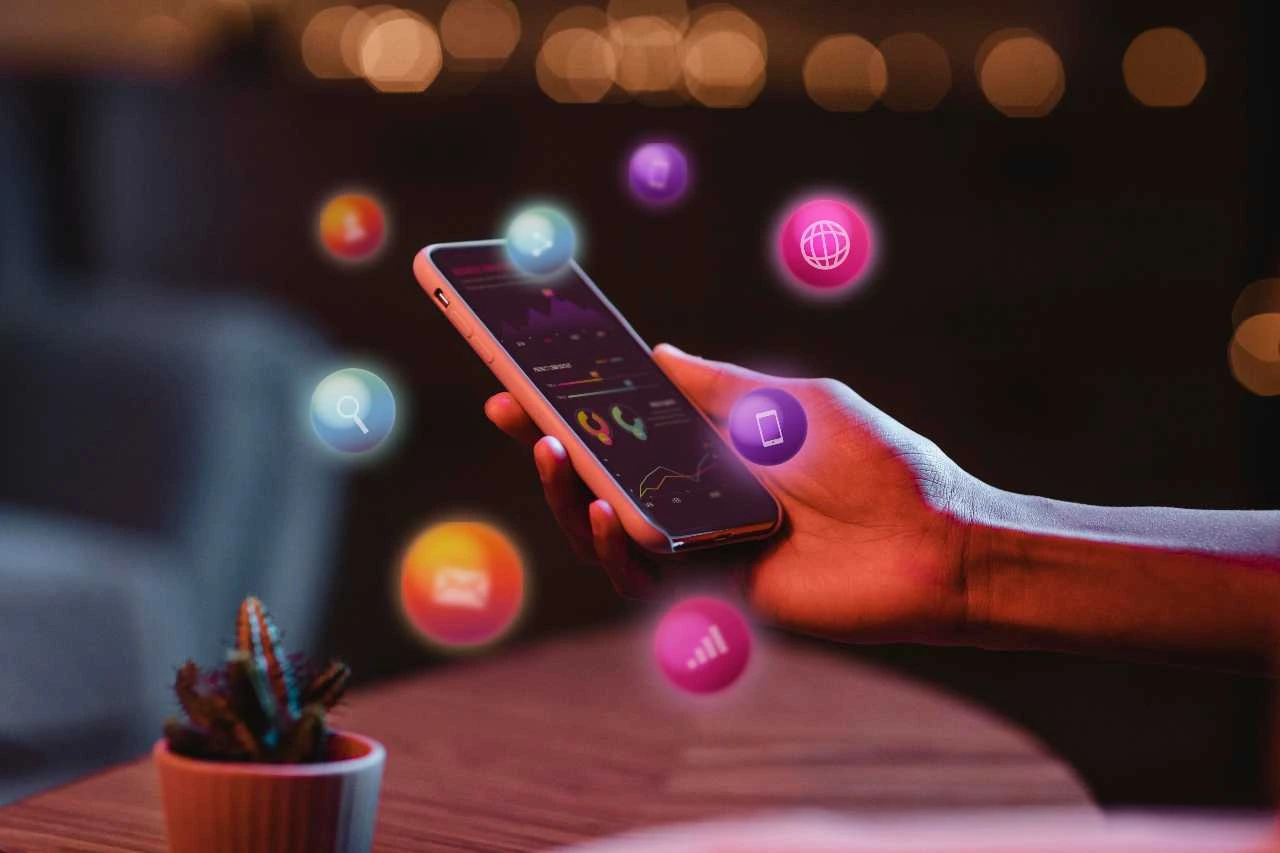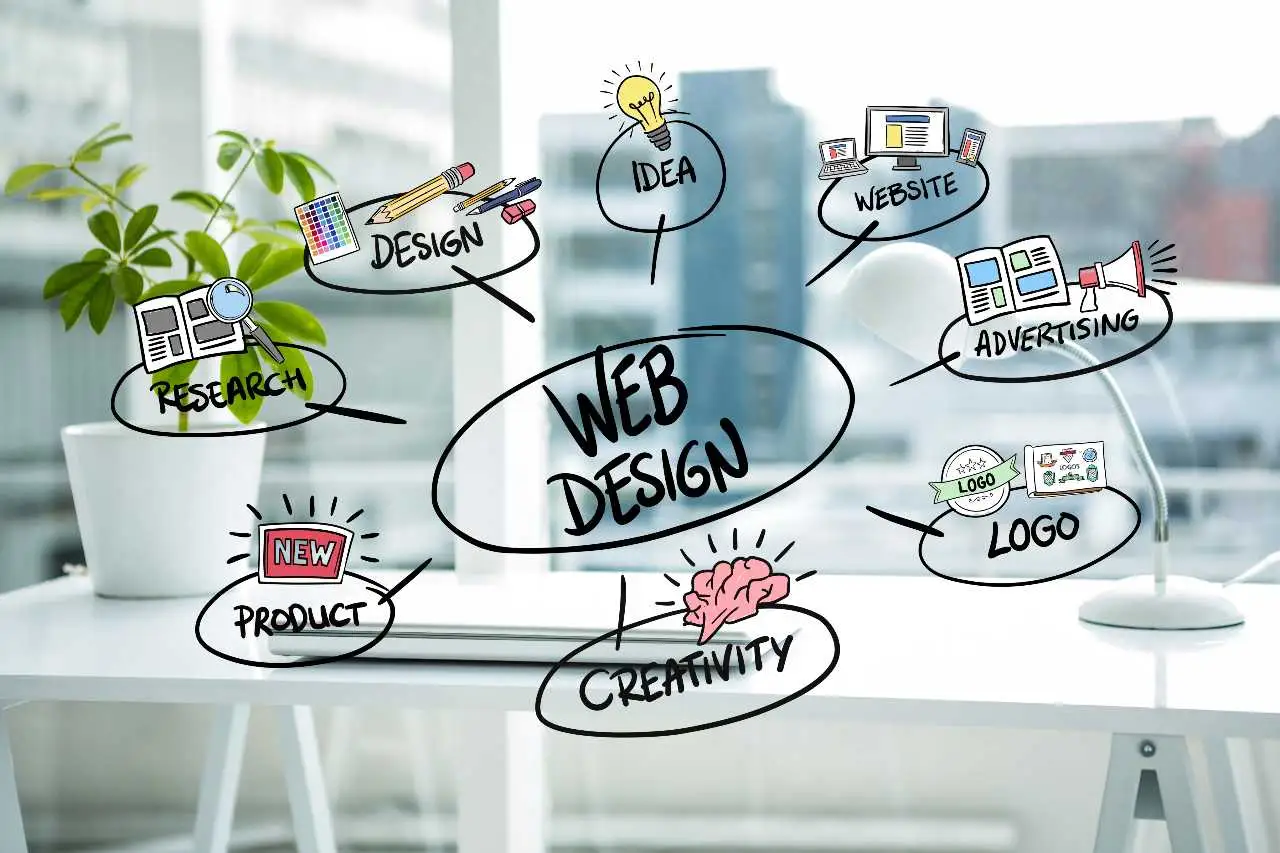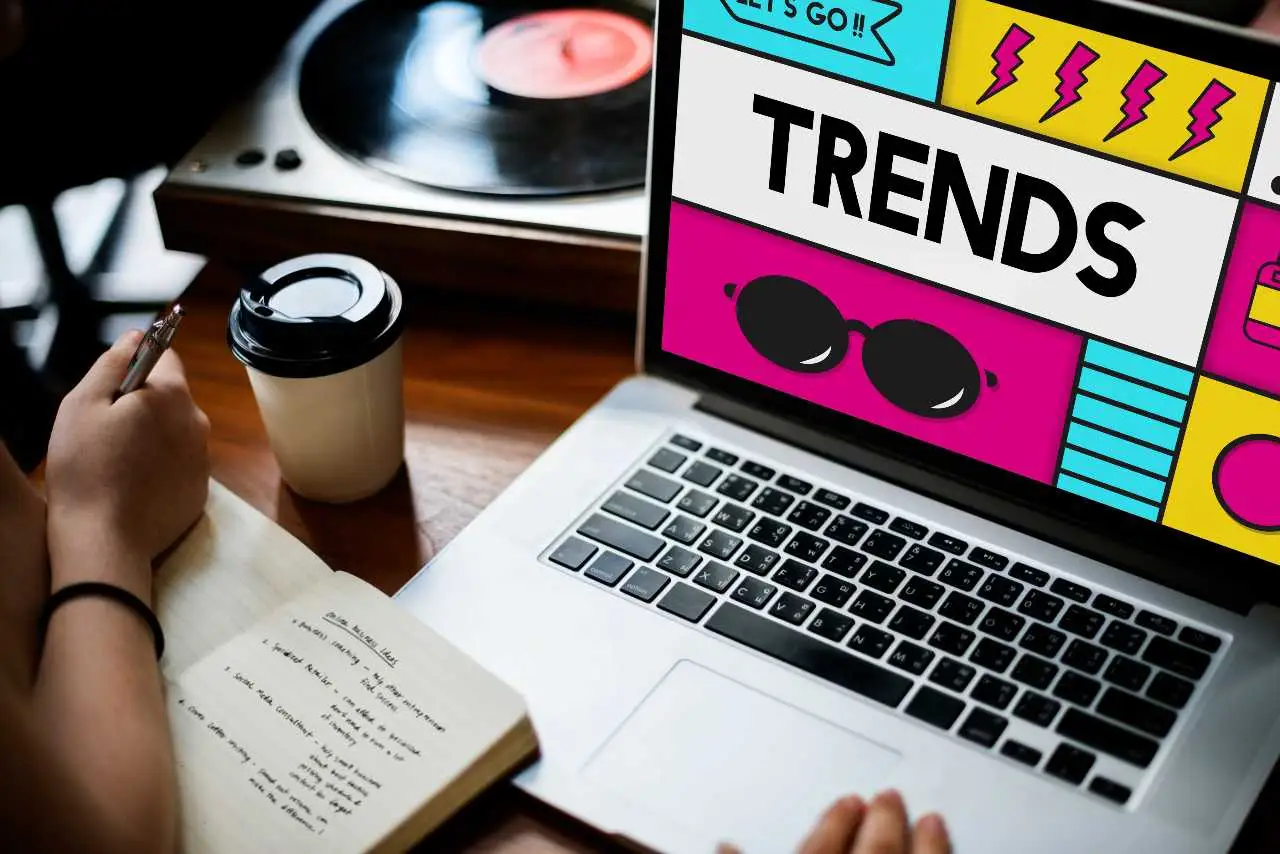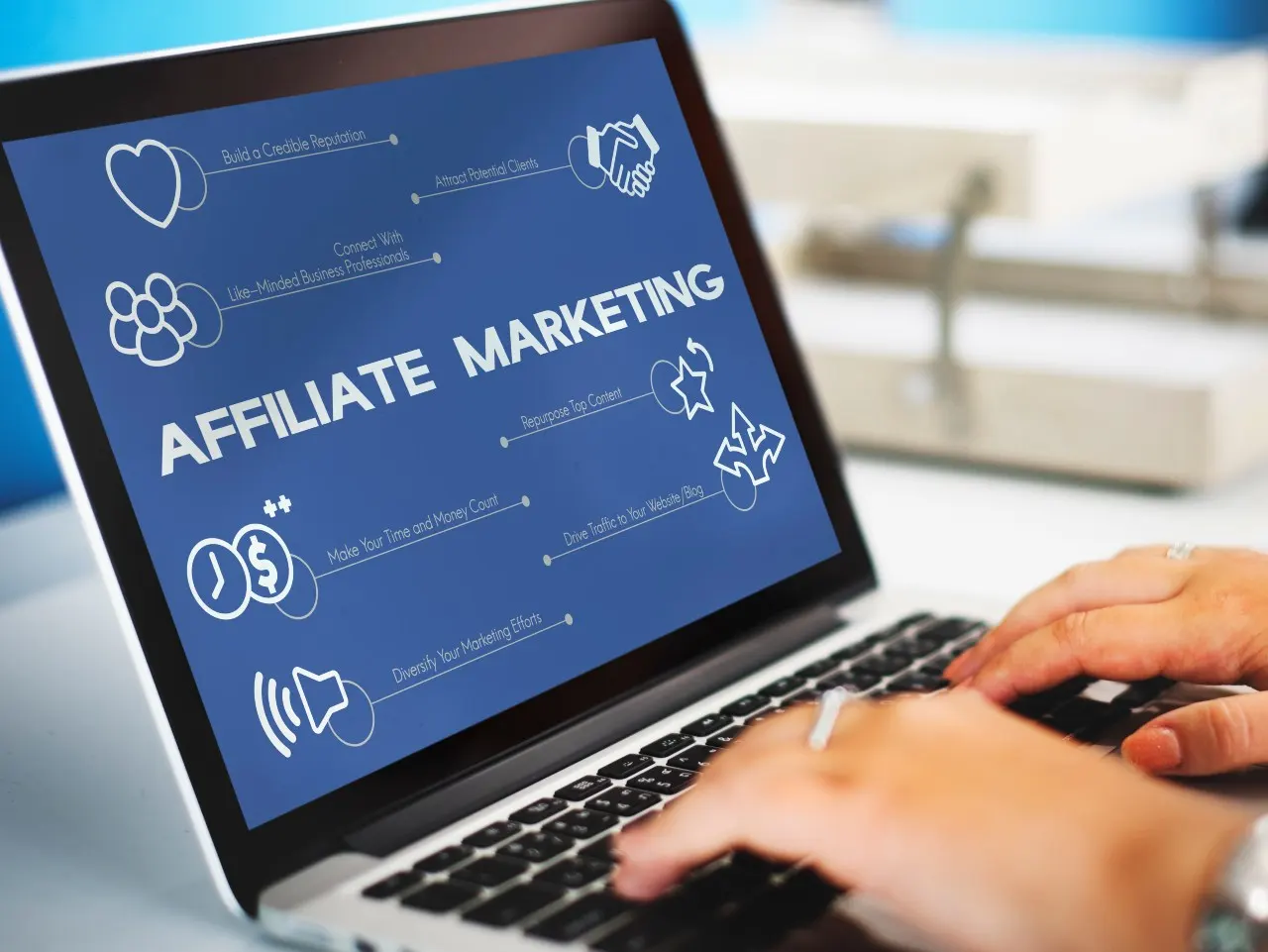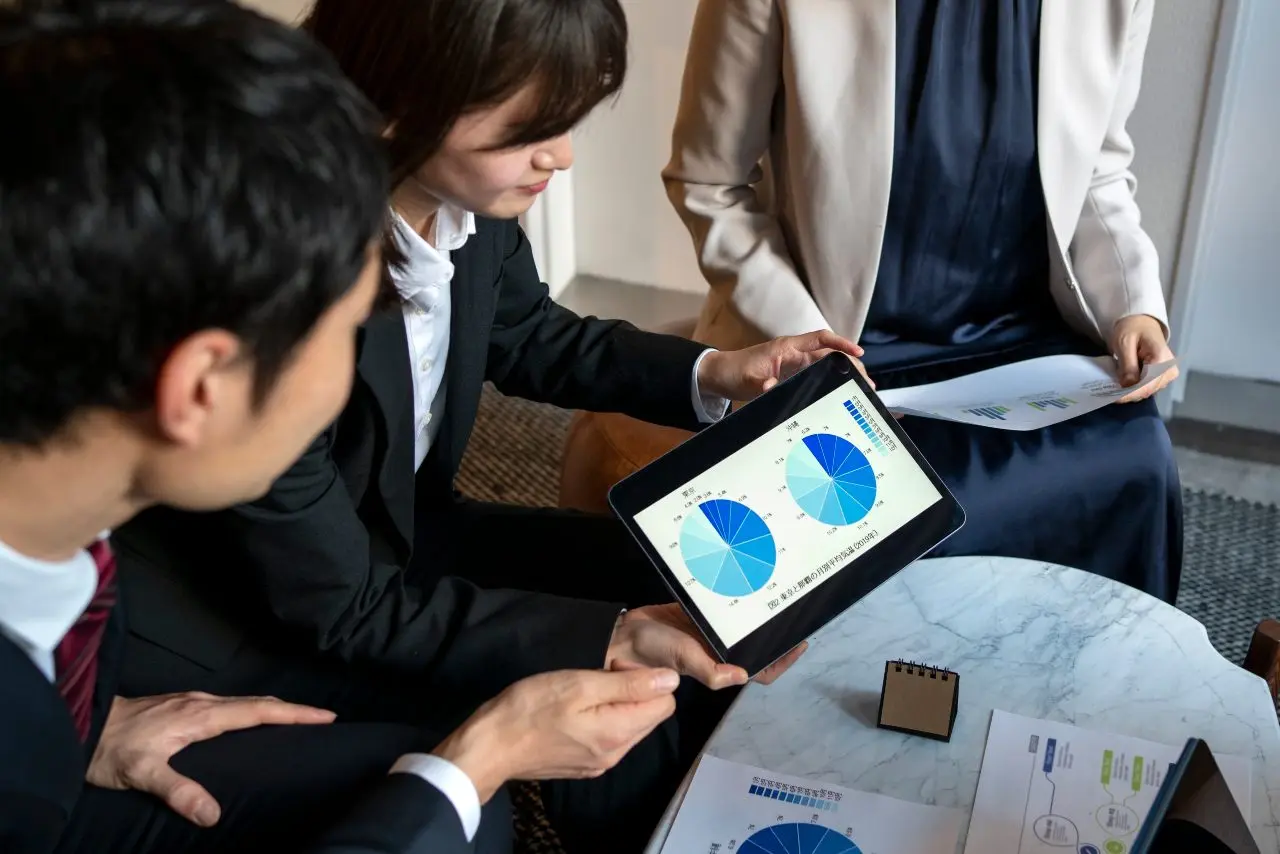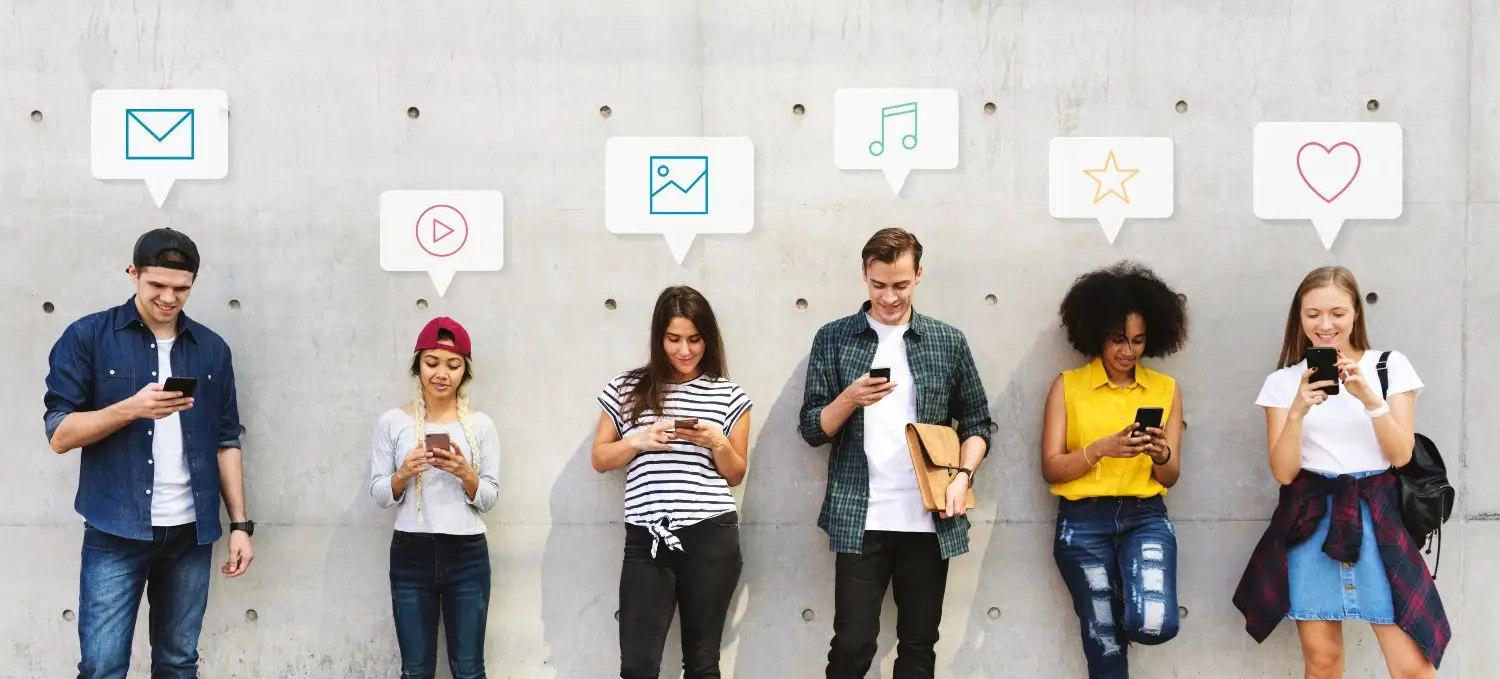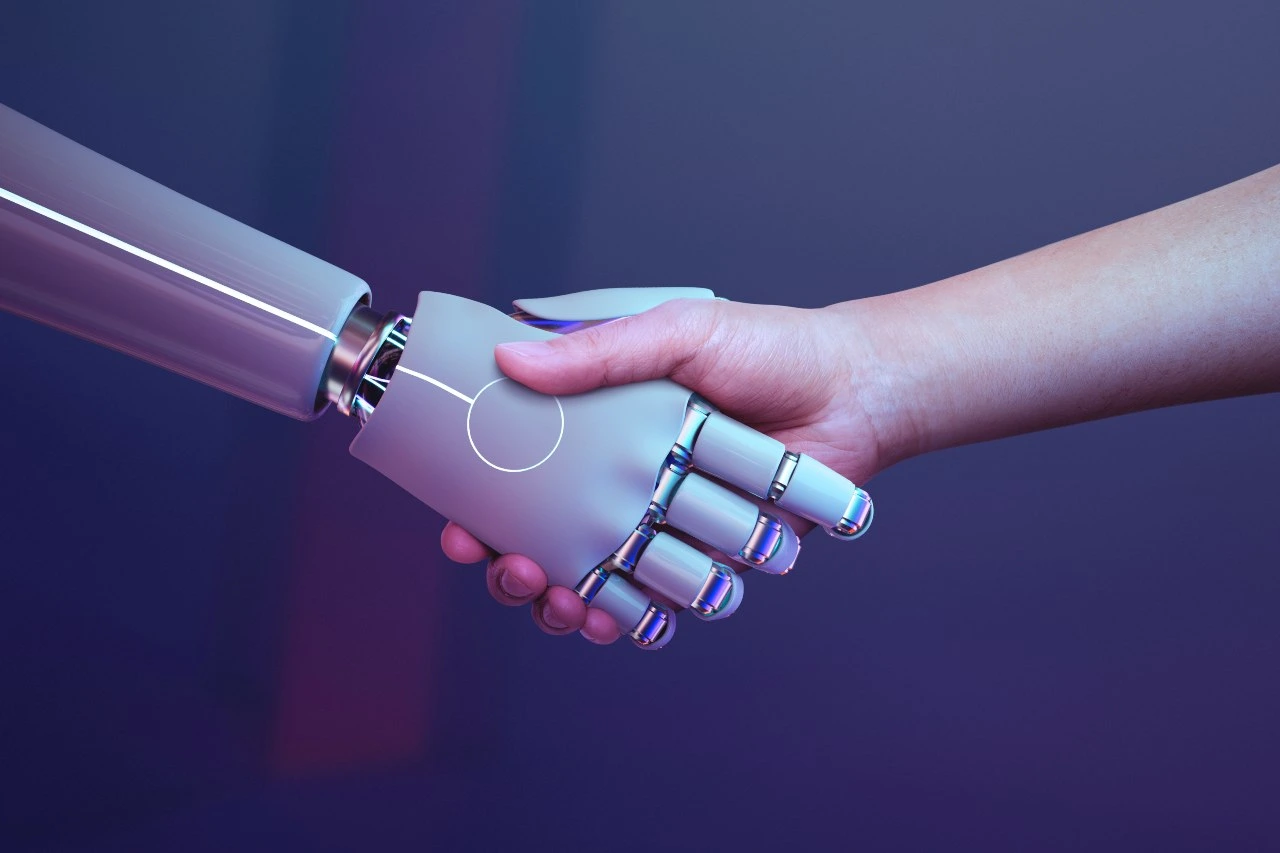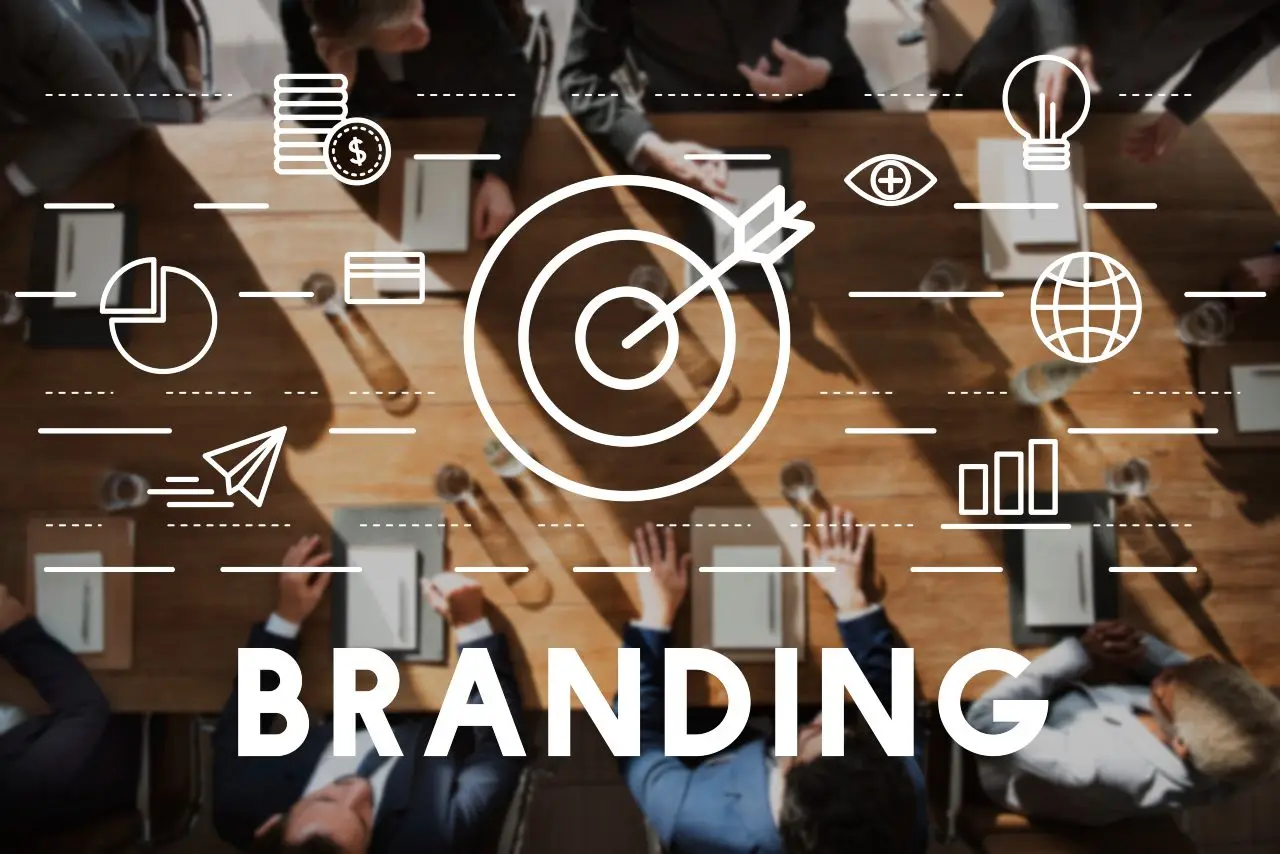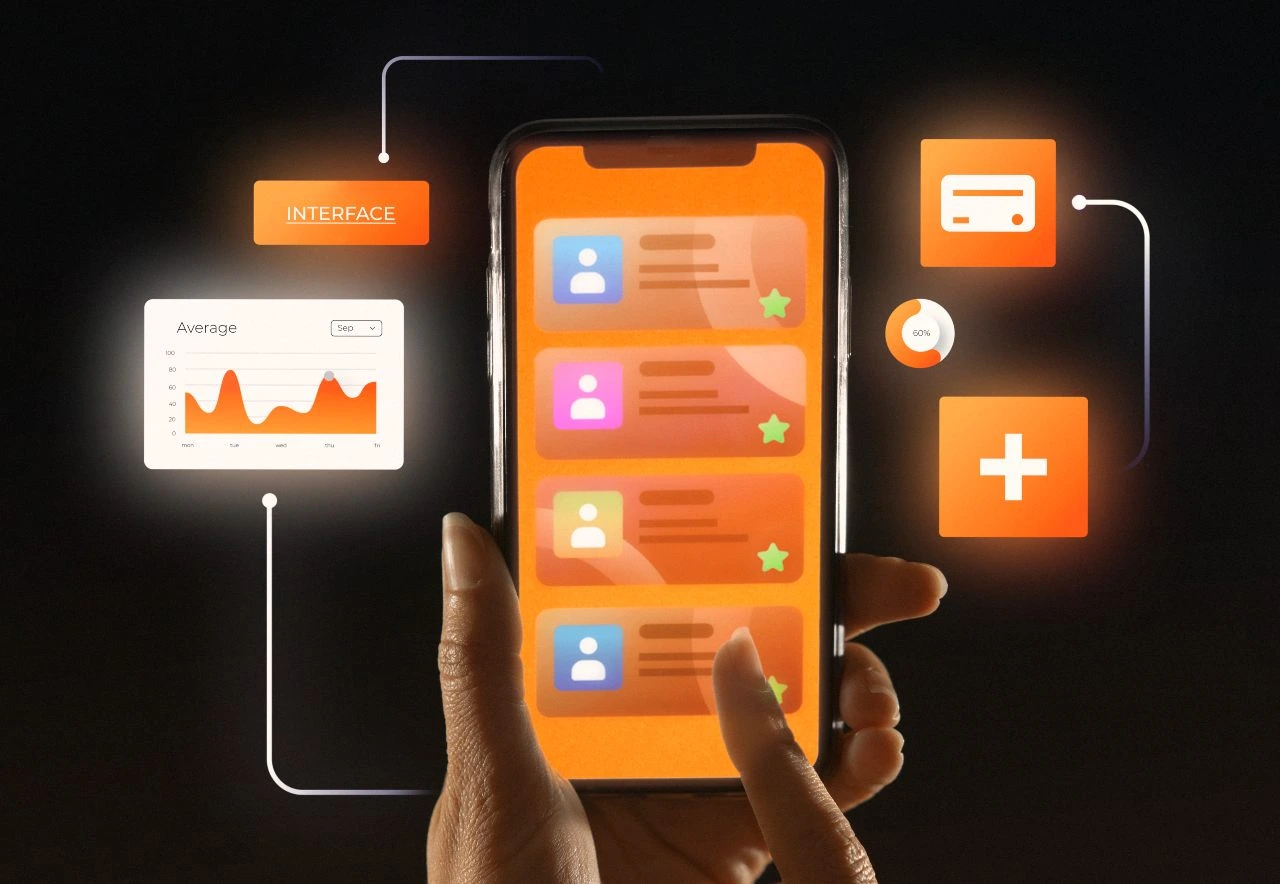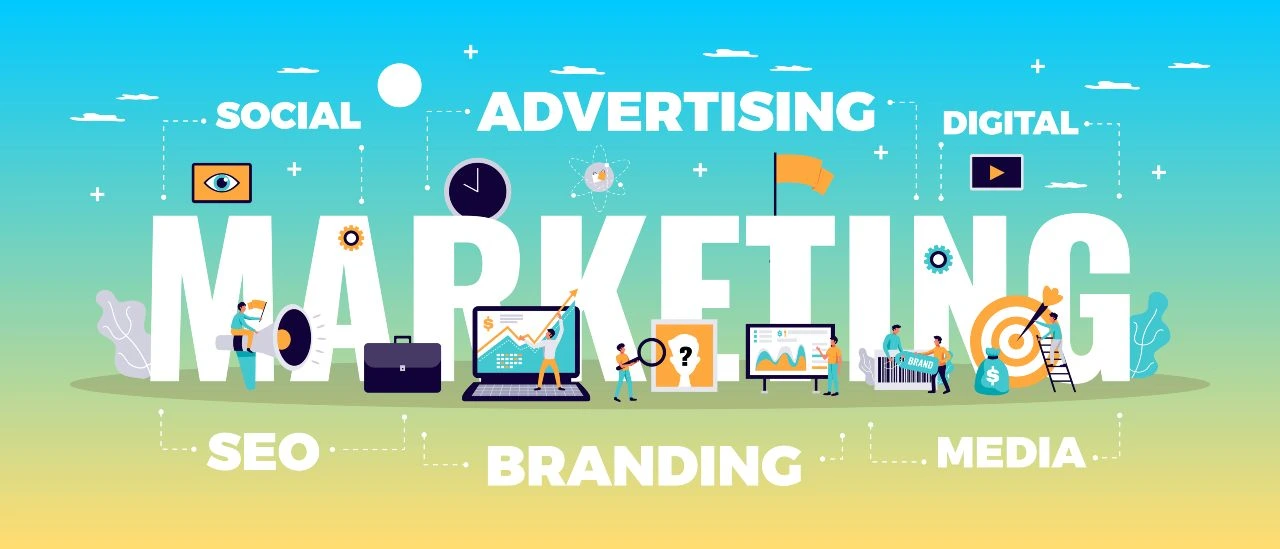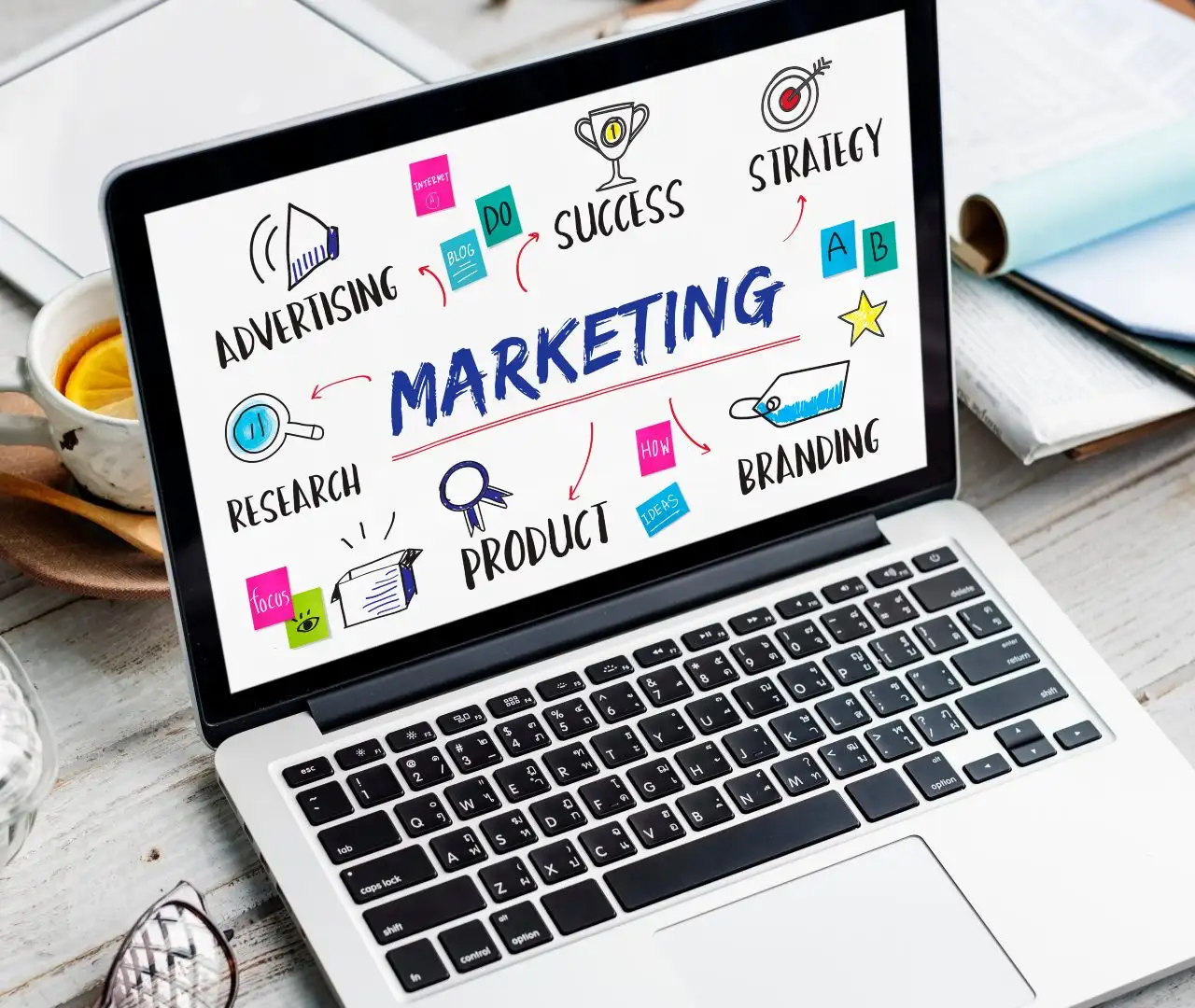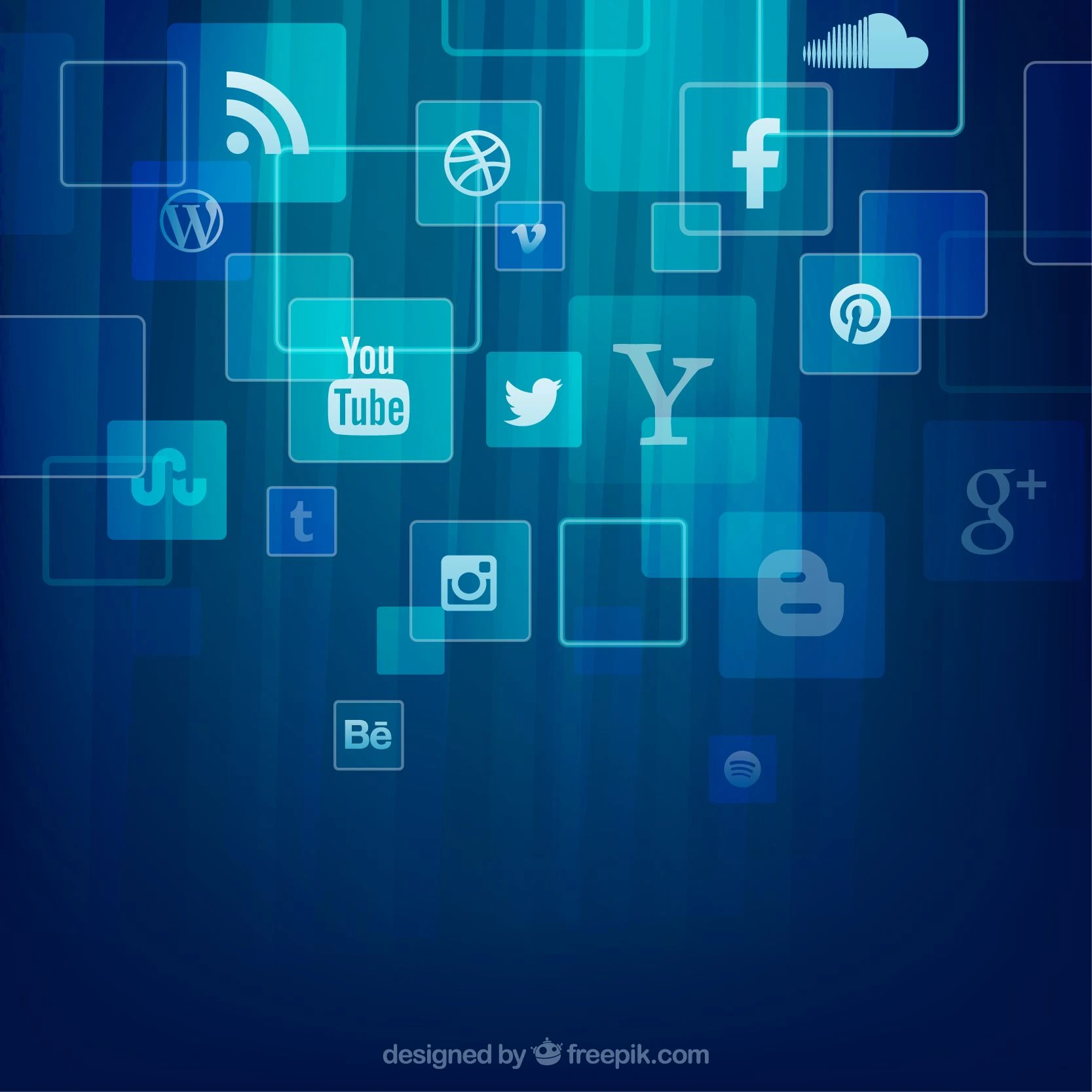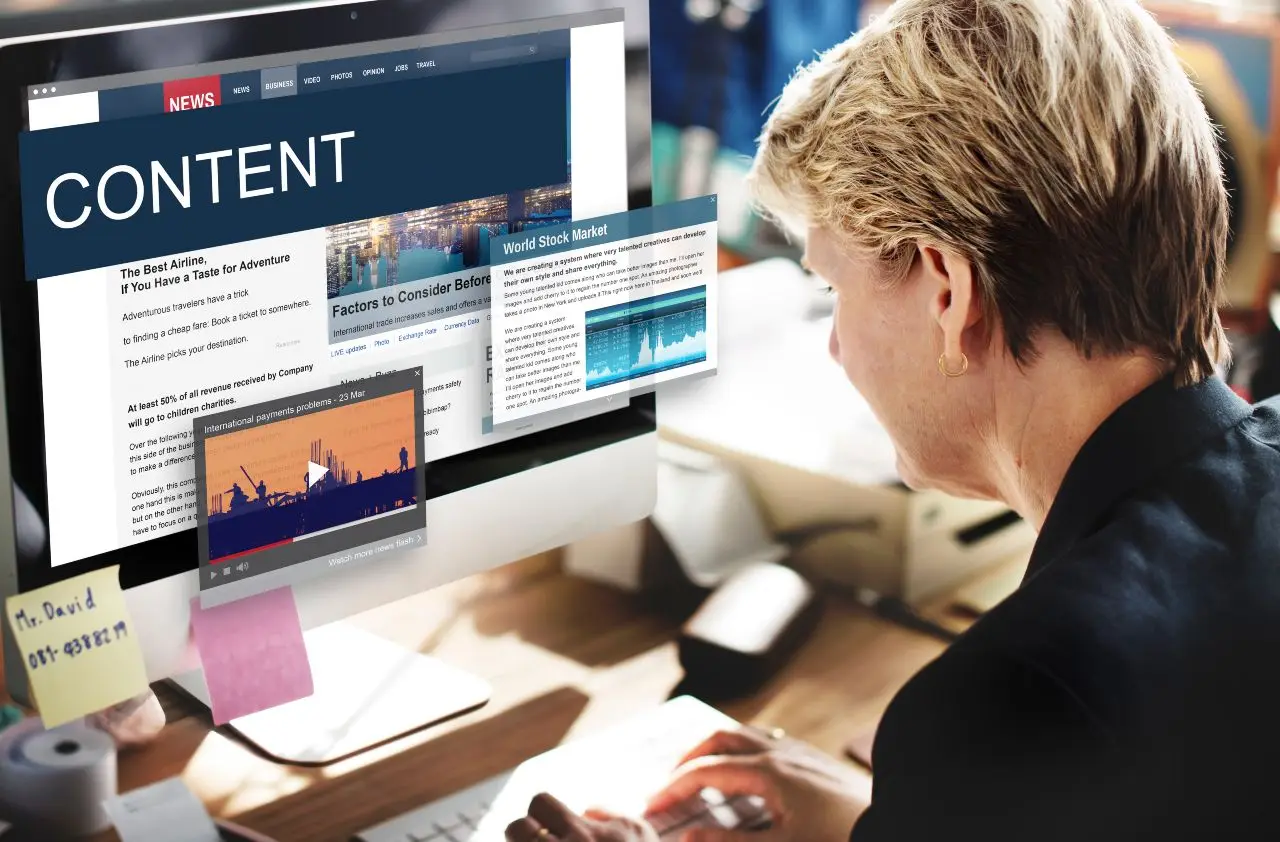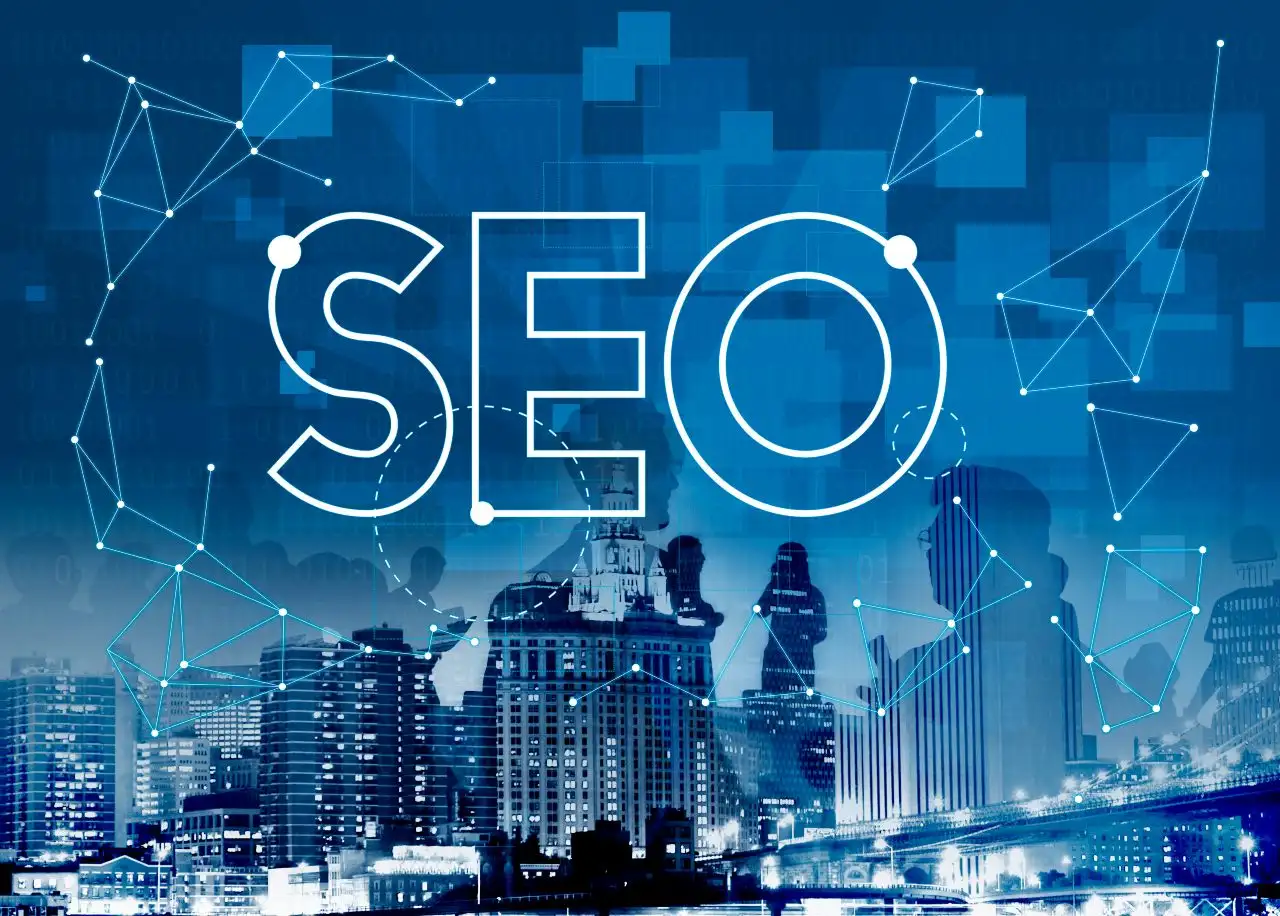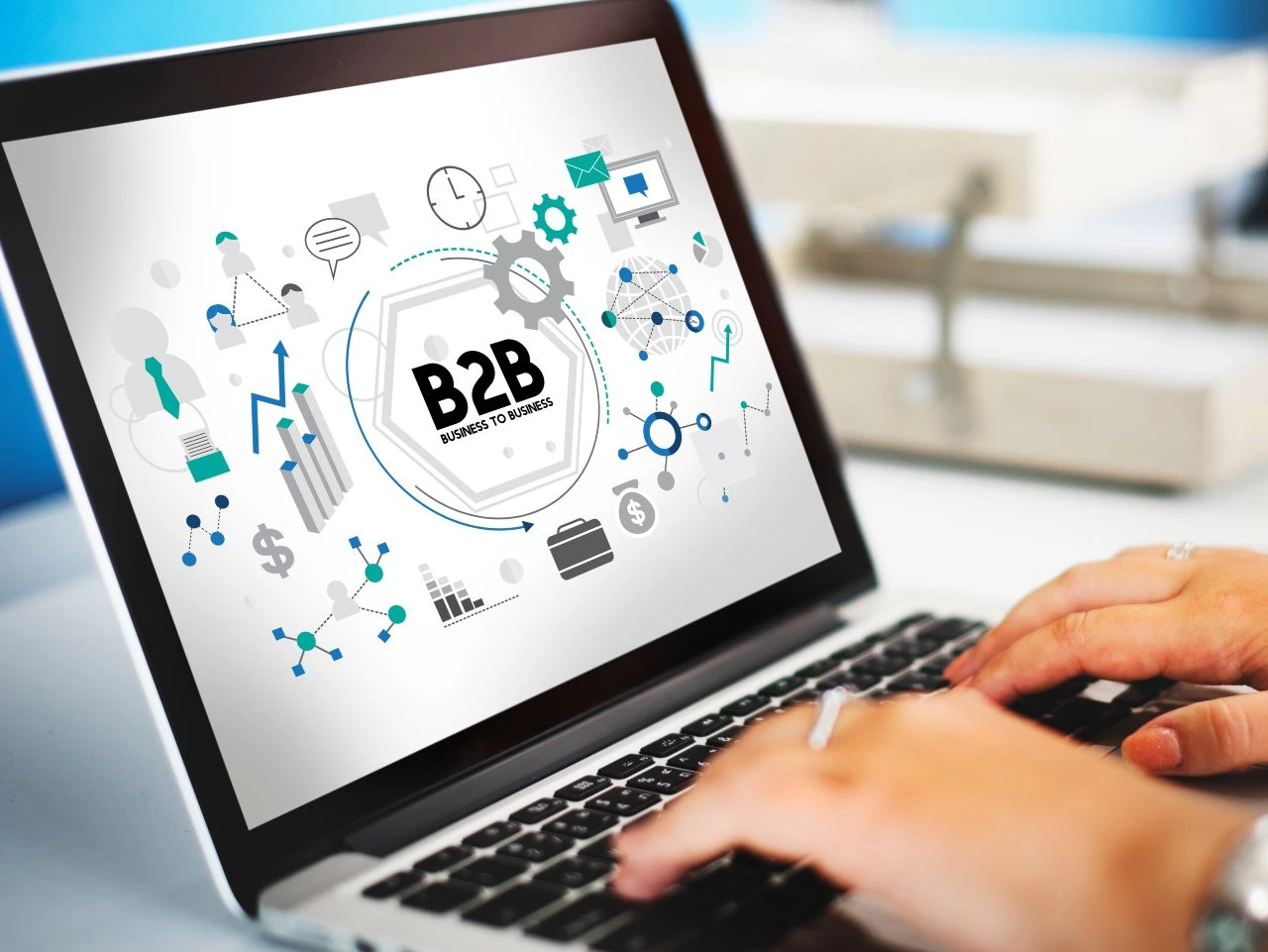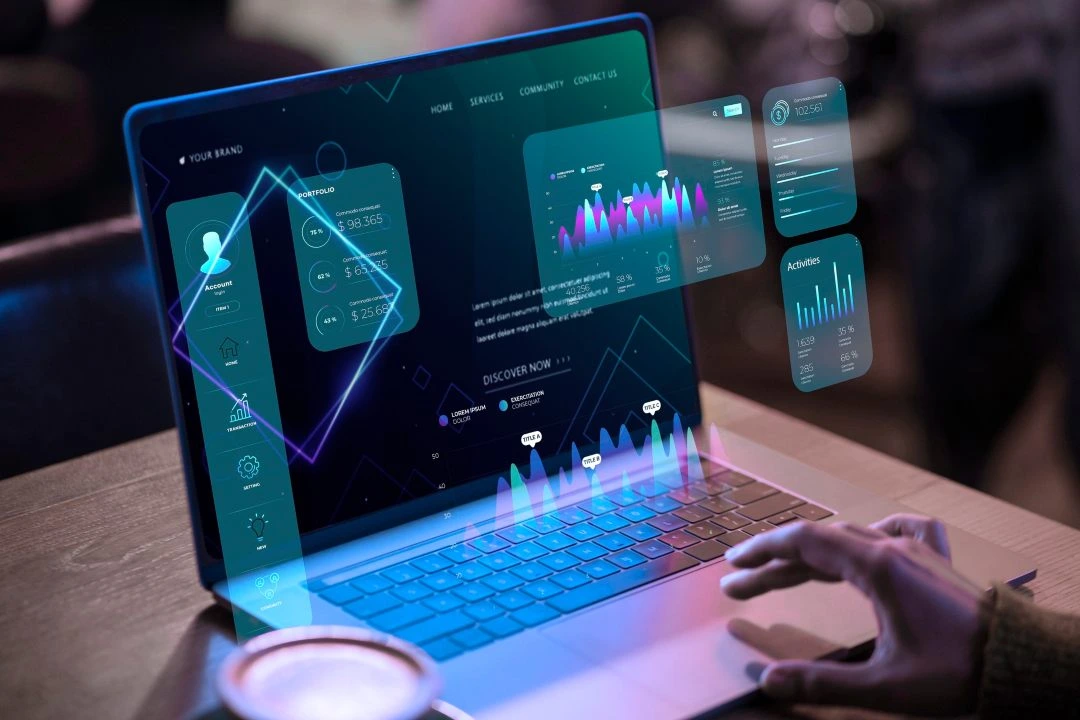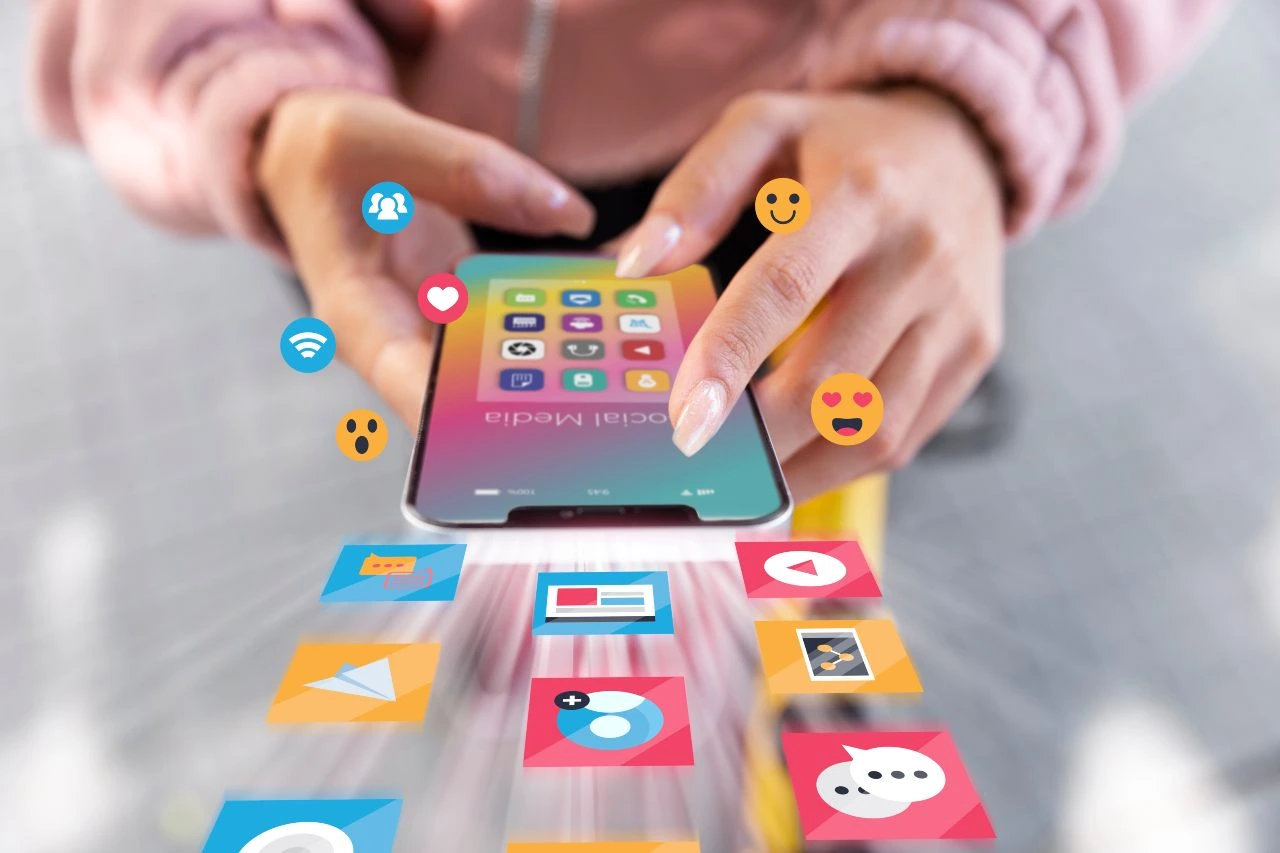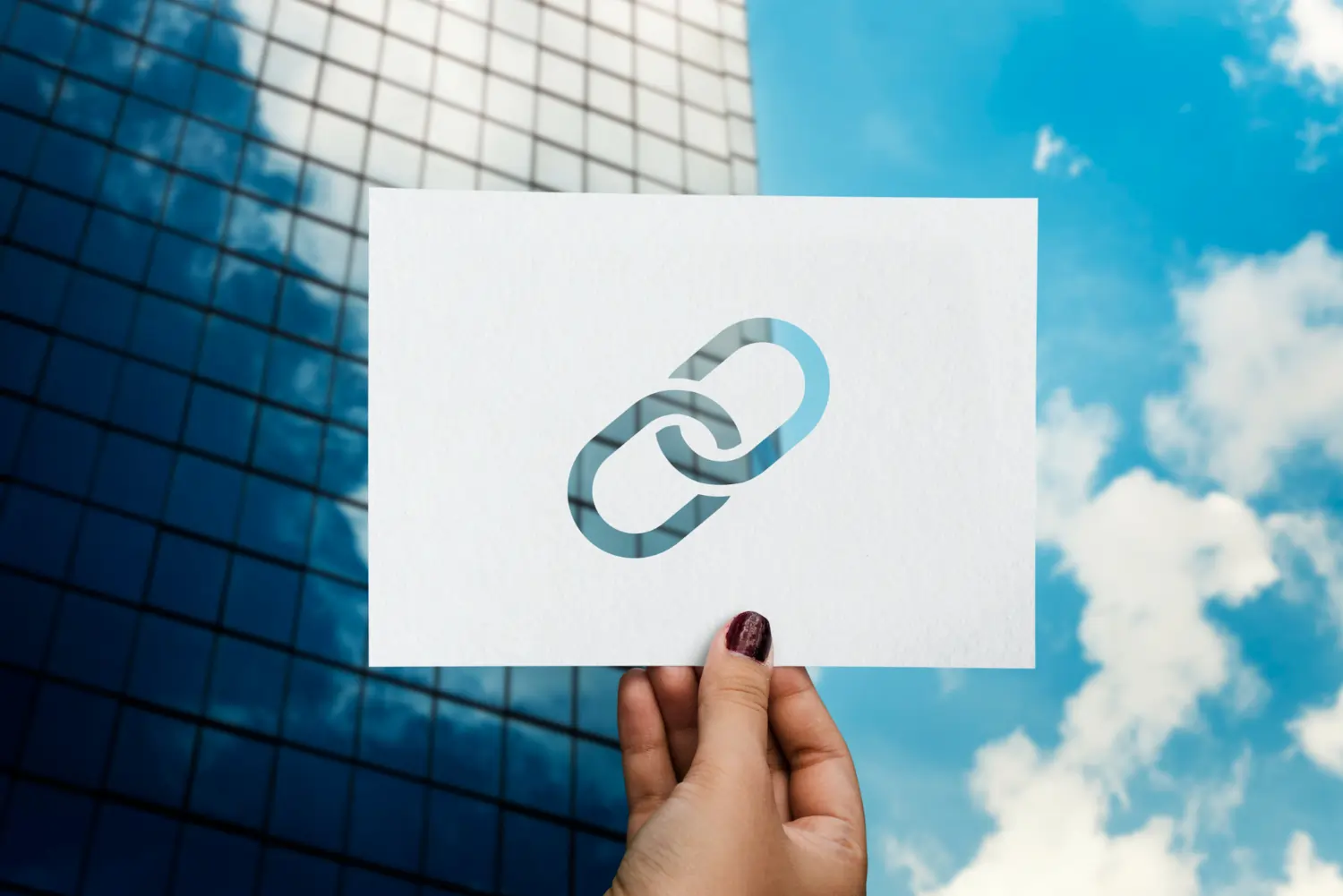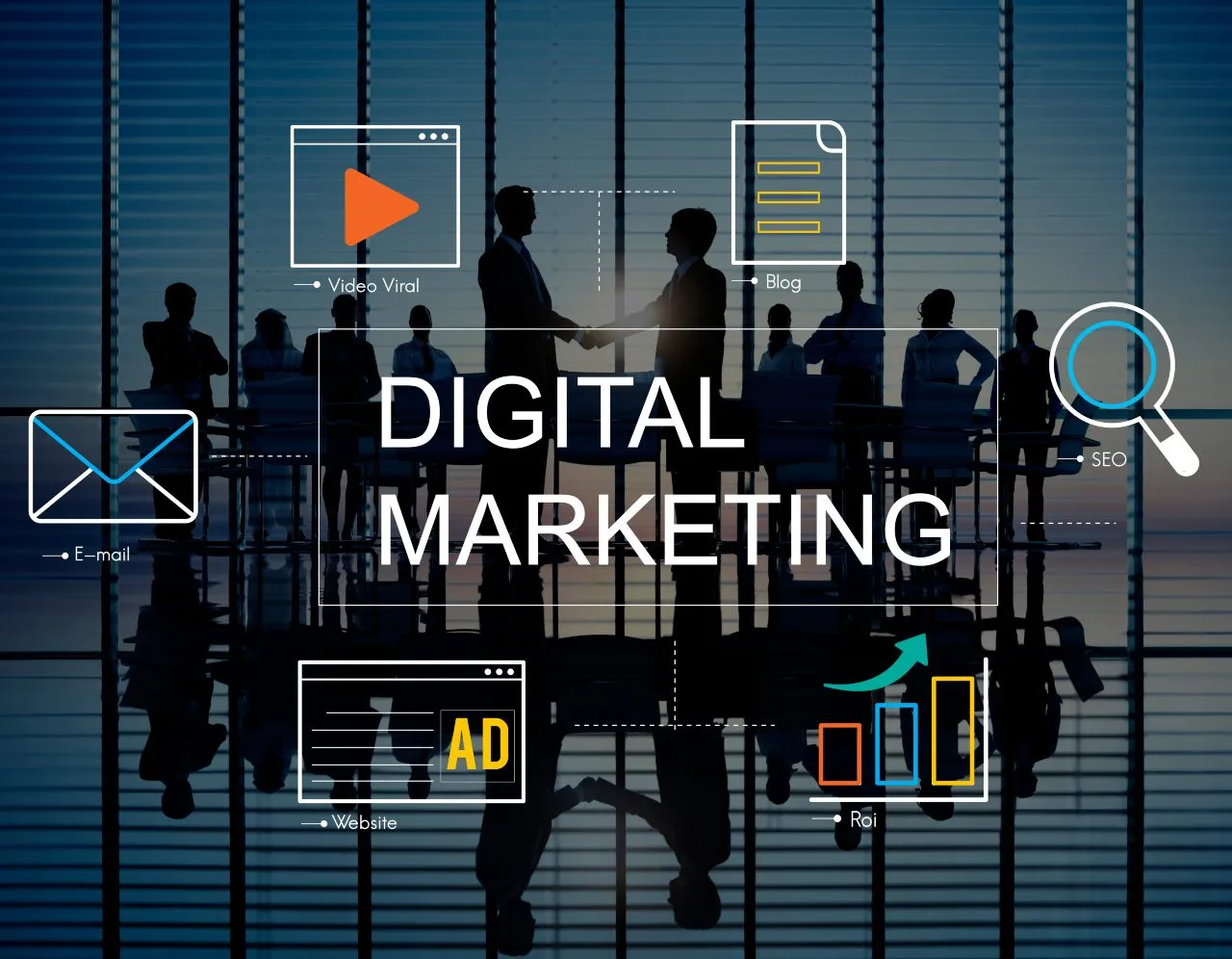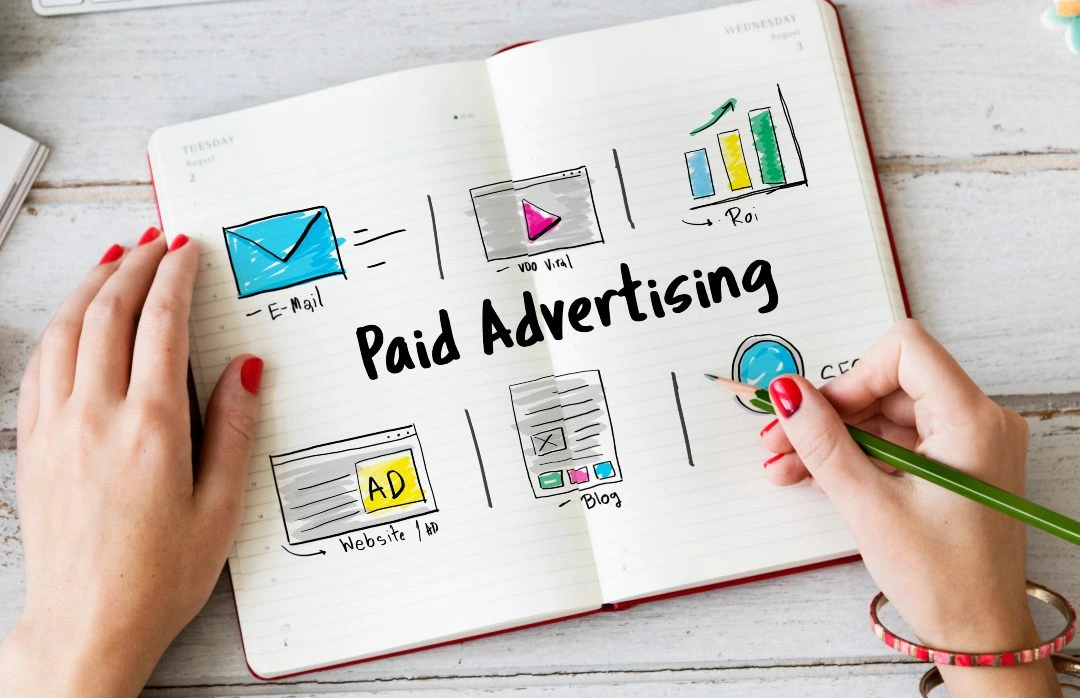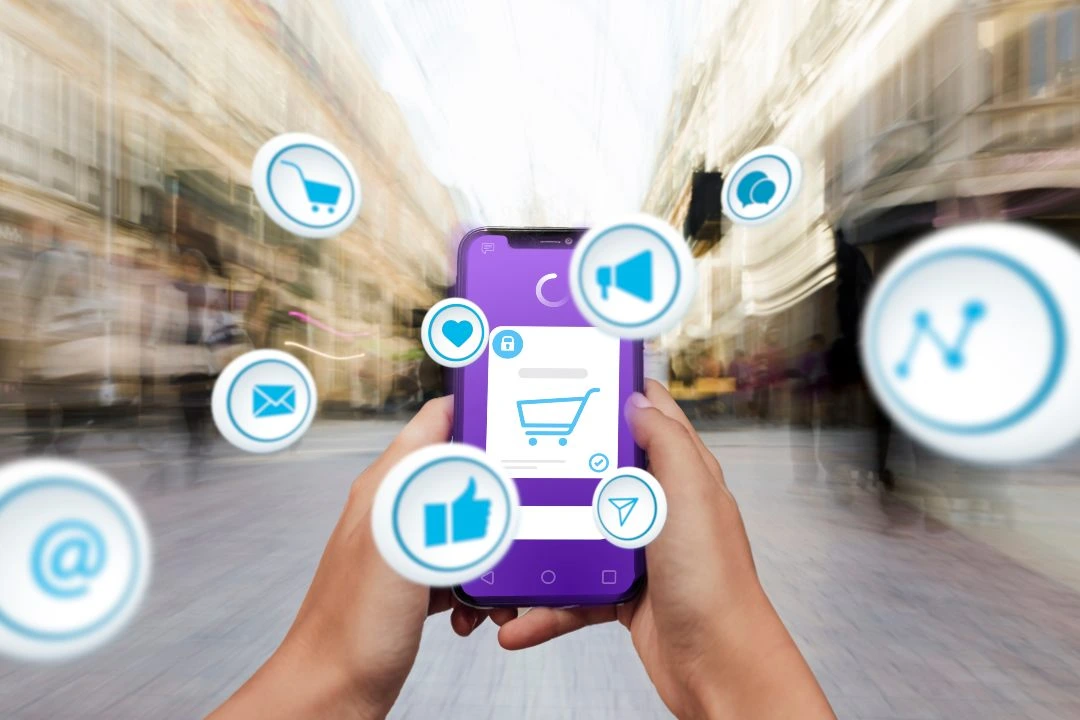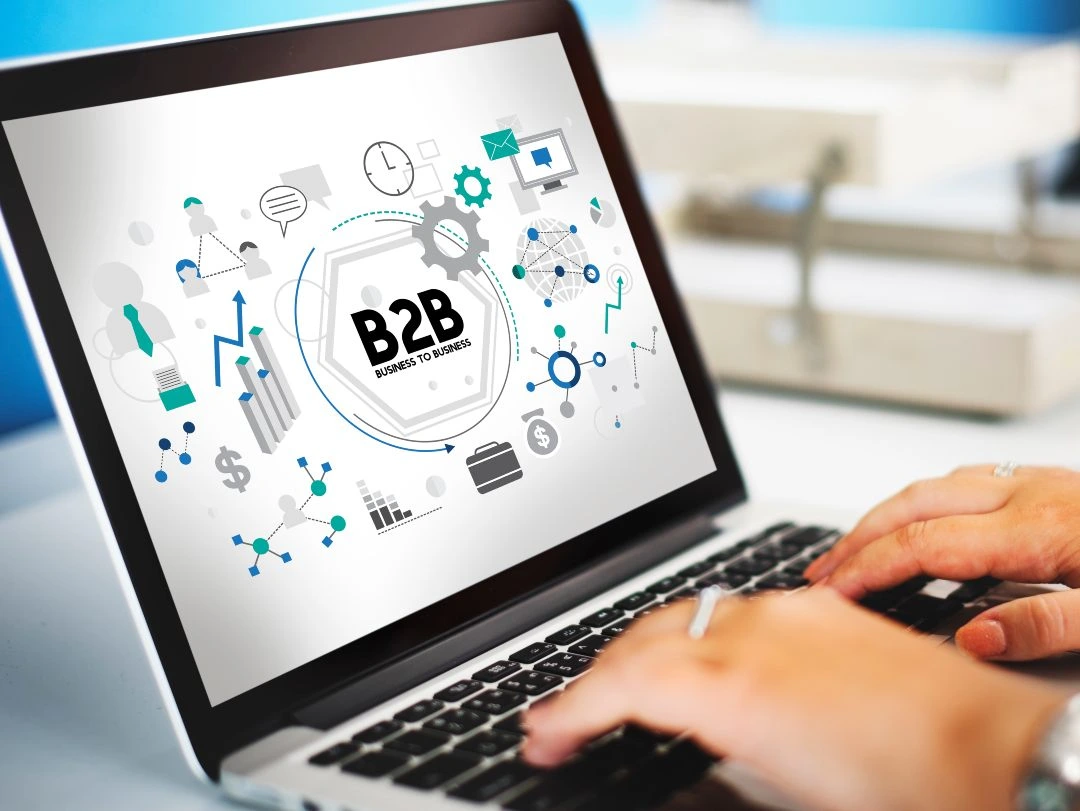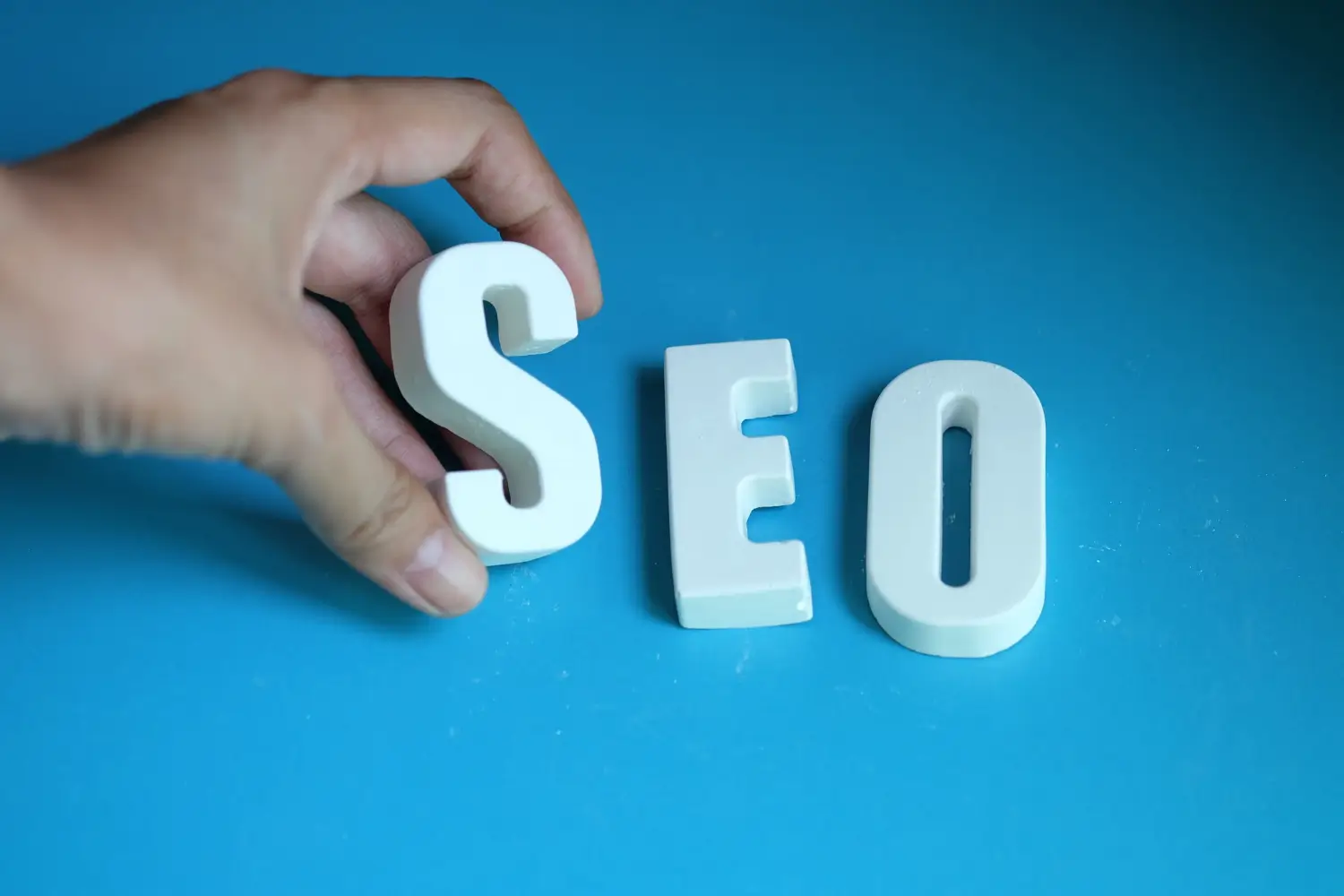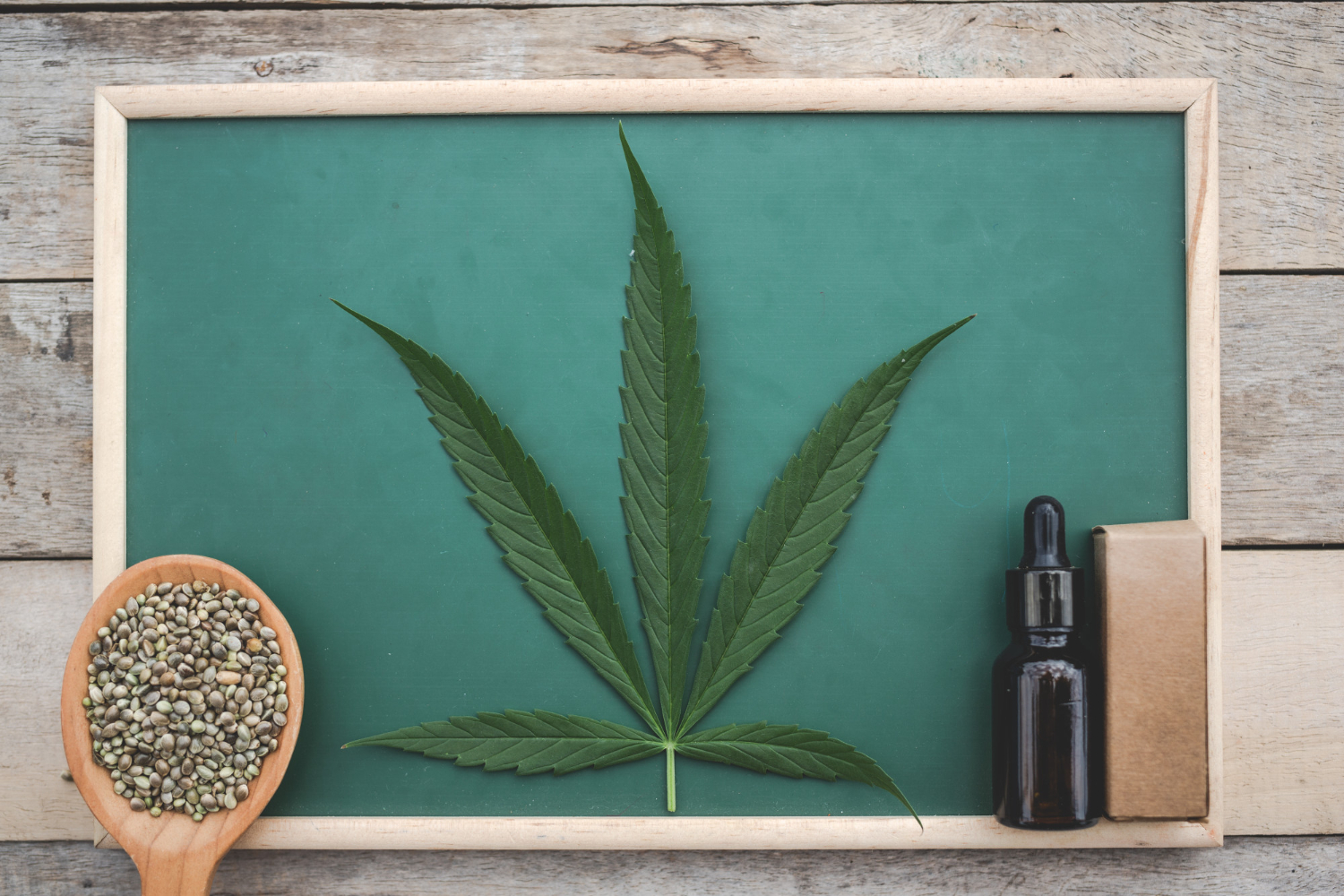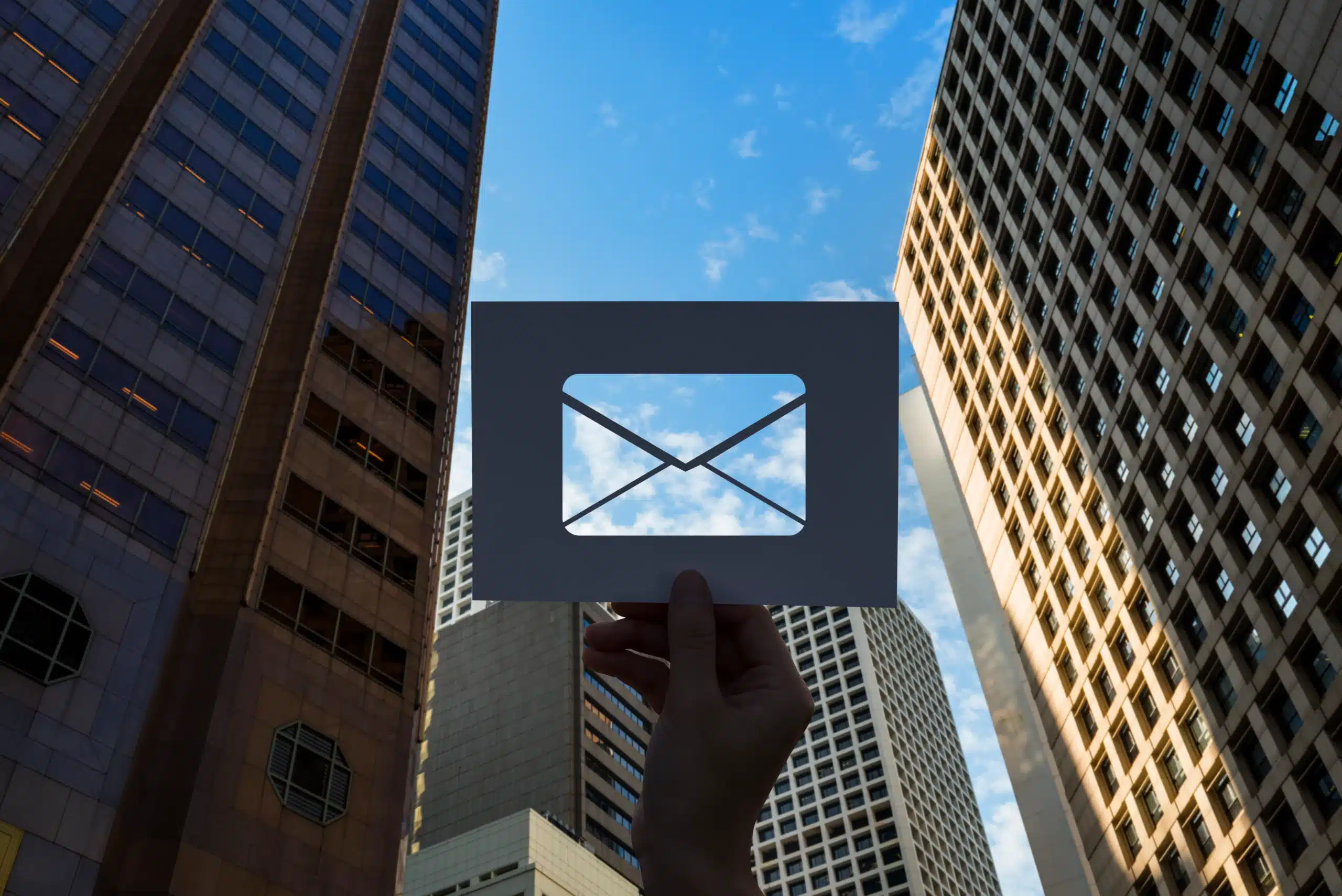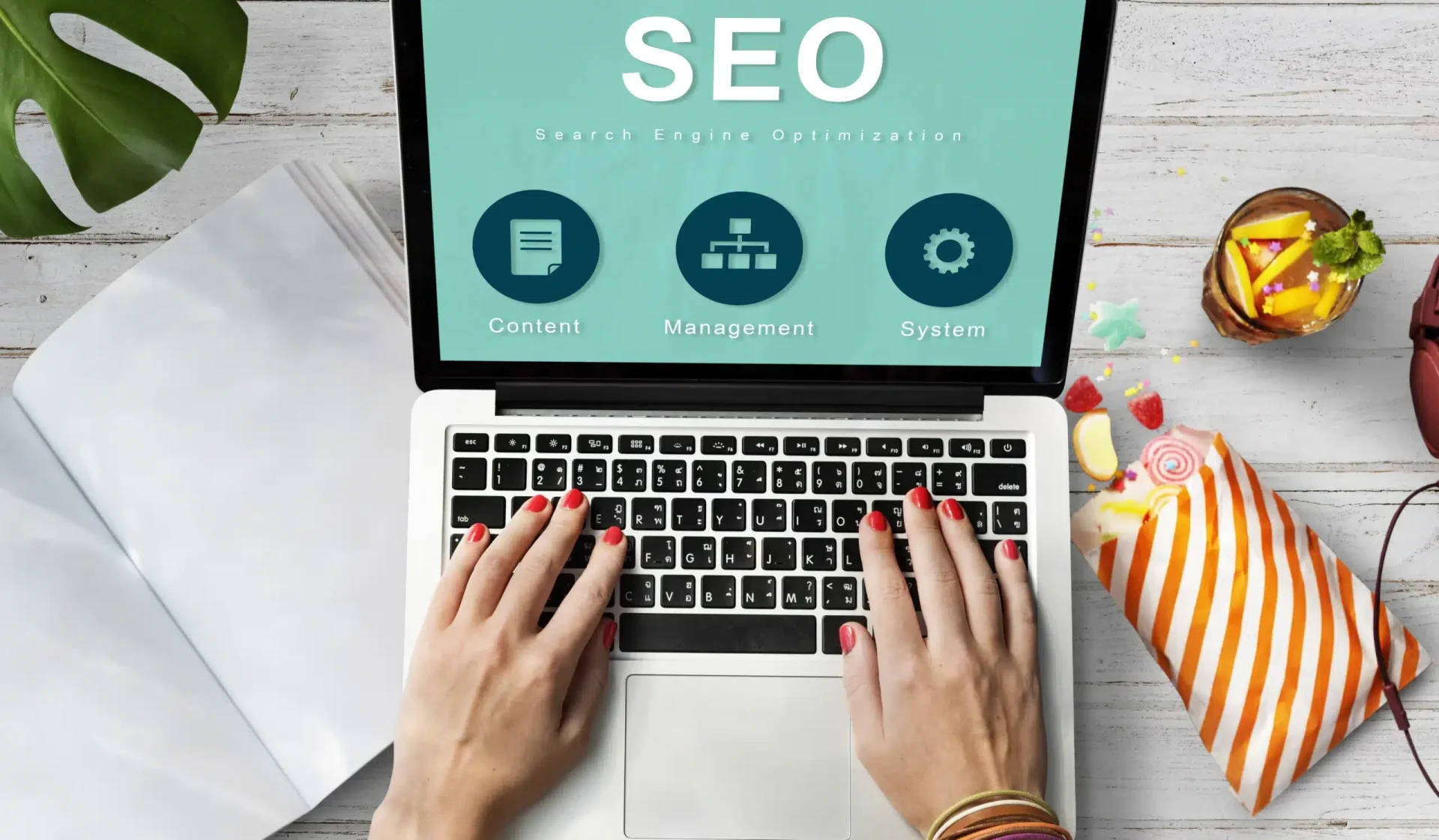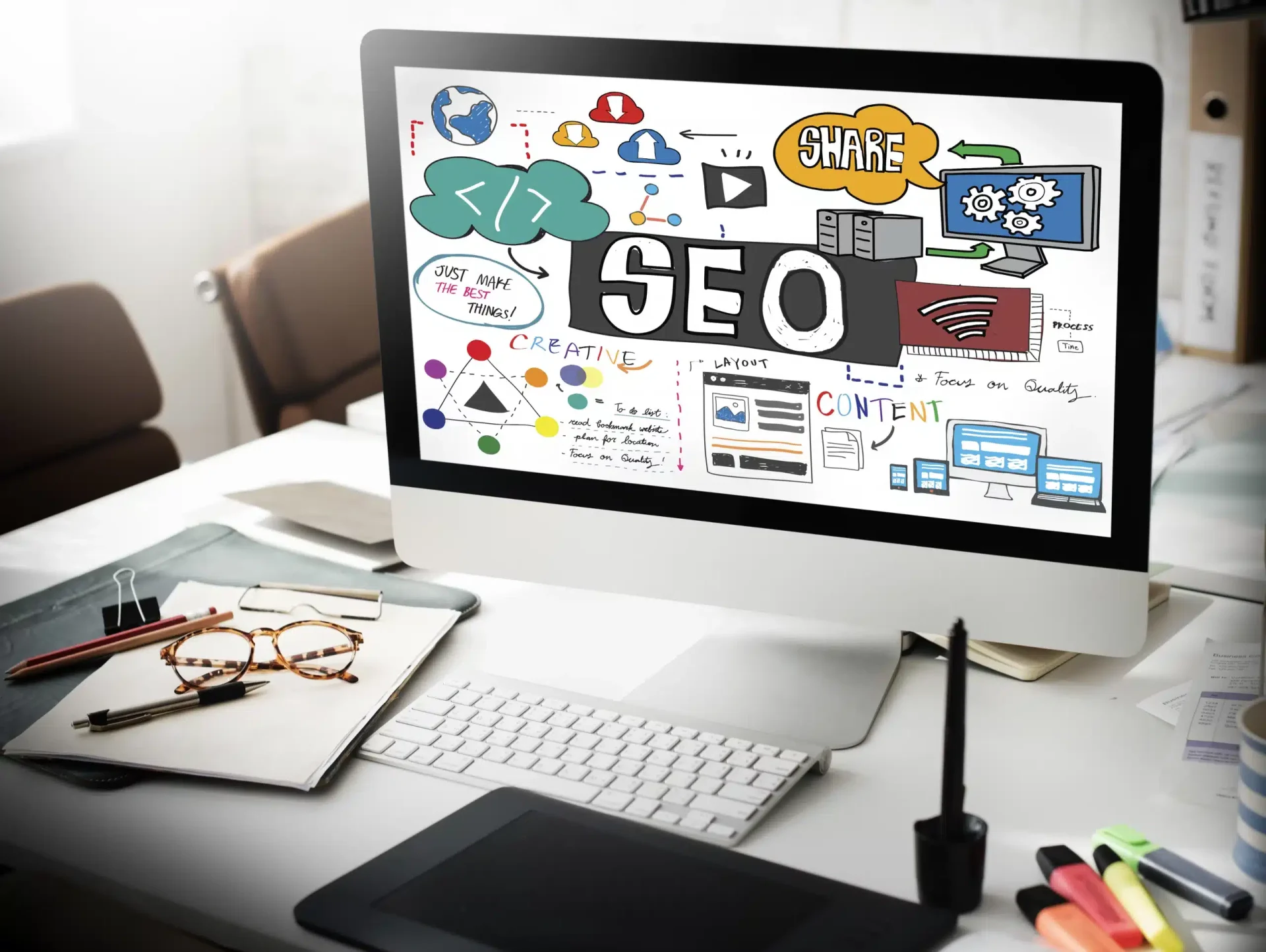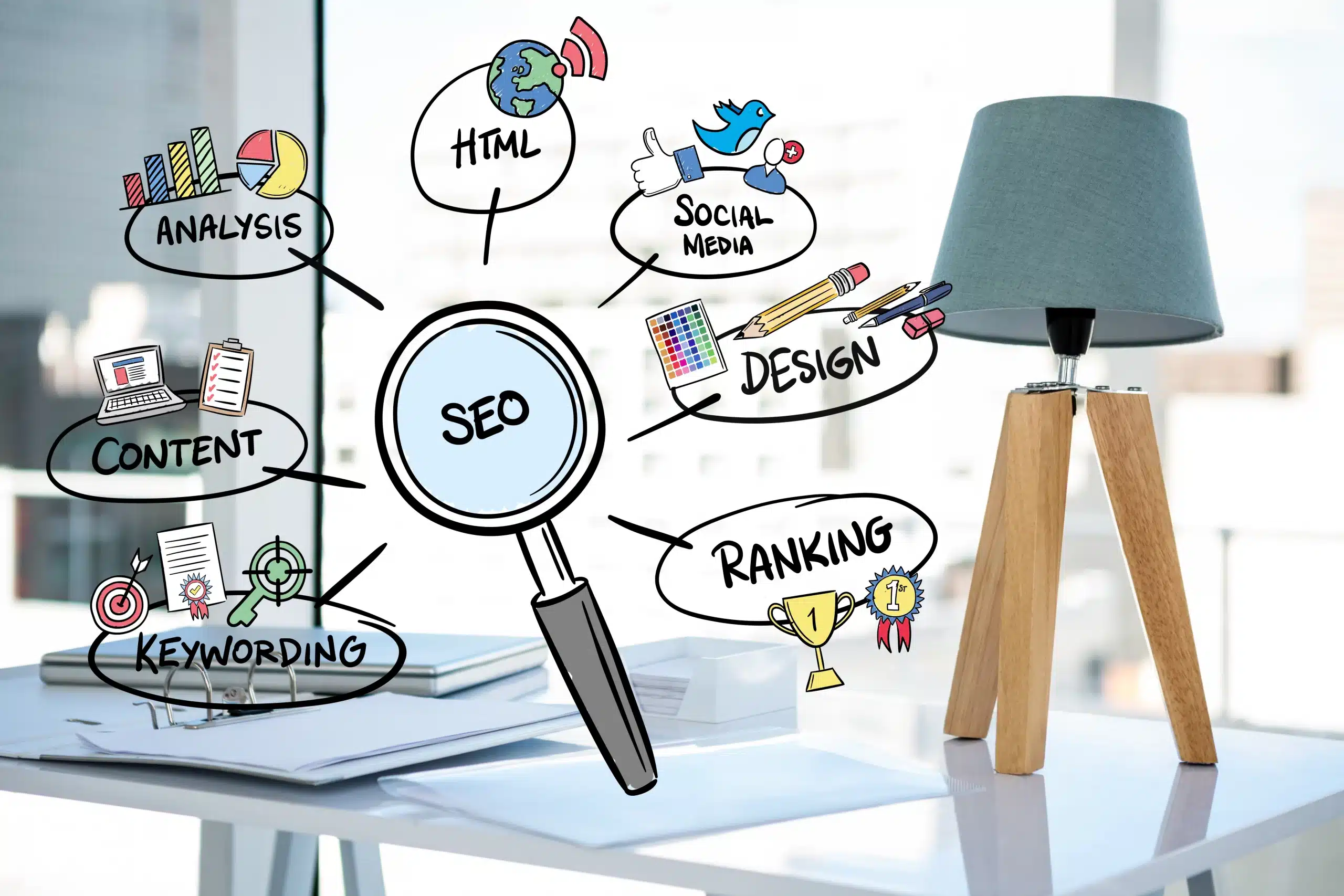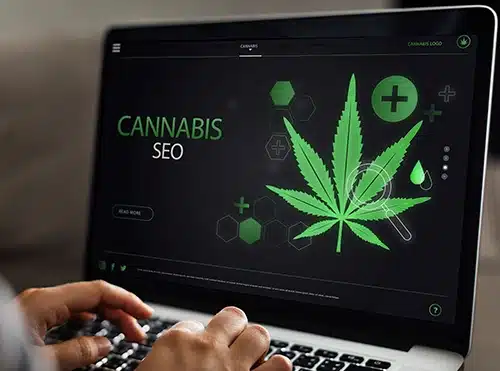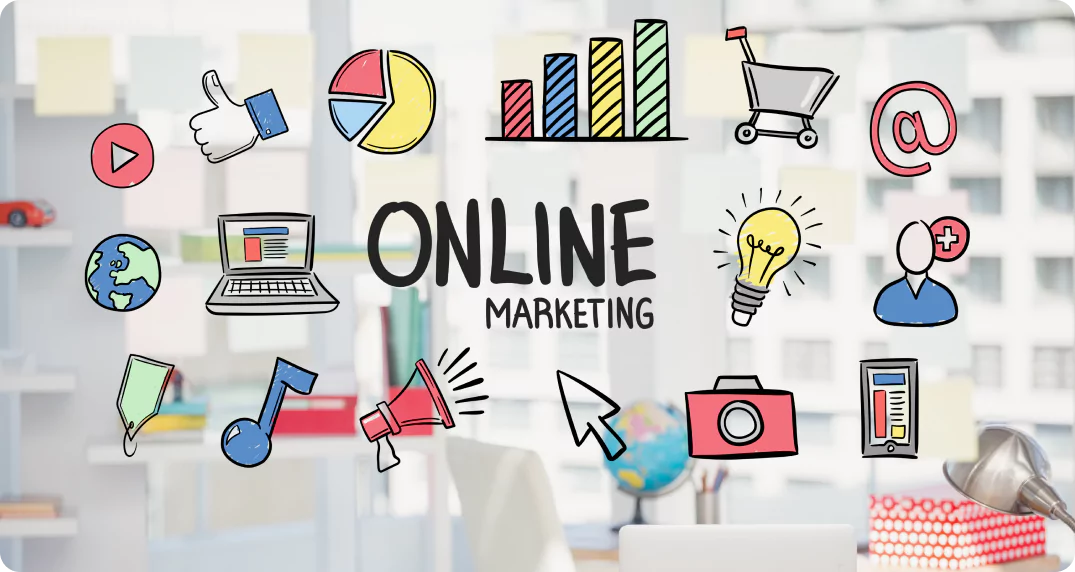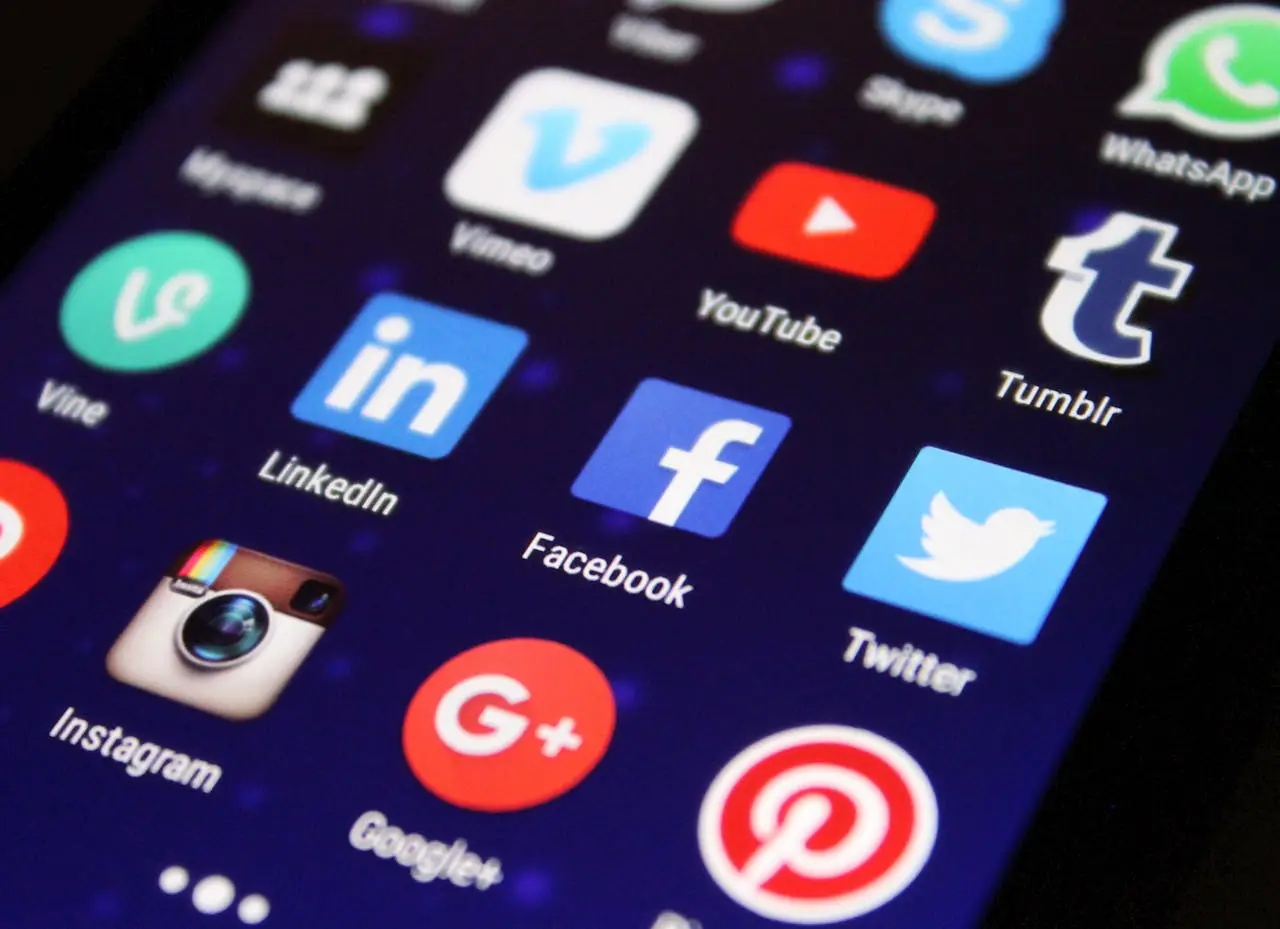Listen to article
What are the AI marketing trends 2026 that will truly define success, and which are merely fleeting buzzwords? How can businesses leverage AI not just for efficiency, but for creating deeper, more meaningful customer experiences?
In this article, we’ll explore the key AI marketing trends poised to dominate in 2026. From predictive marketing and hyper-personalization to AI-driven advertising and enhanced customer service, we’ll guide you through the strategies, statistics, and insights you need to stay ahead in this rapidly evolving landscape, and harness the power of AI performance marketing.
How Marketers Are Embracing AI—And What’s Driving the Acceleration
For marketers, the AI tipping point has arrived sooner than many anticipated. What was once considered forward-thinking is now quickly becoming the baseline. Brands across industries are leveraging AI not just to automate tasks, but to uncover growth opportunities, personalize at scale, and unlock valuable insights. This widespread shift is being driven by proven ROI and intense market competition, pushing marketing teams to adopt innovative tools to stay ahead.
- Nearly 60% of marketers are already incorporating AI into their marketing operations. Source
- Over 50% of marketing professionals plan to increase their investment in AI technologies within the next year, highlighting the growing confidence in AI’s ability to deliver measurable results. Source
What’s especially significant about these adoption numbers is that they signal a shift from skepticism to strategic trust. AI is no longer viewed as just a nice-to-have experiment—it’s a competitive necessity. As more marketers increase AI budgets and integrate advanced capabilities, expect to see an even more pronounced divide between early movers and laggards in the industry. Those who harness AI’s potential will set new benchmarks for creativity, efficiency, and campaign performance.
Pro Tip:
To make the most out of your AI investments, audit your current marketing stack for gaps and overlaps. Focus on solutions that integrate seamlessly and provide analytics to measure value—this clarity will help you scale AI initiatives with confidence.
Surging Investments Are Reshaping Marketing Budgets
Forward-thinking brands aren’t just dabbling in AI—they’re rapidly scaling their investments to keep up with a landscape where data-driven insights and automation are setting new standards for marketing results. Increased marketing spend isn’t simply about adopting tools; it reflects a broader shift toward intelligent systems that empower creative teams to work smarter, not harder.
- The global market share for AI in marketing is forecasted to soar to USD 47 billion by 2025, with a remarkable leap to USD 107 billion predicted by 2028. Source, Source
- Marketing budgets are set to grow by 8.1% in 2026, reaching approximately US$1.27 trillion—much of this fuelled by investment in AI and cutting-edge tech. Source
- Businesses are re-calibrating their strategies, allocating increasingly larger shares of their resources to AI-powered solutions that deliver hyper-personalization and operational efficiencies not previously possible. Source
Flush with new funding, AI is unlocking opportunities that were once out of reach for many companies. Yet, as these budgets expand, it’s not just about buying software but re-imagining processes, building AI-savvy teams, and creating a culture that embraces experimentation and agility.
Pro Tip:
To stay ahead, adopt a test-and-learn mindset with AI-enabled tools, piloting solutions in select campaigns before scaling success across the organization. Prioritize upskilling your team to foster the human intuition and creativity that ensures your AI investments produce genuine business impact.
Generative AI: Transforming B2B Marketing Efficiency and Creativity
AI is quickly shifting from being a buzzword to an indispensable tool in B2B marketing toolkits. Rather than simply automating repetitive tasks, cutting-edge AI—especially generative AI—is empowering marketers to accelerate innovation and focus on high-impact strategies. This wave of adoption isn’t just about efficiency; it’s fundamentally altering how campaigns are conceptualized, executed, and optimized for business impact.
- Half of B2B marketing leaders are already leveraging AI solutions, and an impressive 75% intend to implement generative AI for business promotion as AI-powered advertising rises in prominence. Source
- 57% of B2B organizations are using generative AI to boost content production, enabling teams to scale output while reallocating talent toward strategic priorities. Source
- 41% of marketers are tapping generative AI to design more creative campaigns, while 35% deploy it to distinguish themselves in crowded, competitive spaces. Source
The AI revolution in B2B marketing is not just about keeping pace with technological progress—it’s now a prerequisite for standing out in the market. Teams equipped with AI tools are unlocking greater efficiency and unleashing breakthrough creativity, raising the bar for what “good” looks like in campaign strategy. As investment in AI continues to surge, the competitive gap between tech-savvy marketers and laggards will only widen.
Pro Tip:
Don’t wait for a perfect AI strategy before adopting these tools. Start with pilot projects—experiment with generative AI for content, creative testing, or campaign analysis and quickly iterate based on results. This agile approach will help your team develop in-house AI expertise before these technologies become industry table stakes.
Measurable Gains: How AI Drives Marketing Success
The age of AI-powered marketing is no longer hypothetical—savvy teams are capturing real-world growth, efficiency, and profitability by putting intelligent technologies to work. Instead of being a futuristic buzzword, AI is now delivering concrete value that reshapes what’s possible for marketers under increasing pressure to prove ROI.
- Organizations implementing AI-powered marketing strategies are experiencing a significant 25% increase in qualified leads, giving sales pipelines a sharp competitive edge. Source
- 61% of businesses utilizing AI in their marketing efforts report measurable ROI growth—a strong indicator that AI is evolving into a core driver of performance, not just an experimental accessory. Source
- Leveraging AI for customer retention strategies correlates with a 10% lift in repeat revenue, highlighting AI’s influence throughout the full customer journey. Source
- Fully integrated AI systems are projected to help companies surpass their competitors by as much as 35% in acquisition efficiency and overall marketing ROI. Source
- Sales professionals using AI tools are 3.7 times more likely to reach their quotas. Source
- Marketing experts are enthusiastic adopters: 76% say AI boosts productivity and 52% recognize AI’s ability to enhance customer engagement. Source, Source
The momentum is unmistakable: AI isn’t just cutting costs—it’s amplifying results and helping marketers punch above their weight. Those that move early and invest with intention are building durable advantages in customer acquisition, retention, and measurable performance gains.
Pro Tip:
Maximize your AI investment by treating it as a strategic partner, not just a digital add-on. Take time to integrate AI insights into cross-functional workflows and focus on continuous learning—your team will unlock value faster, and you’ll future-proof your marketing toolkit for what comes next.
How AI Is Reshaping the Marketing Playbook—From Automation to Visual Storytelling
AI’s presence in marketing has gone from cutting-edge to core, driving major shifts in daily workflows and reimagining how teams brainstorm, produce, and deploy campaign materials. Forward-thinking marketers increasingly rely on generative tools not just to automate mundane tasks, but to spark inventive content strategies, streamline production cycles, and unlock visual storytelling at a pace never seen before.
- By 2026, an estimated 85% of marketers will leverage AI to create campaign assets, signaling a seismic shift in how creative is conceived, assembled, and scaled. Source
- As of 2025, AI adoption is becoming the standard across varied marketing functions: 76% of marketers use AI for content and copy creation, 71% for creative ideation, 63% for market analytics, and 62% tap AI for image generation. Source
- Generative AI stands out as the foremost martech trend for 2026, with pervasive platforms like ChatGPT and DALL-E enabling brands to rethink their approach to every piece of digital content. Source
- The industry has rapidly graduated from early applications like Alibaba’s basic copy generator in 2018 to today’s sophisticated tools, which are deeply woven into marketers’ daily content workflows. Source
- OpenAI’s Sora model signals the next leap, promising to turn simple text prompts into vivid, production-quality video—opening doors for marketing teams to craft immersive narratives without the lengthy timelines or budgets of traditional video production. Source
The pace of AI’s adoption isn’t slowing—if anything, it’s accelerating as marketers recognize its power to both automate and elevate. The real advantage, however, goes beyond speeding up processes; it lies in the synergy of human strategic vision and AI-driven execution. Brands that blend AI’s technical muscle with authentic creative input are positioned to produce campaigns that are not just efficient, but also distinctly memorable.
Pro Tip:
Consider building “AI sprints” into your creative process—set aside time to let AI generate options and insights before your team applies its unique voice and expertise. This hybrid workflow can quickly surface unexpected ideas while still ensuring your brand’s message and values remain at the forefront.
How AI is Reshaping Predictive Analytics and Hyper-Personalization
AI’s rapid strides have taken predictive marketing from a future promise to a current necessity. With shifting privacy regulations and rising consumer expectations, the ability to truly understand and anticipate audience intent has become a linchpin for marketing success. Brands harnessing AI aren’t just reacting to what customers do—they’re proactively creating the experiences customers want before those needs are even expressed.
- AI and machine learning technologies are empowering advertisers to analyze massive datasets and extract valuable insights into user preferences, behaviors, and intent, enabling more precise and targeted advertising campaigns. Source
- 67% of B2B companies are now utilizing AI for product recommendations, while 42% leverage the technology for both pricing optimization and customer segmentation strategies. Source, Source
- Companies implementing dynamic content powered by AI are experiencing 42% higher conversion rates, demonstrating the tangible benefits of personalization. Source
- Dynamic video advertising will see significant growth, with AI enabling content that automatically adapts to reflect viewers’ interests, past purchases, and demographic information. Source
- 69% of marketers express excitement about the integration of AI into their marketing strategies, indicating widespread recognition of its transformative potential. Source
The accelerating adoption of AI in marketing signals a pivotal industry shift: solutions are expected to be both targeted and anticipatory, with seamless personalization at every touchpoint. As predictive analytics become more sophisticated, marketers gain a powerful edge—streamlined campaign performance, adaptive offers, and indispensable customer insights. The real competitive differentiator lies in leveraging AI not just for automation, but for crafting moments of relevance that feel uniquely human.
Pro Tip:
To unlock the full potential of AI-driven personalization, regularly audit your customer journeys for moments where human insight can add emotional resonance. Let the algorithms optimize, but reserve space for creativity and empathy—your brand’s voice is still your greatest asset.
The Rising Impact of Conversational AI on Customer Relationships
The way businesses connect with customers is undergoing a dramatic upgrade—thanks to highly advanced AI conversational platforms. These solutions are no longer limited to basic question-and-answer responses; instead, they serve as powerful partners that anticipate user needs, capture intent, and deliver contextually relevant support at scale. Forward-thinking brands are embedding these AI tools across touchpoints, reimagining what it means to be available and helpful, day or night.
- 57% of B2B marketers in the United States have already folded AI chatbots into their demand generation initiatives, unlocking deeper audience insights. Source
- Among U.S. B2B marketers using chatbots, 26% saw a 10-20% increase in lead generation volumes, highlighting measurable performance gains. Source
- By 2026, generative AI-powered chatbots are projected to deliver advanced natural language skills and resolve more complex, nuanced customer interactions than ever before. Source
- 73% of consumers anticipate that AI will elevate the quality of customer service, signaling growing trust and expectations toward AI-enabled experiences. Source
- Beyond basic chat functions, 46% of B2B companies have adopted AI-powered virtual assistants to streamline interactions throughout the buying journey. Source
The momentum behind AI-driven conversational experiences isn’t just about faster answers—it’s about smarter, richer relationships at every step of the customer journey. Businesses are using these interfaces to personalize solutions, proactively resolve issues, and create frictionless engagement that feels uniquely tailored. For organizations looking to fully capitalize on these innovations, partnering with an AI digital marketing agency can offer critical guidance and implementation expertise to ensure AI enhancements deliver measurable growth.
The organizations that thrive will view AI as an augmentation layer, empowering teams to devote more effort to high-value or emotionally sensitive conversations.
Pro Tip:
Blend the efficiency of AI with a human touch by mapping out clear escalation paths—ensure that when an issue goes beyond the capabilities of your chatbot or virtual assistant, customers seamlessly transition to a skilled human agent. This hybrid approach maximizes trust, satisfaction, and loyalty in an AI-empowered service landscape.
AI-Driven Search and Conversational Marketing
The way consumers search for and interact with brands is undergoing a profound transformation powered by artificial intelligence. Voice search, AI-generated search results, and conversational interfaces are reshaping the digital marketing landscape for 2026. Since AI-Powered Conversational interfaces are already mentioned, this section will focus on search.
- Voice search continues its upward trajectory, particularly with the increased usage of smart speakers in the UK and globally. This shift is compelling brands to optimize their content specifically for voice queries, which differ significantly from traditional text-based searches.
- Google’s AI Overviews (formerly Search Generative Experience) are transforming search results pages by providing AI-generated answers above traditional organic listings. While initially appearing for 84% of search queries during beta testing, this has been scaled back to approximately 7% of queries in the public release, likely to reduce instances of misinformation.
The evolution of search represents both challenges and opportunities for marketers in 2026. Organizations must adapt their SEO and content strategies to accommodate voice search patterns and AI-generated results. Success will depend on understanding the nuances of these technologies and creating content that resonates with both human users and AI systems.
Pro Tip:
Focus on developing content that answers specific questions naturally and conversationally to perform well in both voice search and AI-generated search overviews.
Surge in AI Marketing Investment and Industry Shifts
AI-driven marketing has swiftly moved past the novelty stage, accelerating into a multi-billion-dollar industry as businesses scramble to harness its capabilities for better targeting, automation, and customer experience. With mounting pressure to deliver ROI and outpace competitors, decision-makers are doubling down on solutions that blend big data, machine learning, and automation. The following figures highlight just how profound this industry pivot has become:
- By 2028, the AI in marketing sector is projected to reach a staggering valuation of more than $107.5 billion, representing one of the fastest-growing segments within the broader marketing technology landscape. Source
- The broader global artificial intelligence market is on an even more impressive trajectory, expected to reach $407.0 billion by 2027, growing at a compound annual growth rate (CAGR) of 36.2% from 2022 to 2027. Source
- The year 2025 has been described as the turning point where AI performance marketing evolved “from experiment to ecosystem”, setting the stage for its projected dominance in 2026. Source
The rapid infusion of capital and innovation into AI marketing underlines a broader industry trend: marketing leaders see AI not just as an operational upgrade, but as a foundation for reinventing core business strategies. This is ushering in a future where data-driven, predictive, and hyper-personalized experiences become the standard. Companies trying to stay ahead of the curve should consider ways AI is changing digital marketing to inform which strategies and platforms they prioritize for real, future-ready growth.
Pro Tip:
If you’re looking to leverage this momentum, don’t just invest in AI tools—prioritize platforms that integrate seamlessly with your tech stack and offer transparency in data handling. Forward-thinking companies will also dedicate resources to upskilling their teams, ensuring that human creativity and AI-powered intelligence work in tandem for maximum competitive advantage.
The New Era of AI-Powered Ad Platforms and Real-Time Algorithm Strategies
The boundaries between creativity and automation are blurring as advertising platforms invest heavily in next-gen AI. No longer just about automated bidding or basic targeting, today’s ad tech leverages predictive analytics, conversational interfaces, and rapid algorithmic updates to revolutionize how campaigns are deployed and optimized. For brands and agencies seeking an edge, mastering the interplay of these smart technologies is swiftly becoming mission-critical.
- Predictive bidding is set to transform by 2026, as advanced AI models will empower marketers to forecast ad auction outcomes with exceptional precision—supporting more judicious budget allocation and campaign performance. Source
- Google Ads has leaned heavily into AI for optimizing bidding strategies, ad relevance, and audience segmentation. Source
- Microsoft is stepping up its AI game with new tools like Conversational Ad experiences, Ads for Chat API, and deep Copilot integration. Source
- By 2025, a notable budget shift toward Microsoft is expected, driven by advertisers eager to tap into these advanced AI innovations and reach new market segments. Source
- Favoured forecasts 2026 as a tipping point where “AI performance marketing moves from theory to dominance”—signaling broad integration across the industry. Source
- Organizations adopting AI for marketing and sales have seen lead response times double in speed versus traditional tactics. Source
- AI-powered campaign optimization is driving up to 30% cost savings, allowing marketers to accomplish more with leaner budgets. Source
- More than 50% of agency marketers cite ongoing algorithm changes as their top hurdle for 2026—a sign of the escalating battle for top ad placement in an increasingly AI-centric landscape. Source
- Nearly 40% of agency professionals now prioritize adaptation strategies for AI-driven search, versus only 25% of their in-house counterparts—indicating agencies are often leading the charge in algorithmic agility. Source
As AI levels the technical playing field, differentiation will depend less on marketing spend and more on mastery over intelligent ad platforms. Faster, smarter adaptation to algorithm shifts isn’t just a box to check—it’s the key to maximizing ROI and sustained visibility as the rules of engagement are rewritten in real time. Those who embrace ongoing learning, test emerging predictive and conversational tools, and develop robust response plans for platform changes will set the pace as AI overtakes manual methods.
Pro Tip:
Empower your teams to experiment with beta features and regularly workshop campaign setups within both Google and Microsoft’s evolving AI toolkits. Embedding agility now will future-proof your media mix—and ensure you seize new audience opportunities as they emerge.
Unlocking Growth with Predictive AI and Real-Time Shopping
The fusion of predictive AI and interactive live commerce is rapidly reshaping the digital retail space. Brands are moving from static marketing tactics toward dynamic experiences that anticipate and respond to customer needs in real time—blurring the line between entertainment and shopping. For companies aiming to build loyalty and convert intent into sales, these innovations offer a distinct competitive edge far beyond traditional e-commerce models.
- Live commerce, enhanced by AI capabilities, is projected to account for up to 20% of all e-commerce transactions by 2026. This substantial share demonstrates the growing consumer preference for interactive, real-time shopping experiences powered by intelligent technologies. Source
- AI-powered predictive analytics are enabling marketers to anticipate customer needs and behaviors with increasing precision, allowing for proactive rather than reactive marketing strategies that deliver personalized experiences at scale. Source
What’s clear is that tomorrow’s most successful brands won’t just leverage AI for automation—they’ll use it to create highly responsive, immersive, and contextually relevant shopper journeys. As live commerce continues to gain steam and predictive analytics become more accessible, expect to see customer expectations rise right along with them. Brands that experiment early and invest in robust AI-driven infrastructure are poised to become tomorrow’s market leaders—while late adopters risk being left behind.
Pro Tip:
Get ahead by piloting AI-driven product recommendations and live stream shopping events now. Use feedback and performance insights to refine your approach, ensuring you’re well-placed to deliver seamless, personalized shopping experiences as the technology—and consumer appetite—expands.
Conclusion
As we venture closer to 2026, these AI marketing trends underscore a pivotal transformation in how businesses connect with their audiences. From predictive analytics and hyper-personalized advertising to AI-powered content creation and live commerce, the integration of artificial intelligence is reshaping marketing strategies at every level. Organizations that embrace these innovations are not only gaining operational efficiency but also driving measurable improvements in ROI, customer engagement, and competitive positioning.
However, the key to leveraging AI effectively lies in the balance—pairing cutting-edge technology with human creativity, strategic oversight, and authentic brand storytelling. Businesses that succeed in blending these elements will stand out in a digital ecosystem increasingly dominated by automation.
Now is the time to prepare for the next wave of AI-driven advancements. Ready to boost your traffic and grow your website? Your customers are looking for you, and our SEO services can help you be found across search engines. Let’s shape the future of your marketing strategy together!
Note: This blog’s images are sourced from Freepik.

